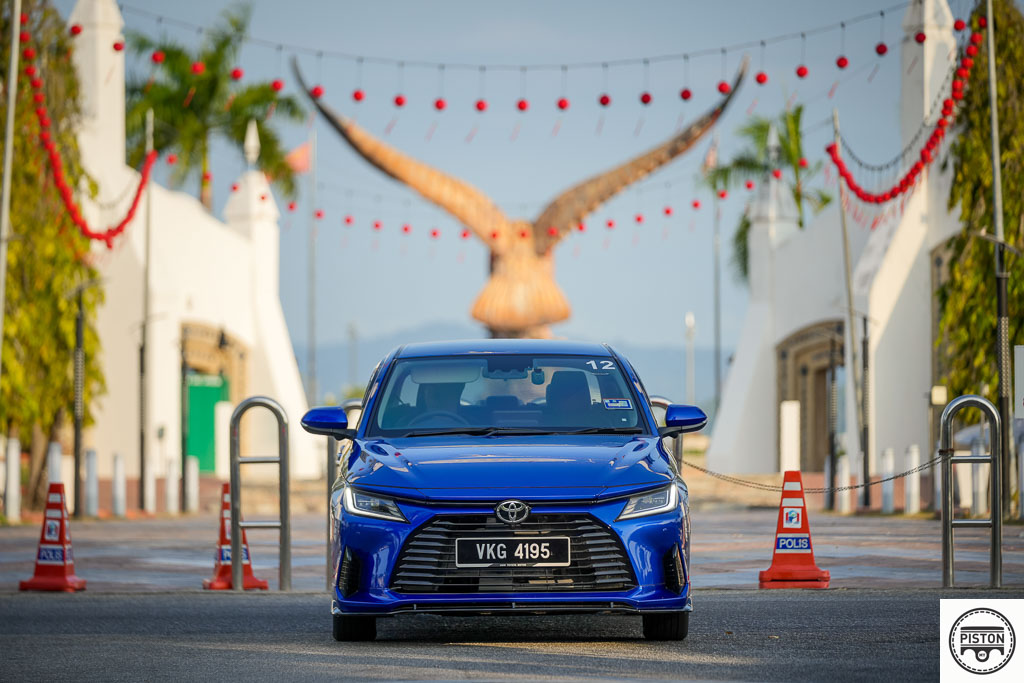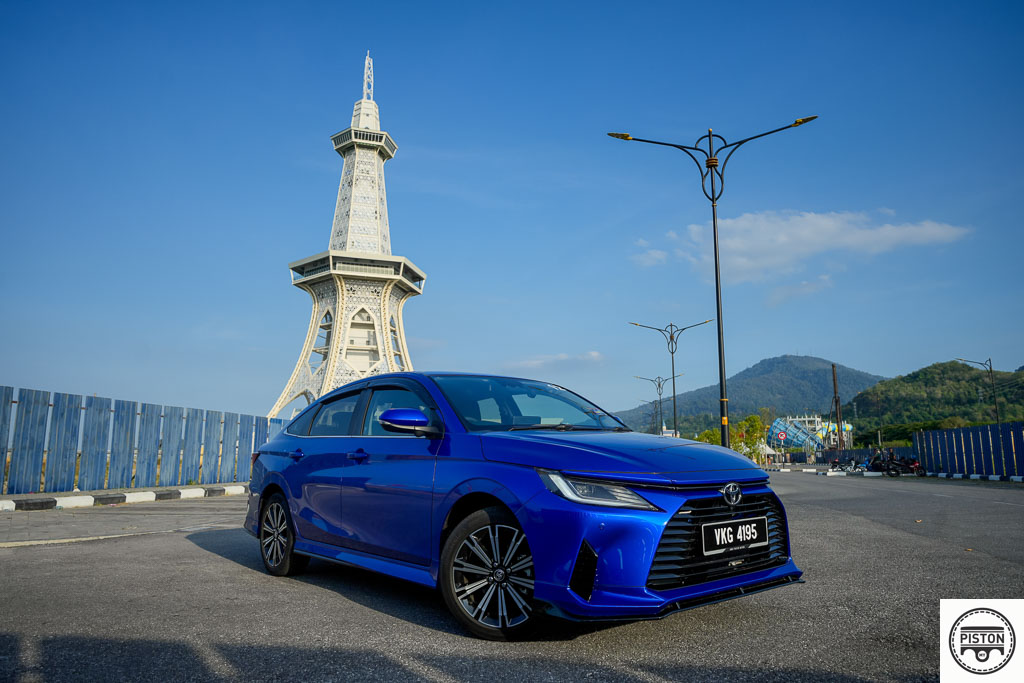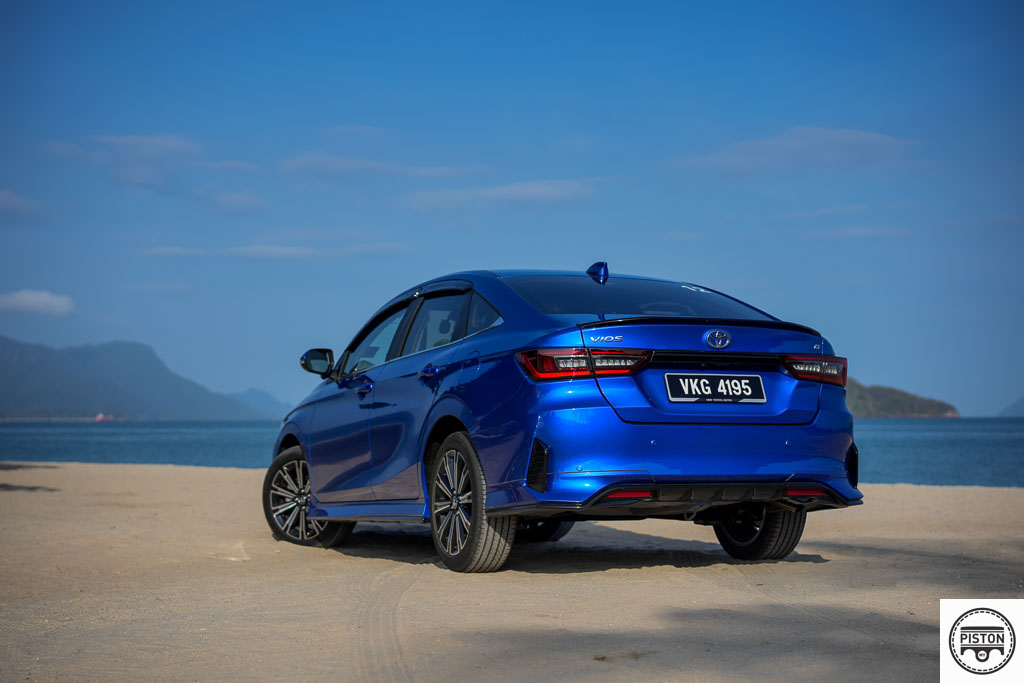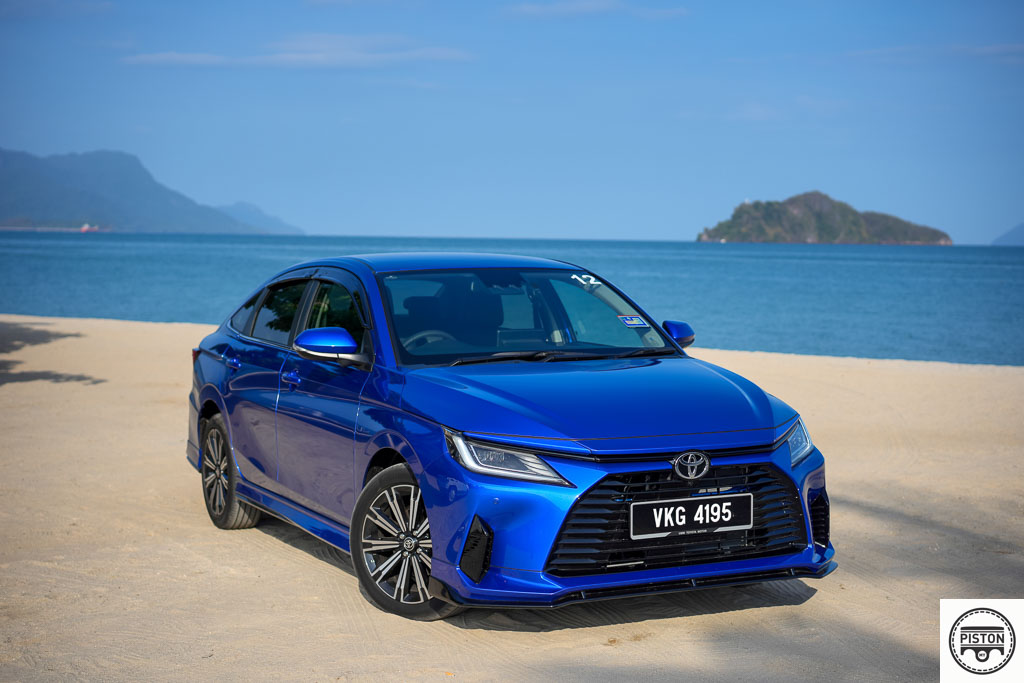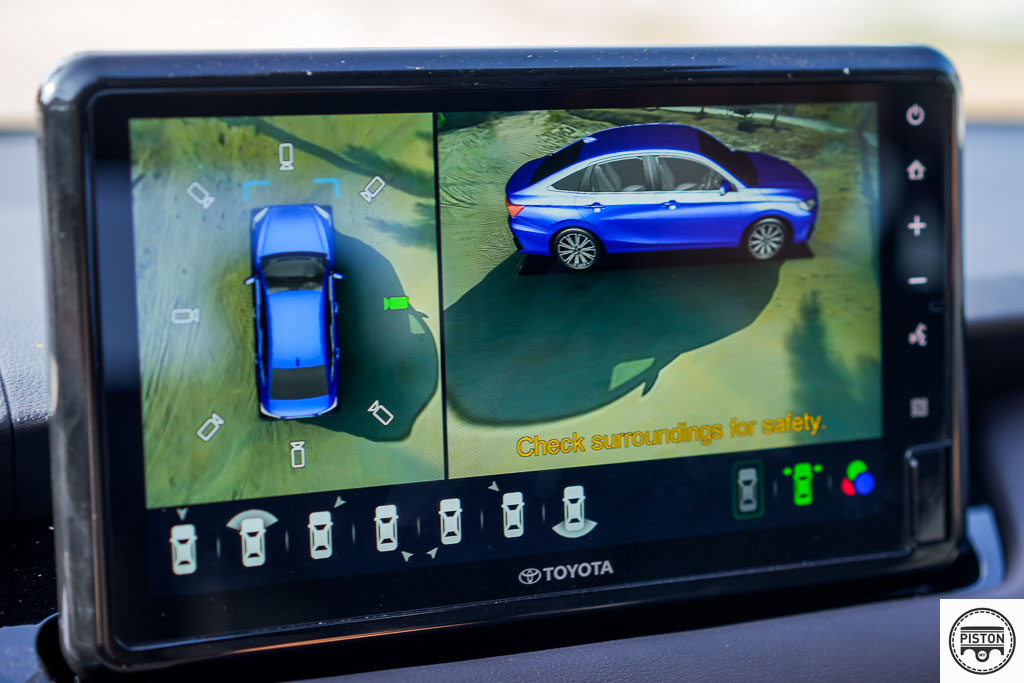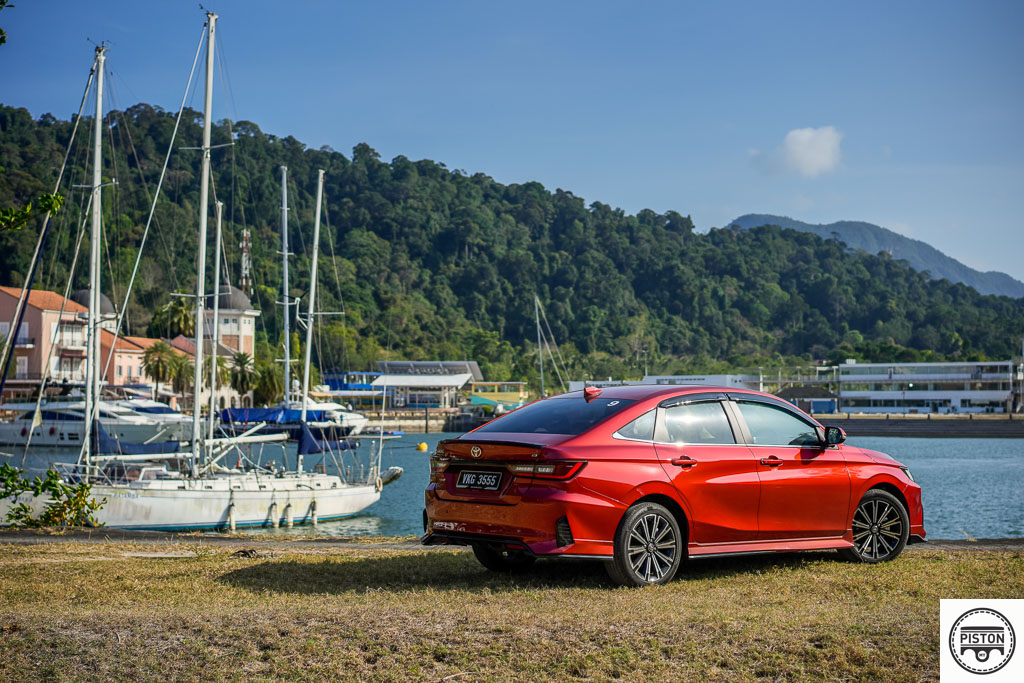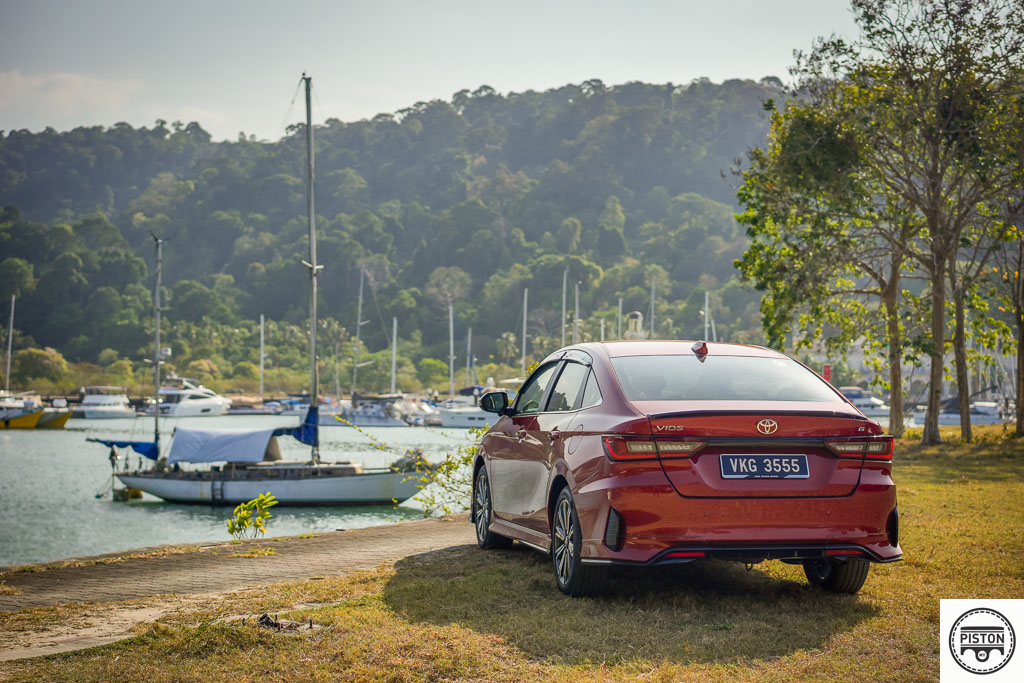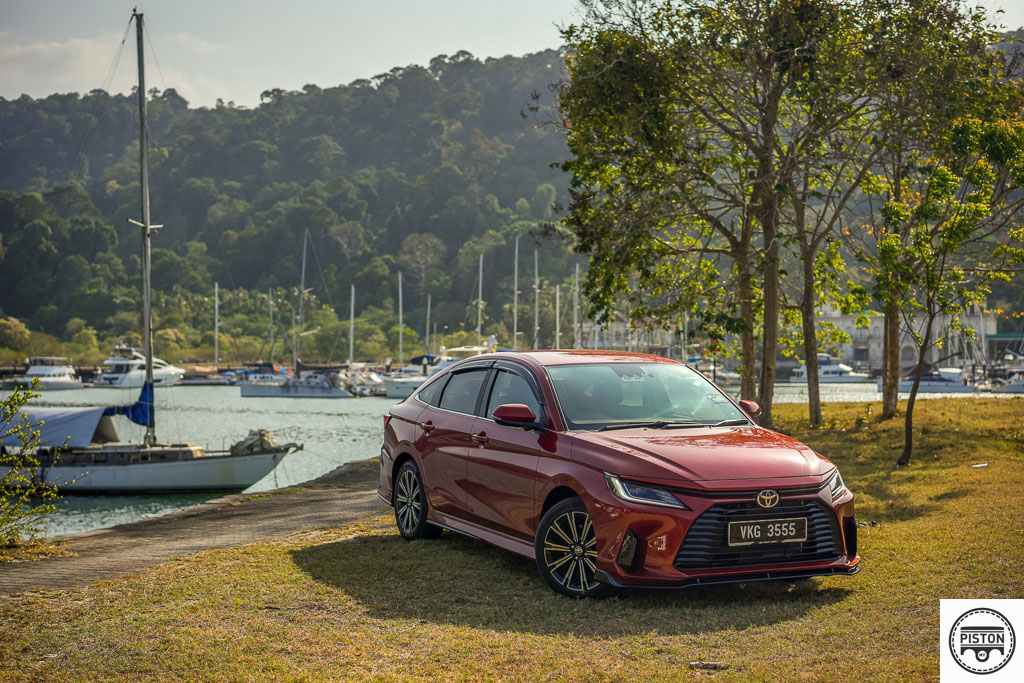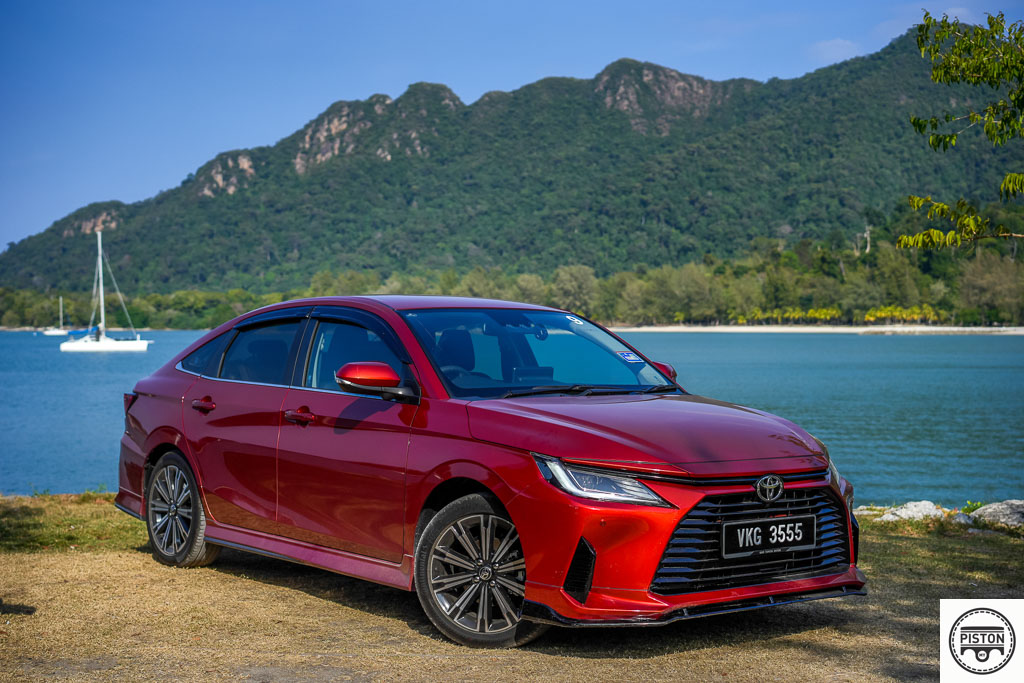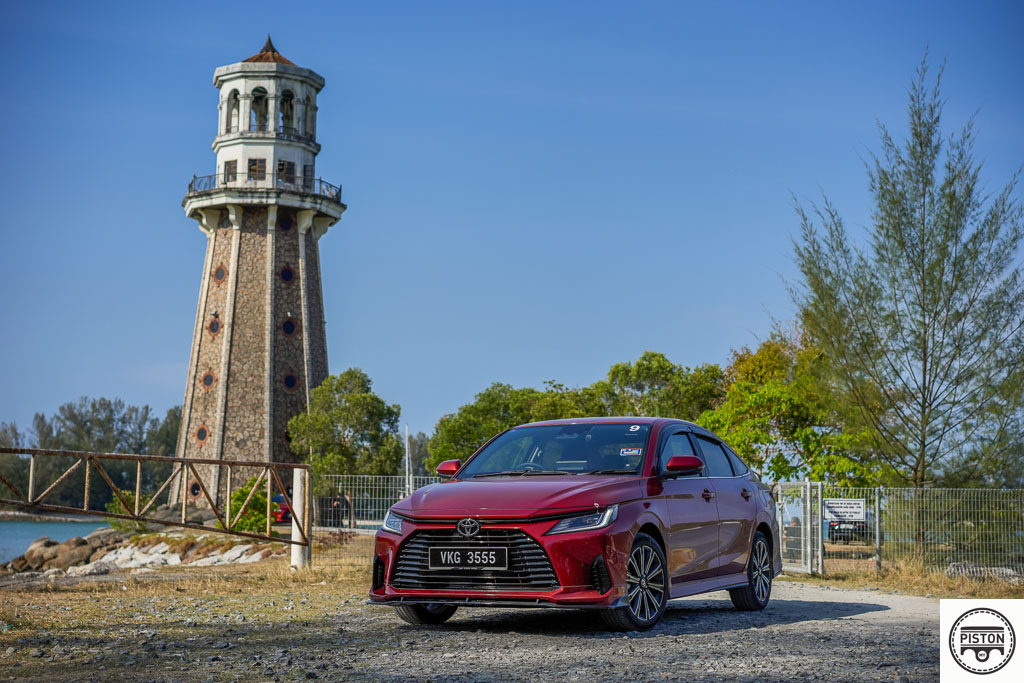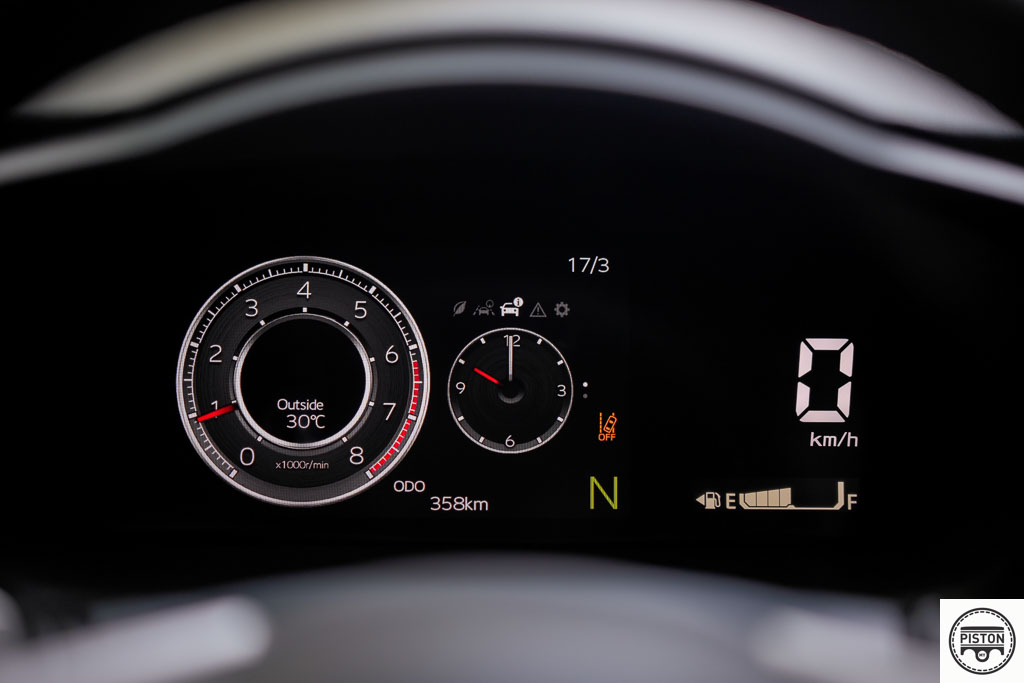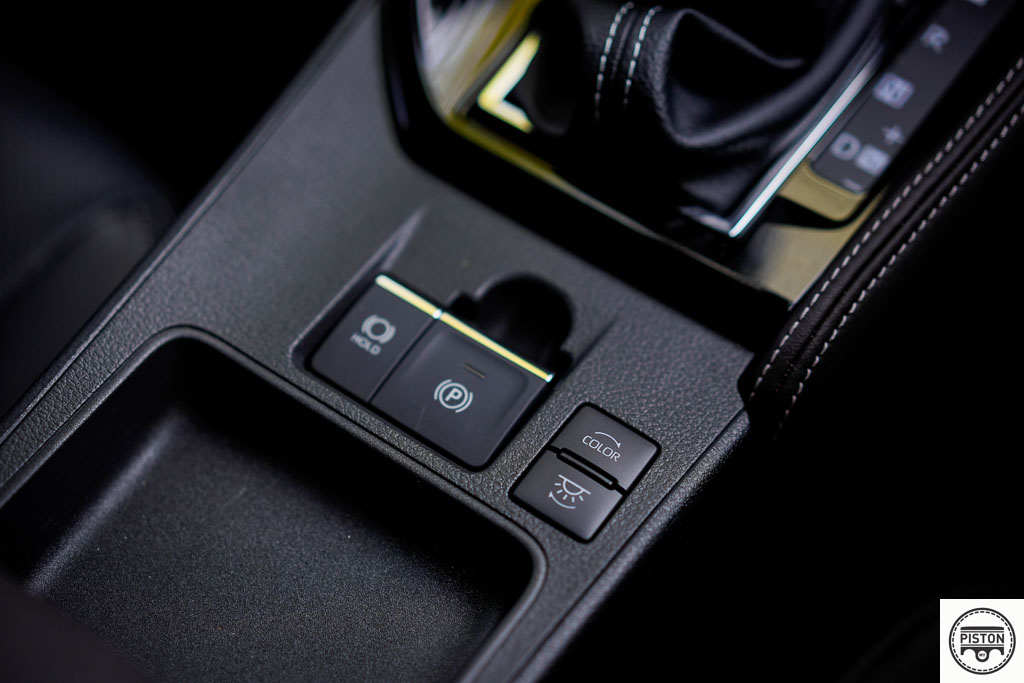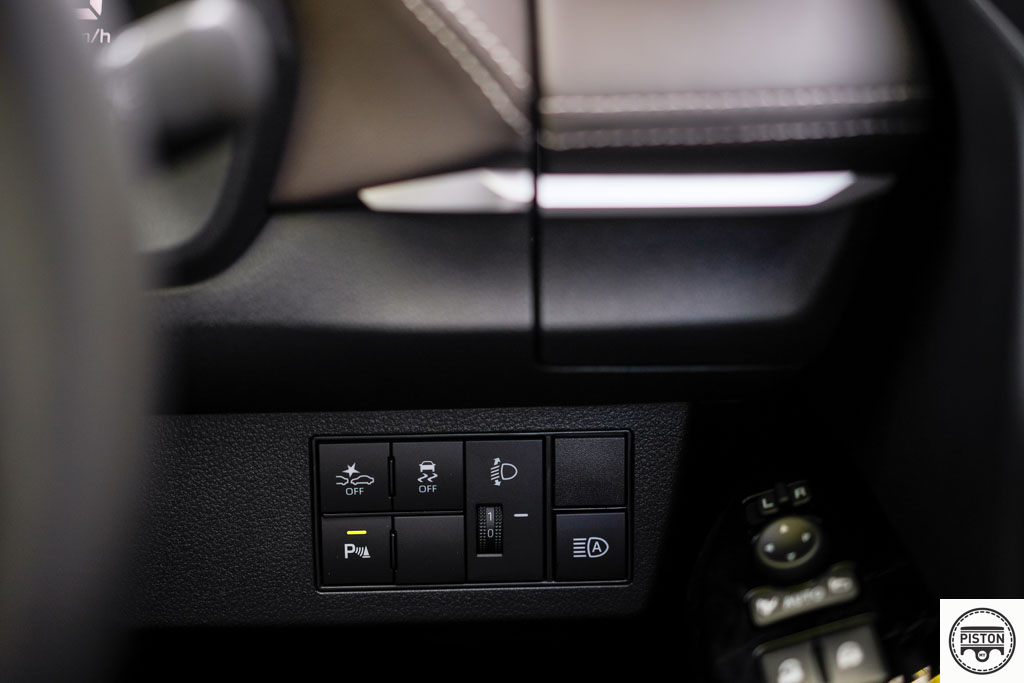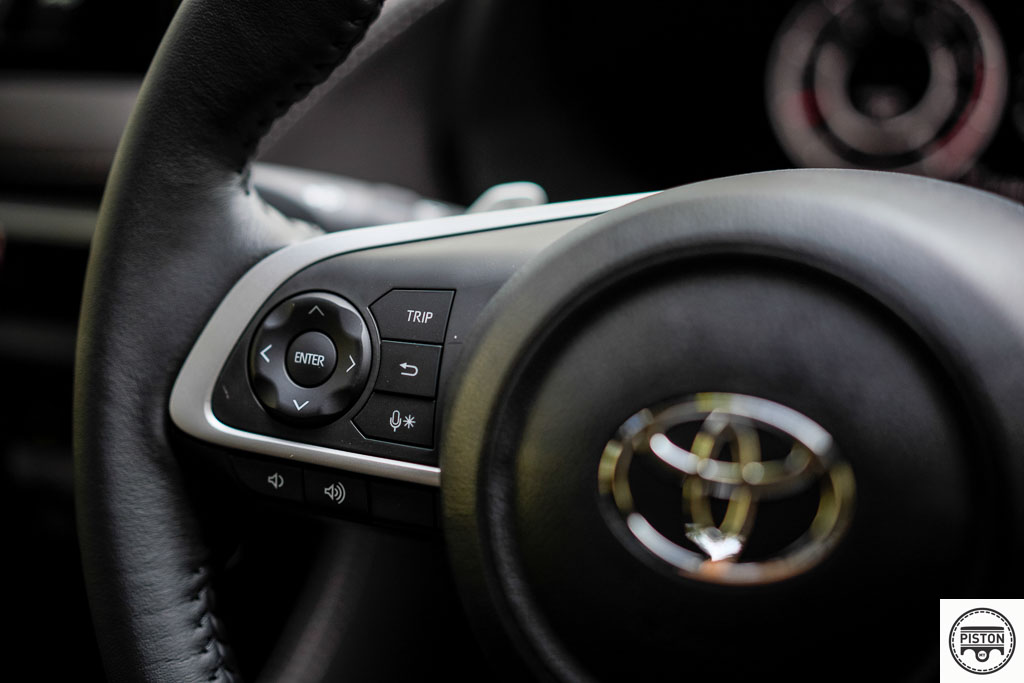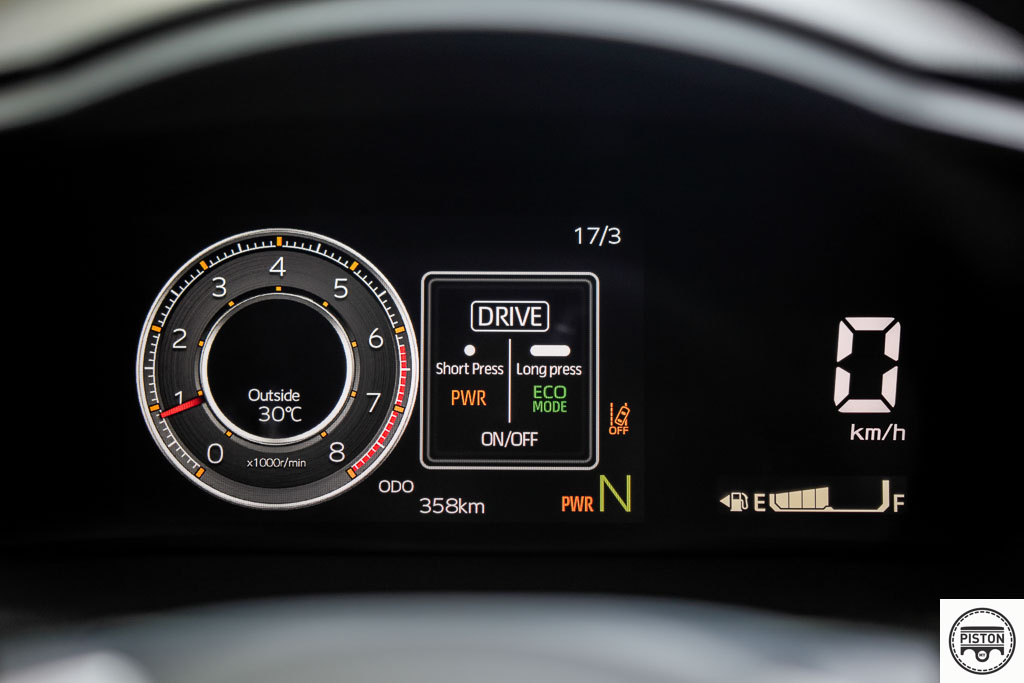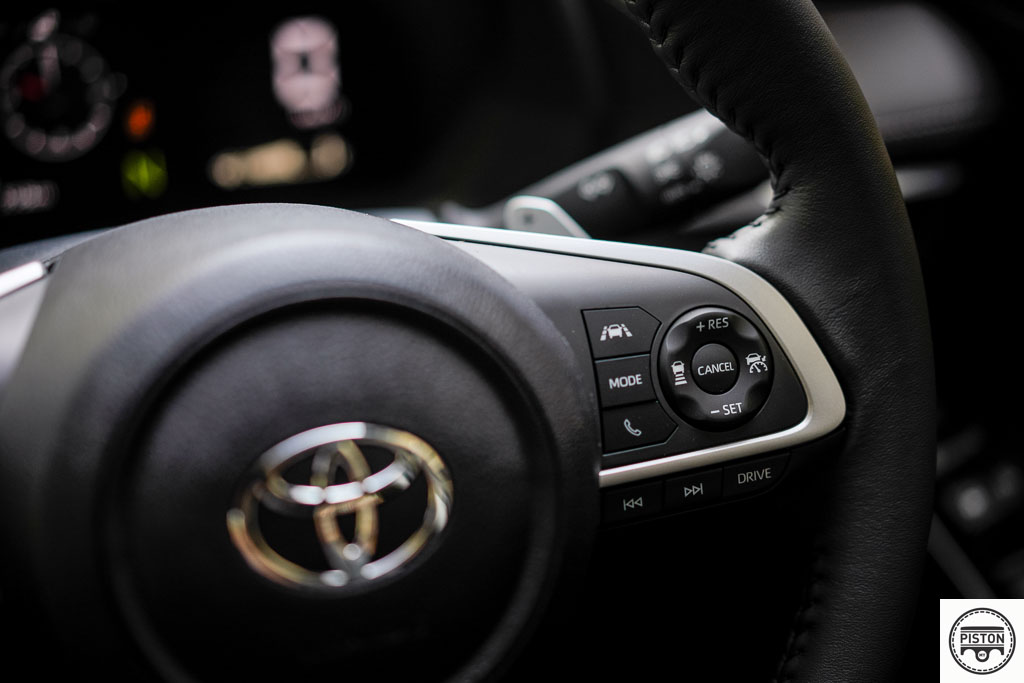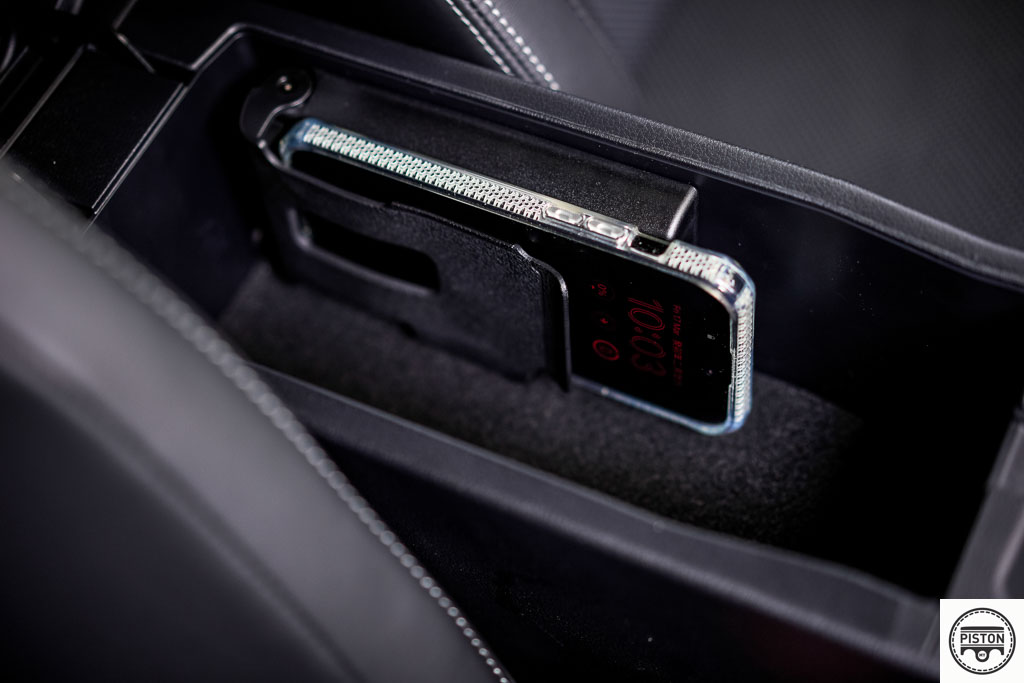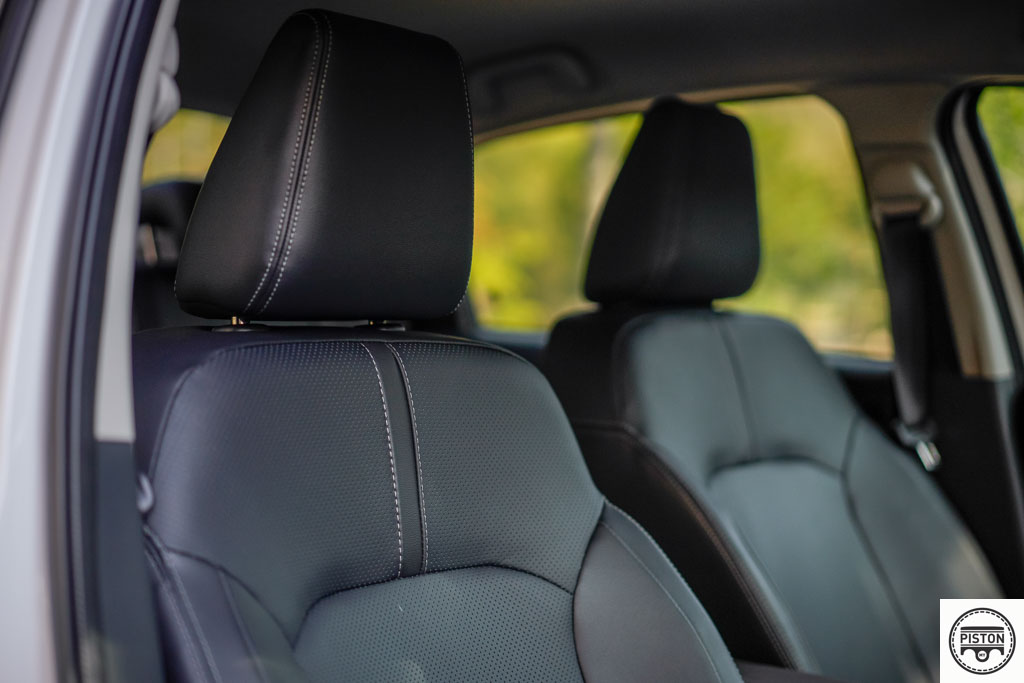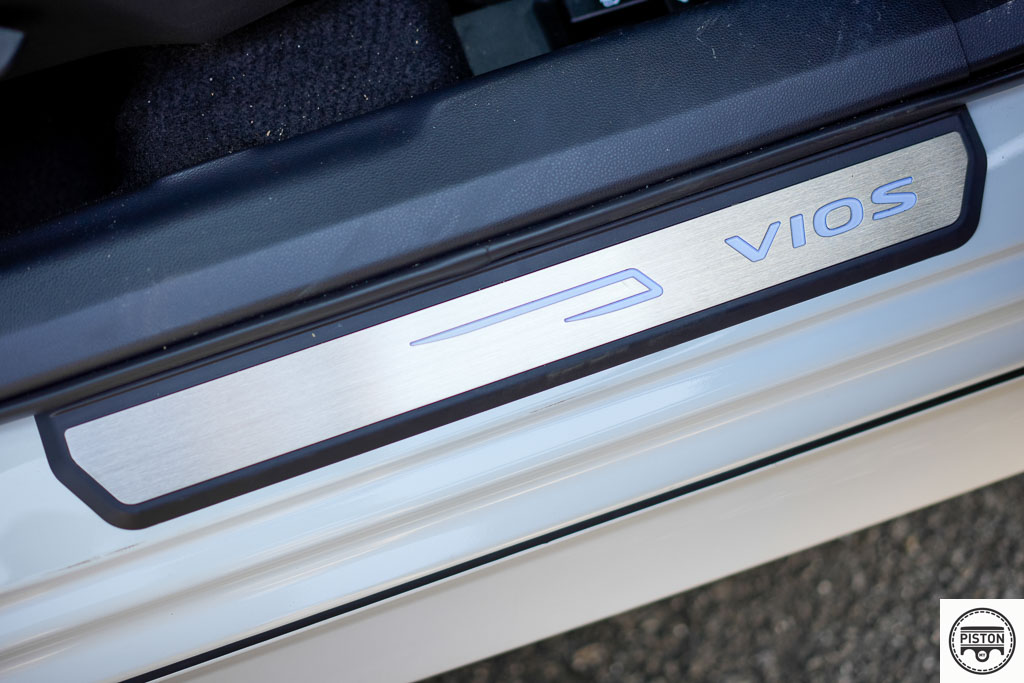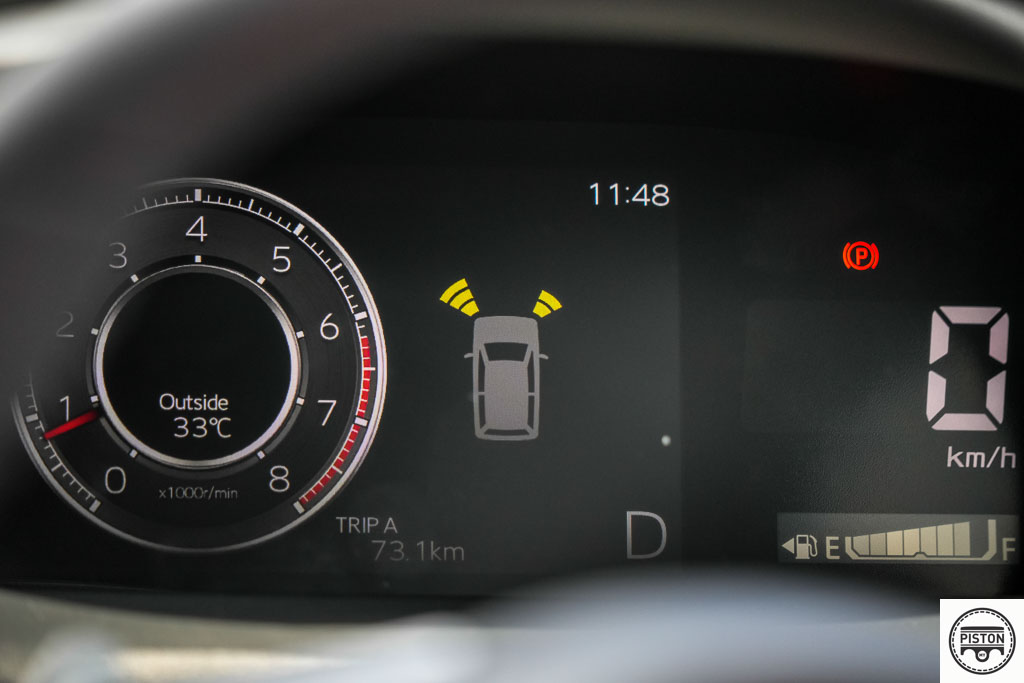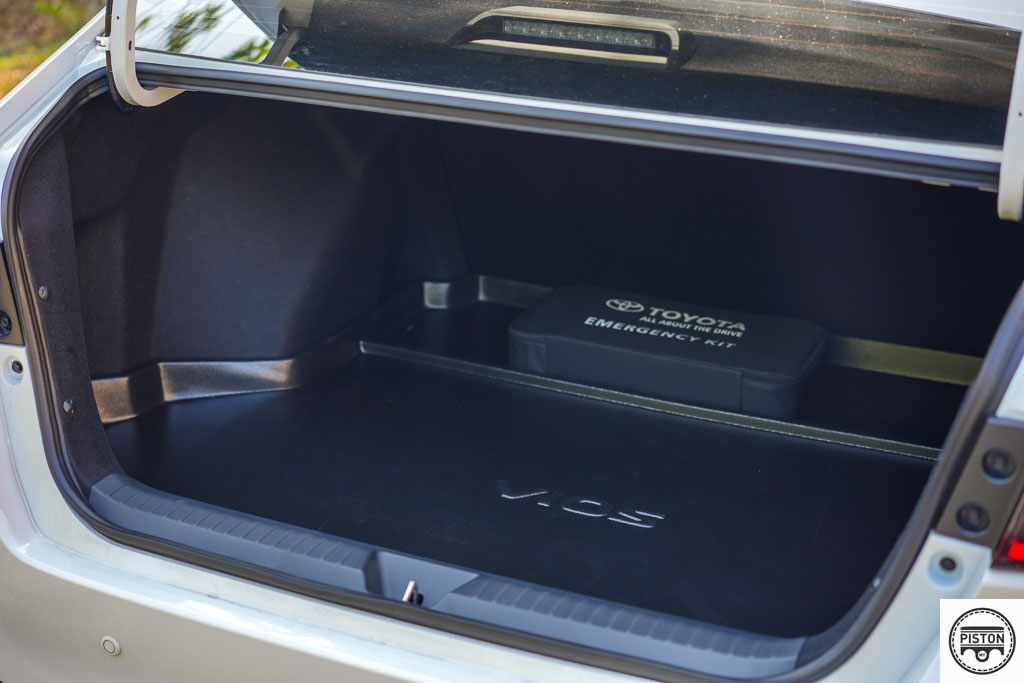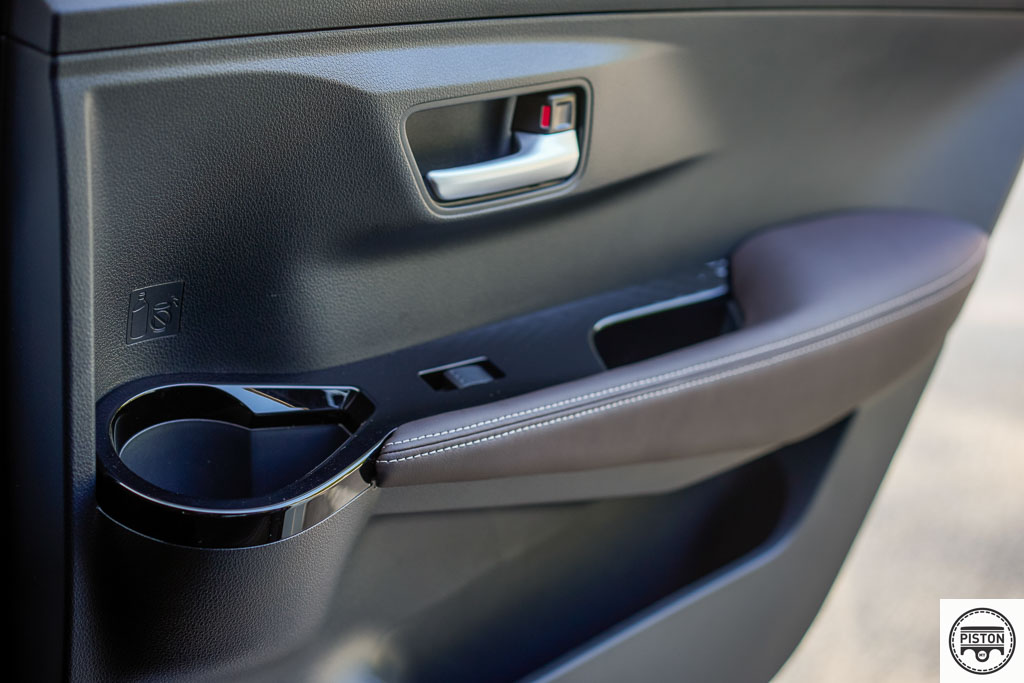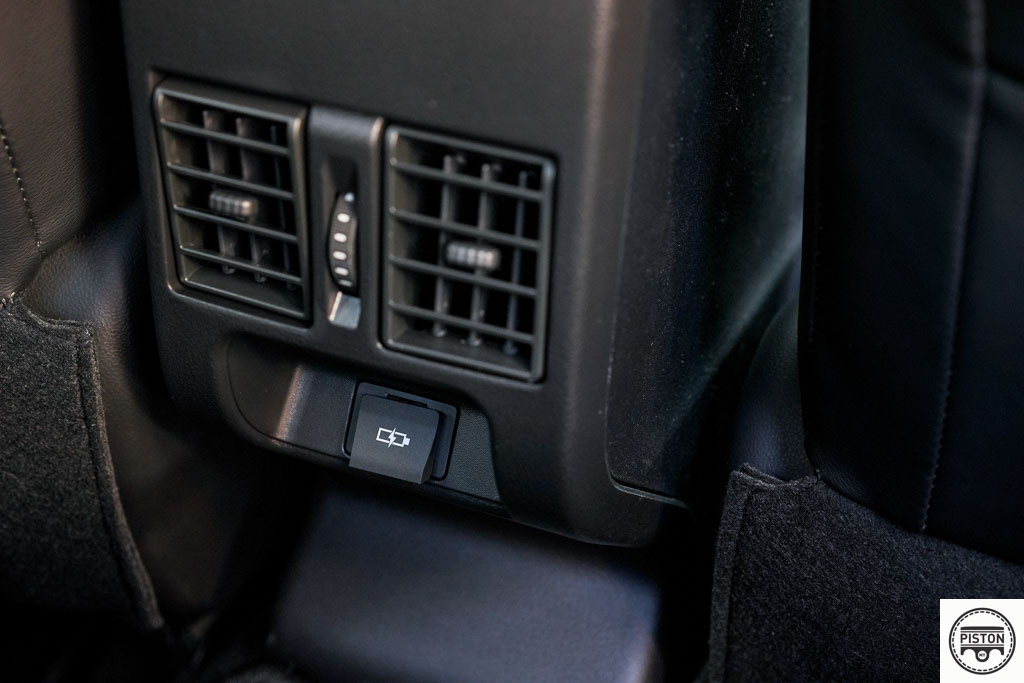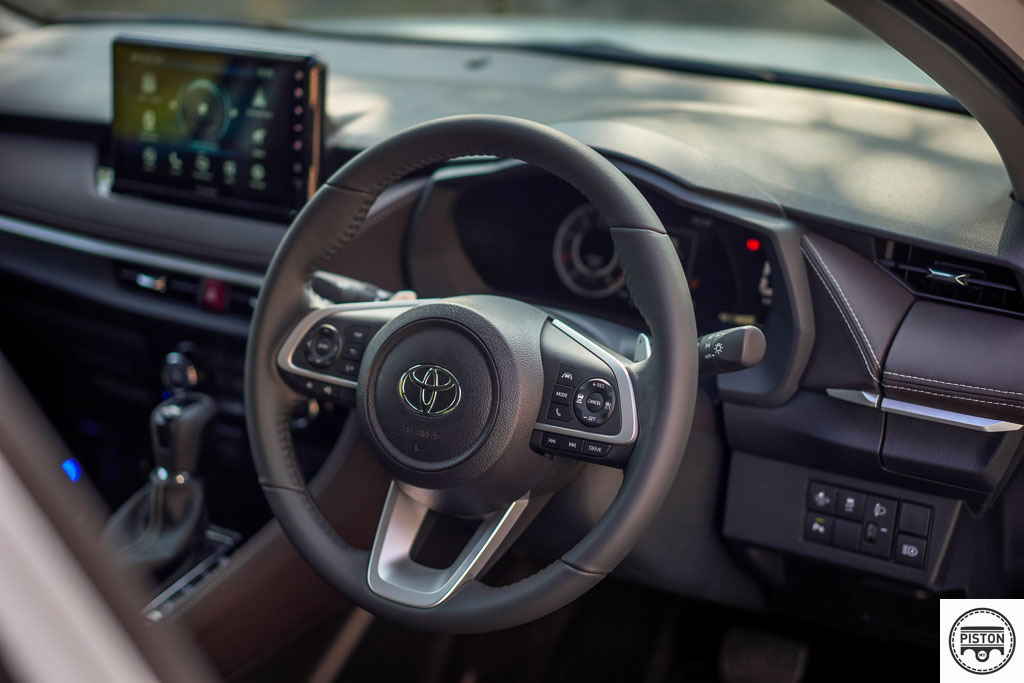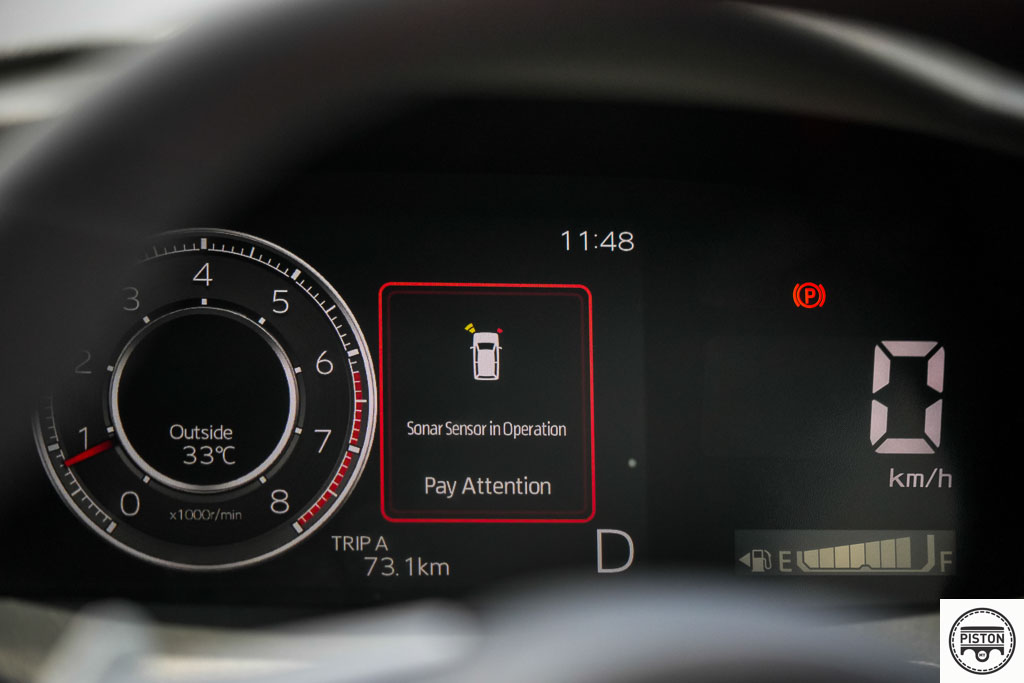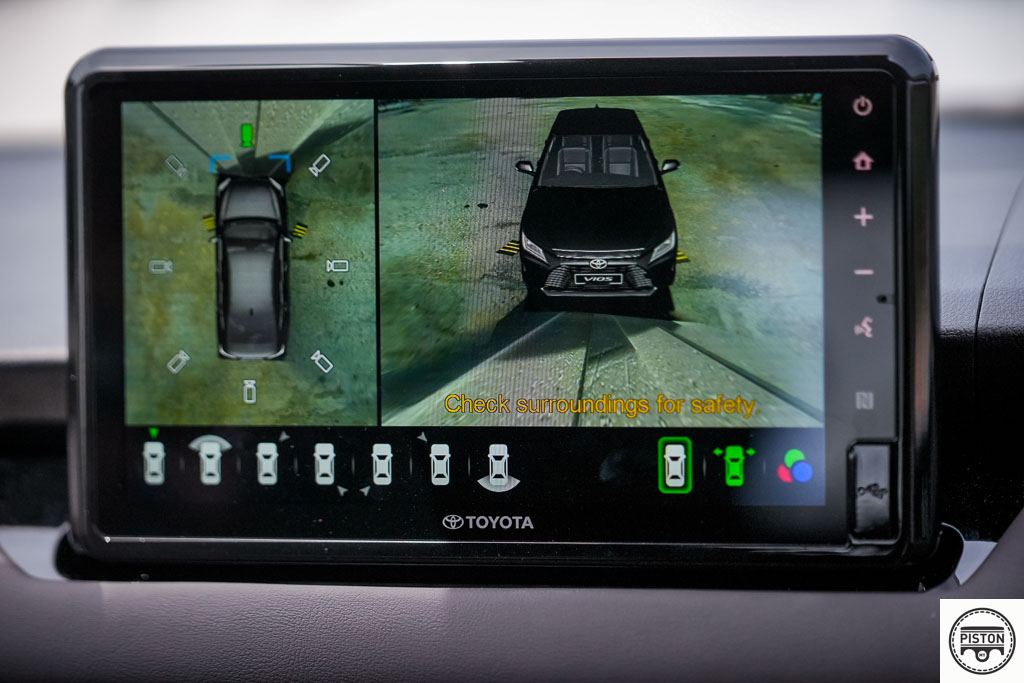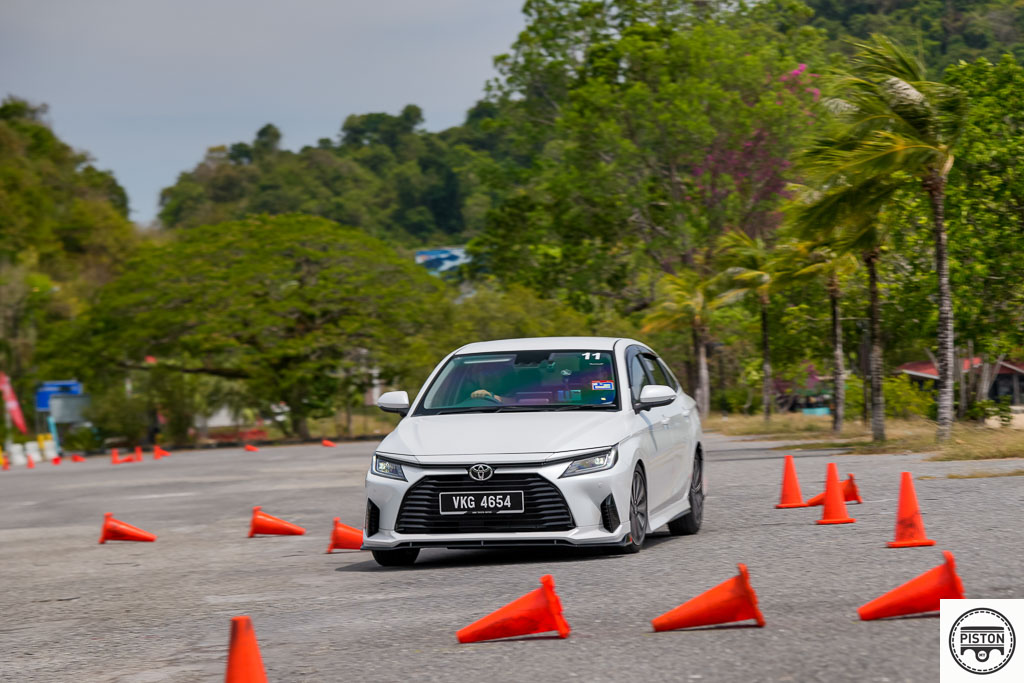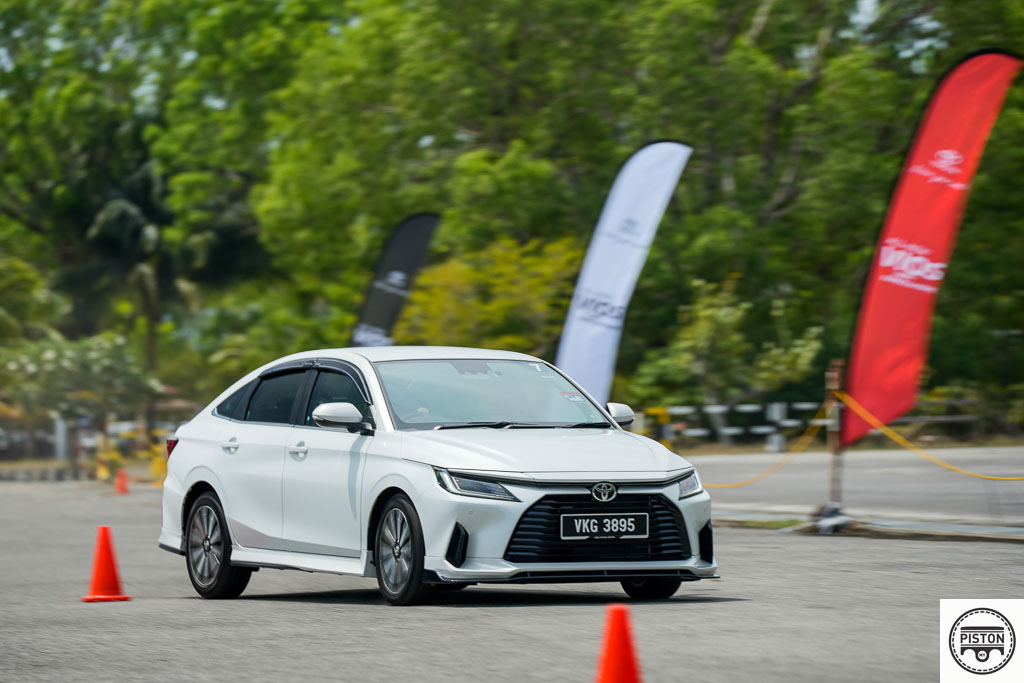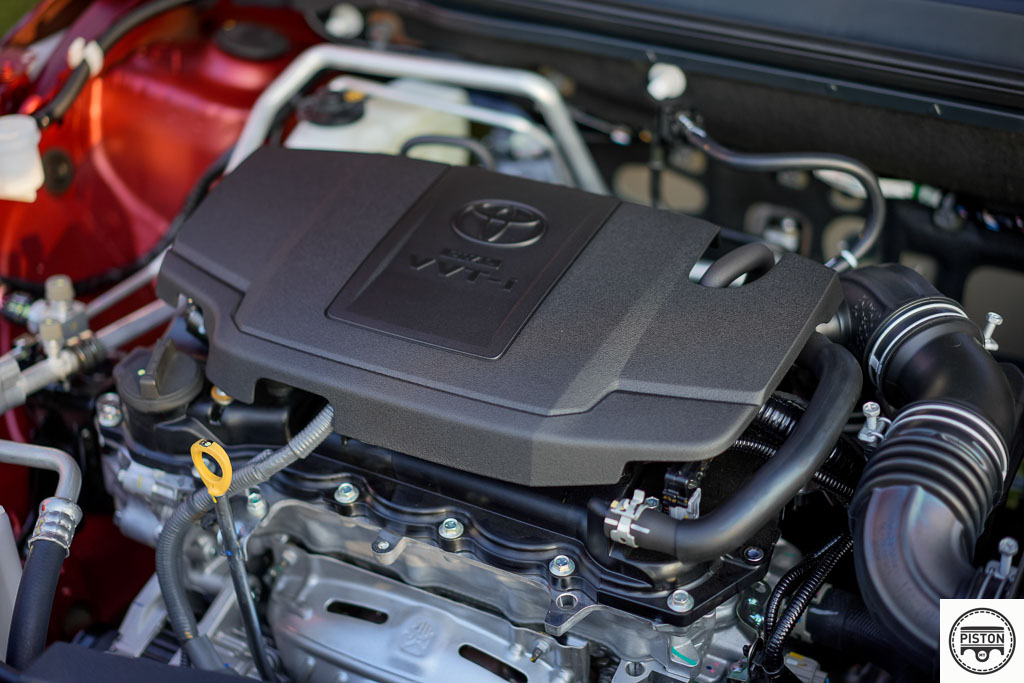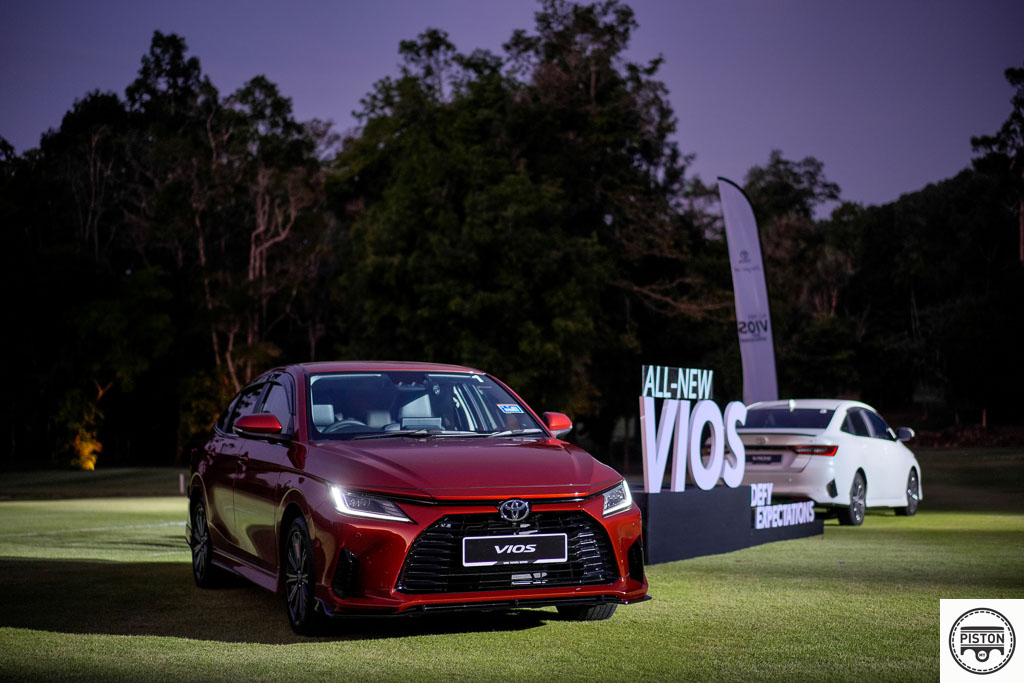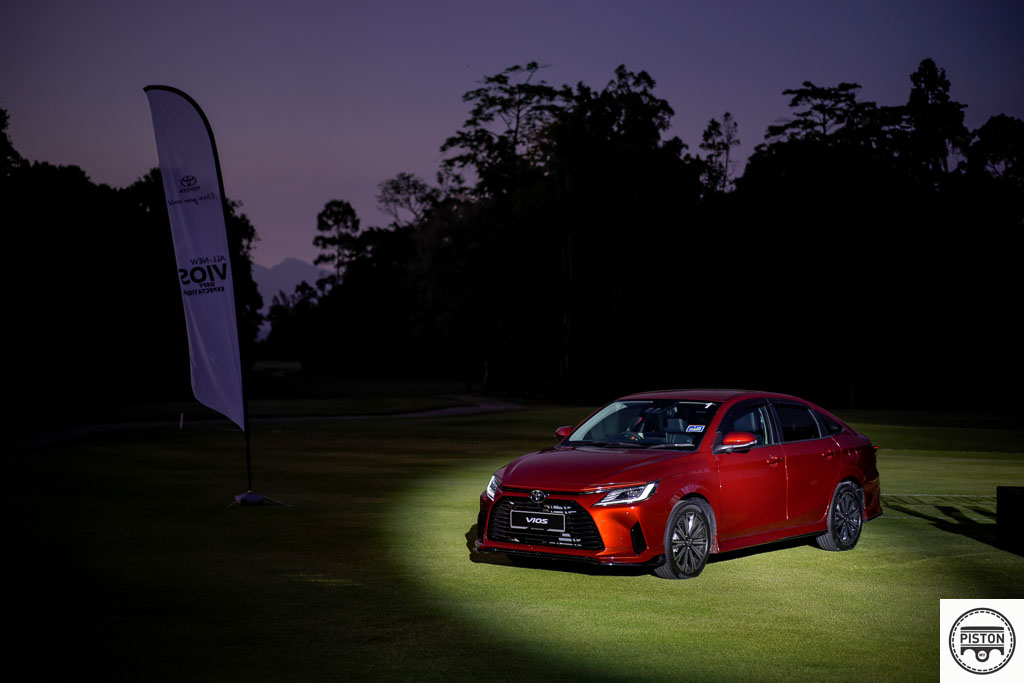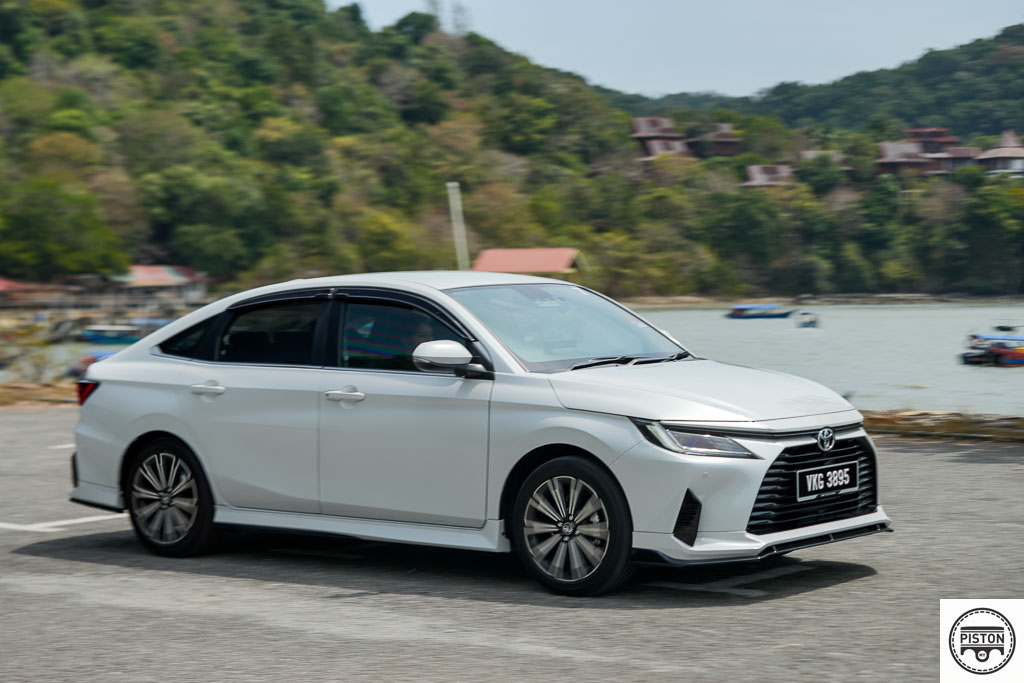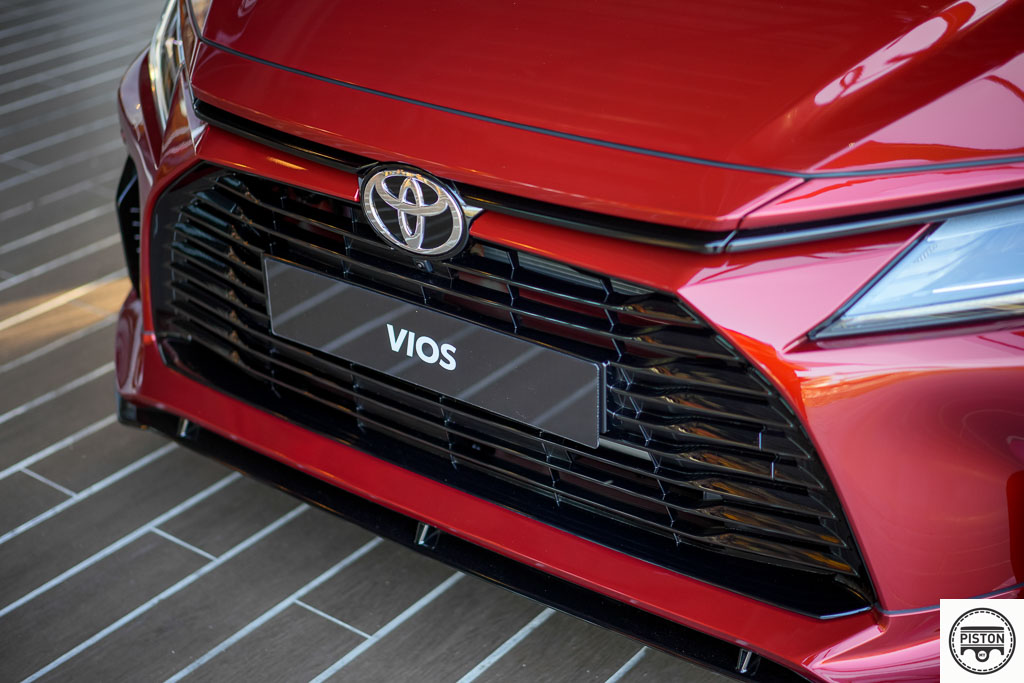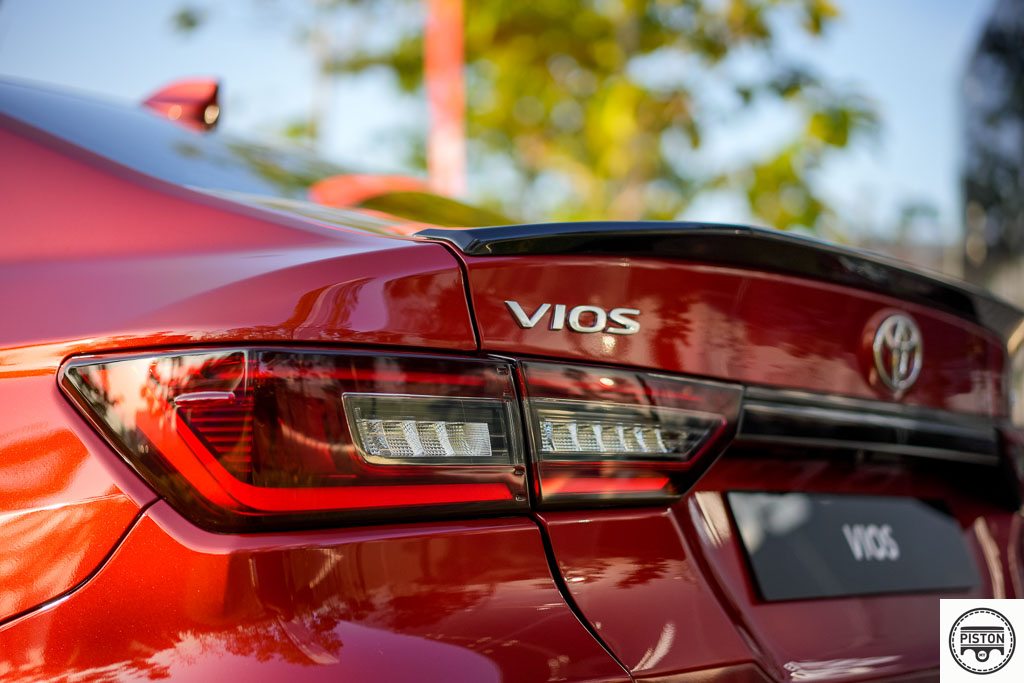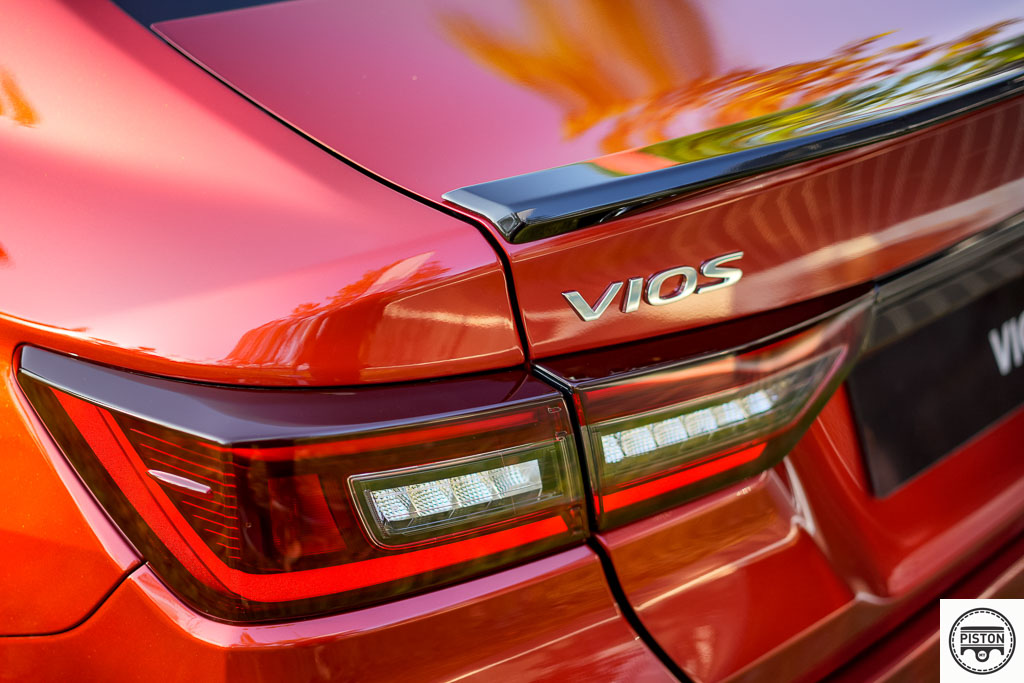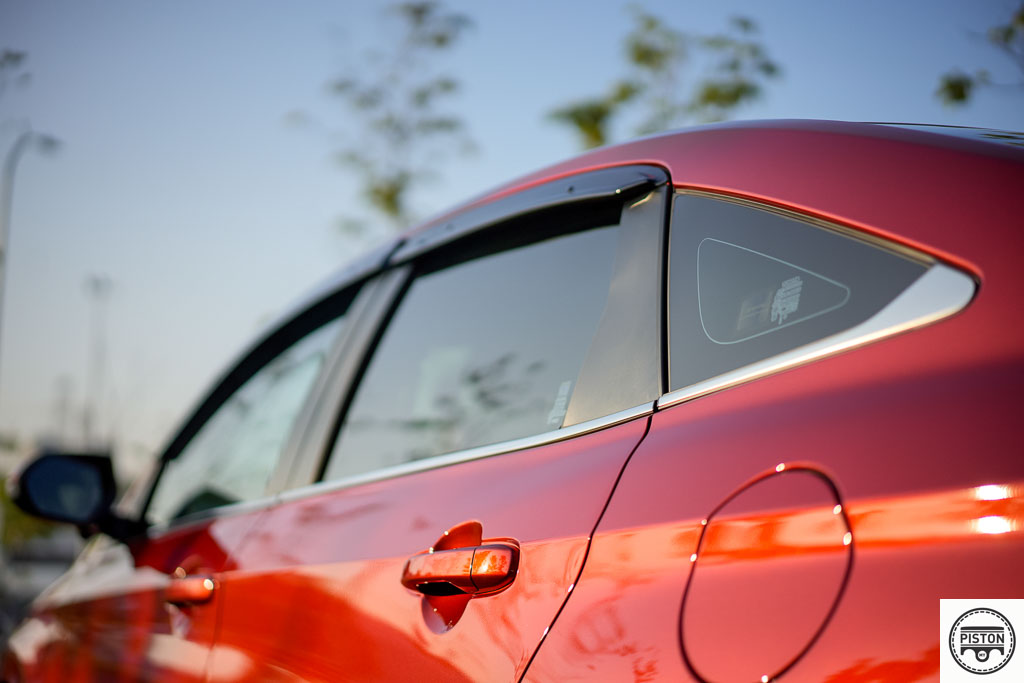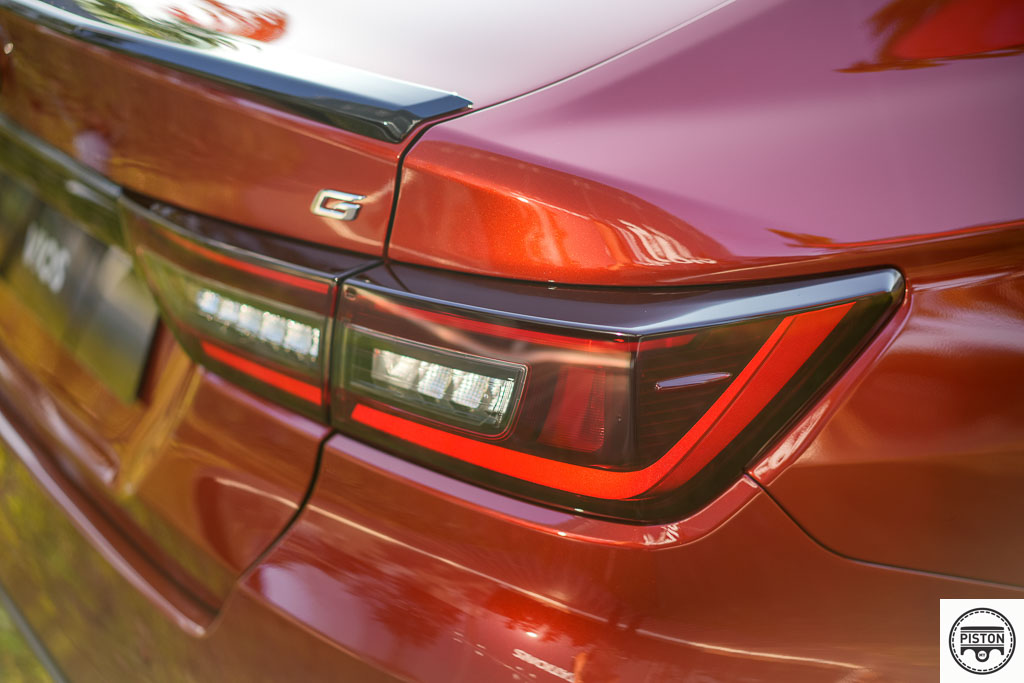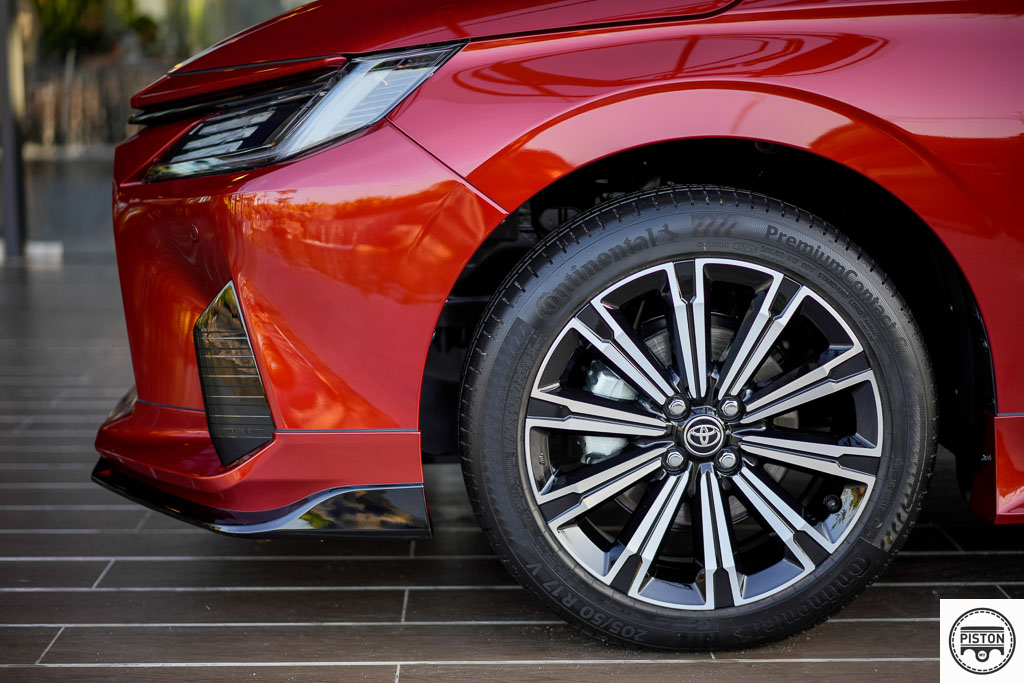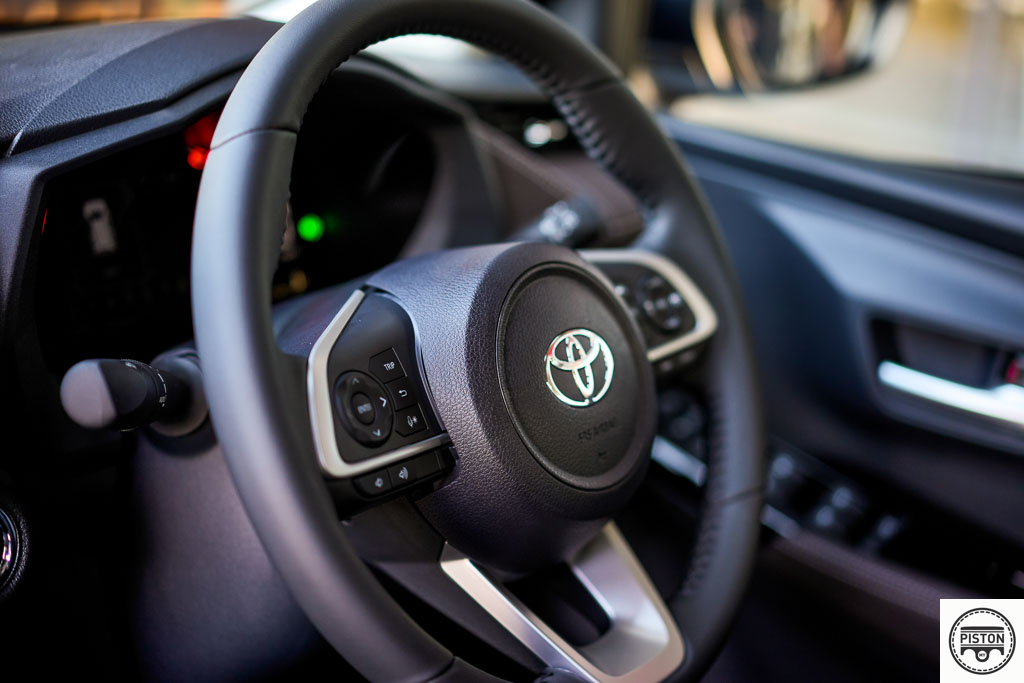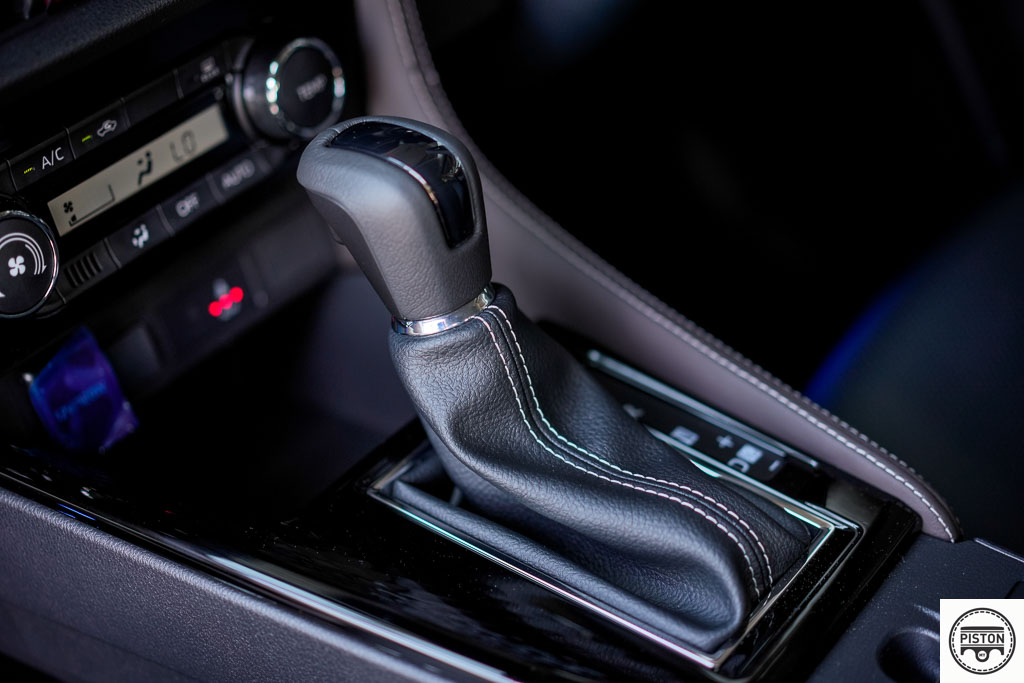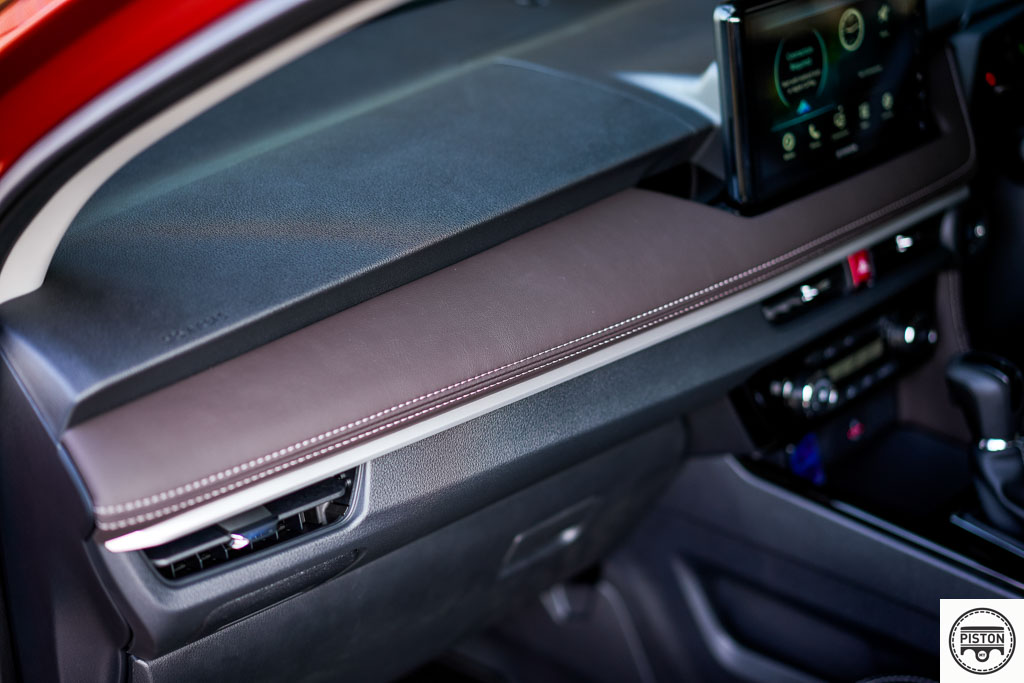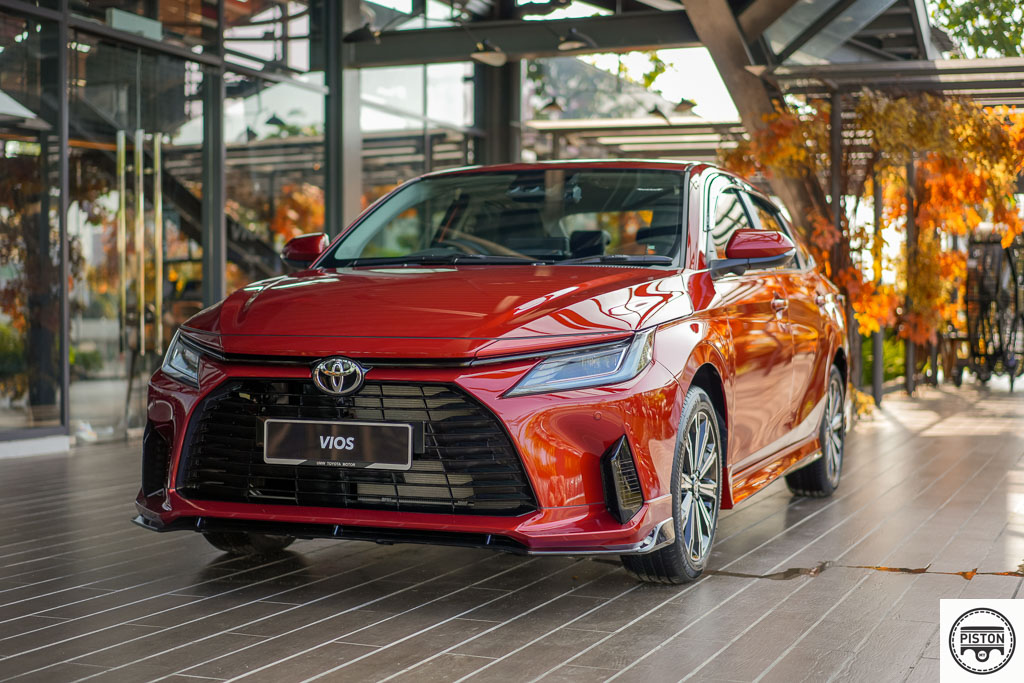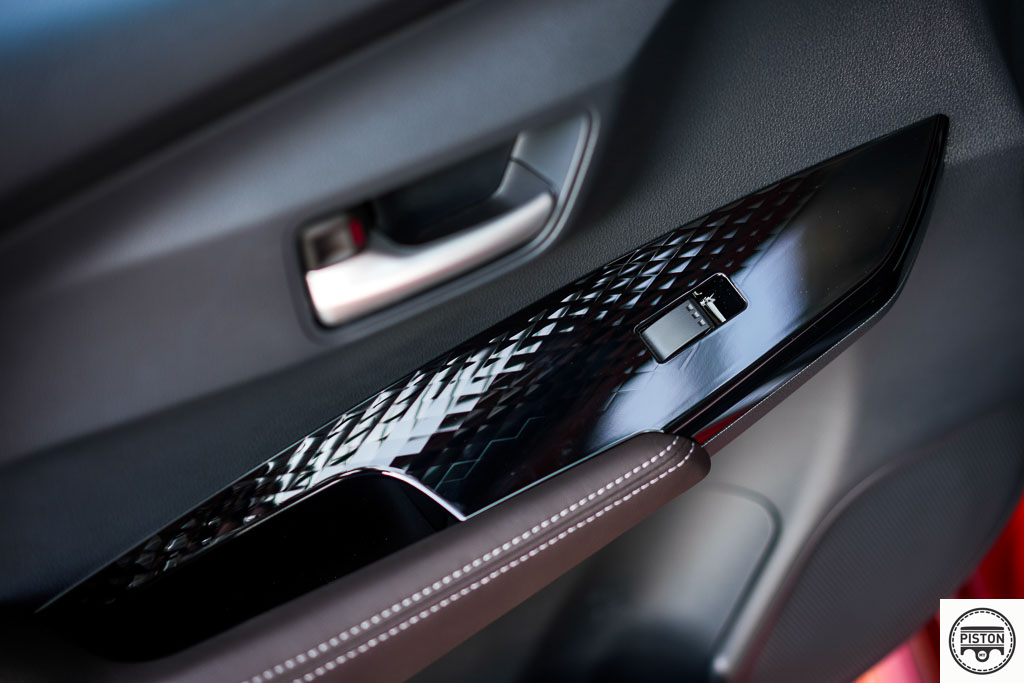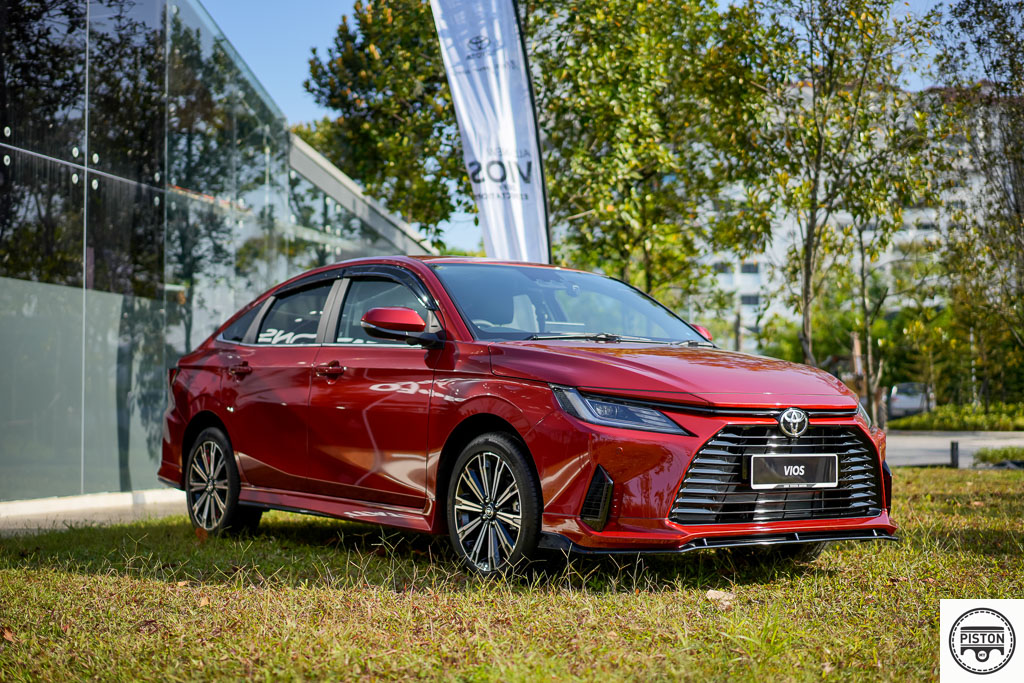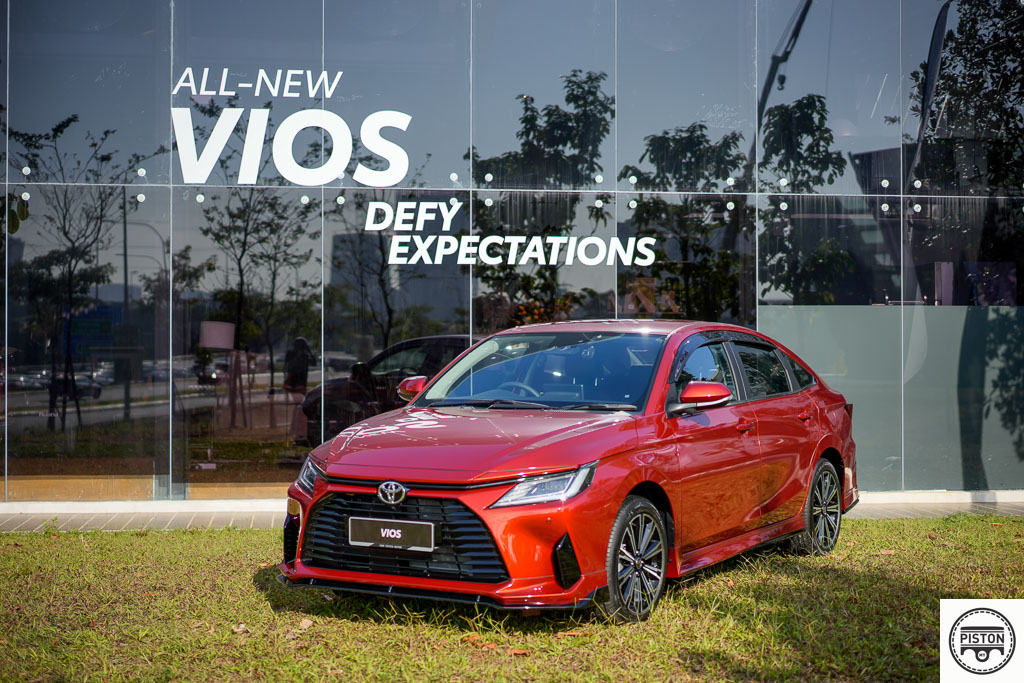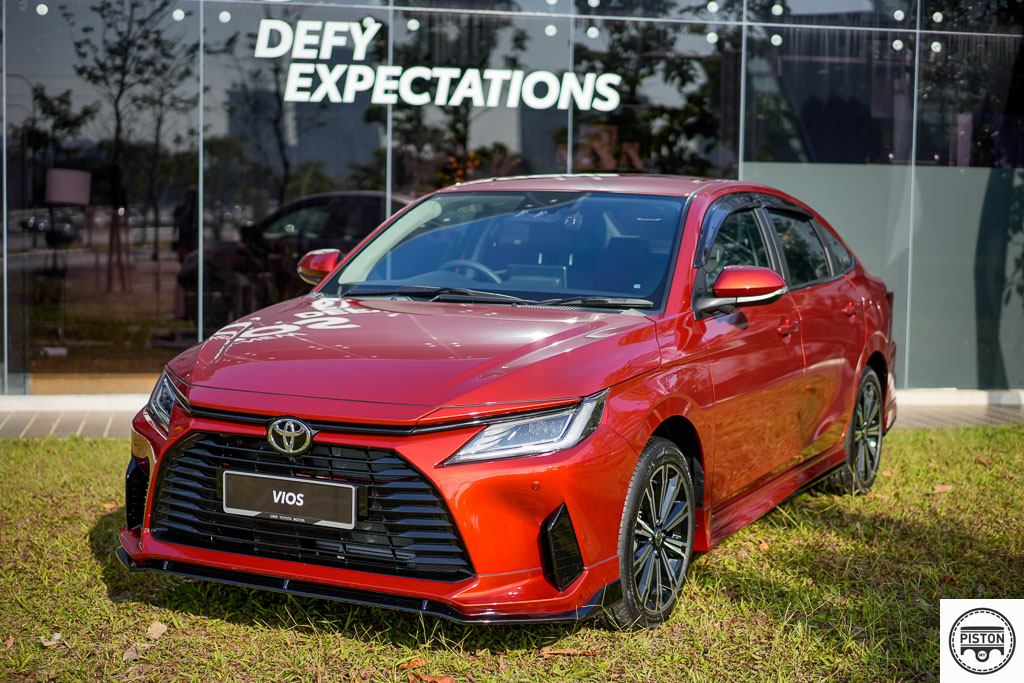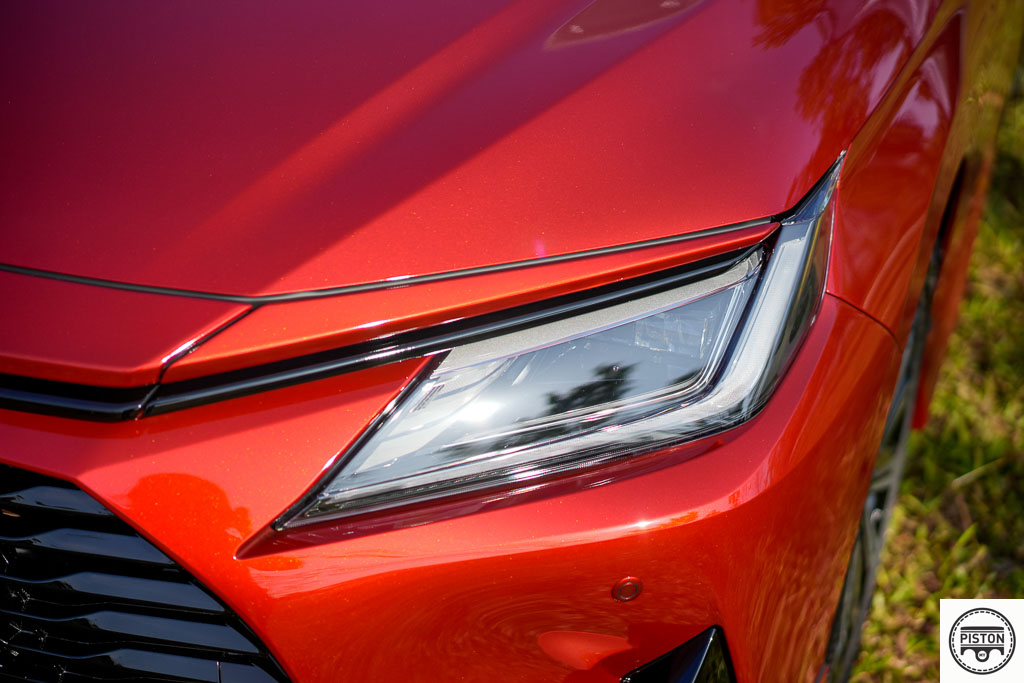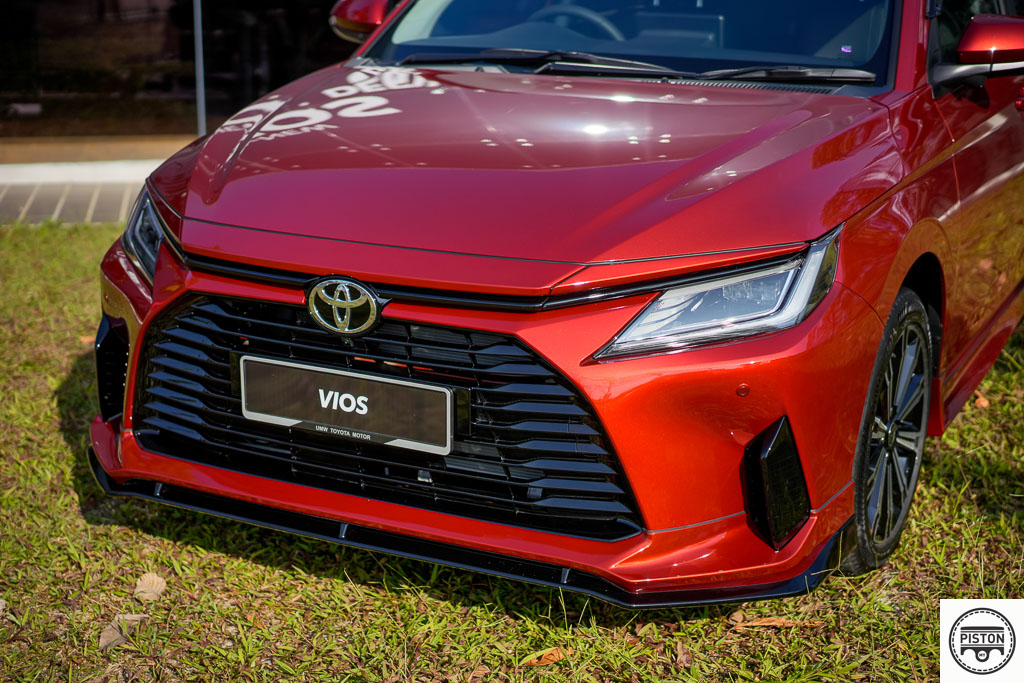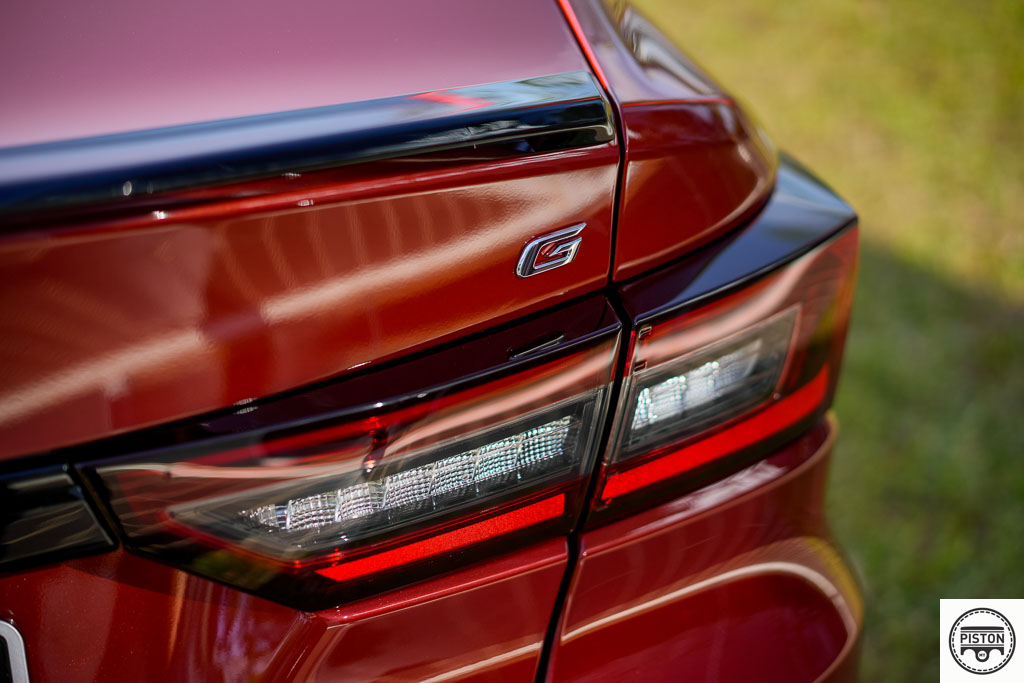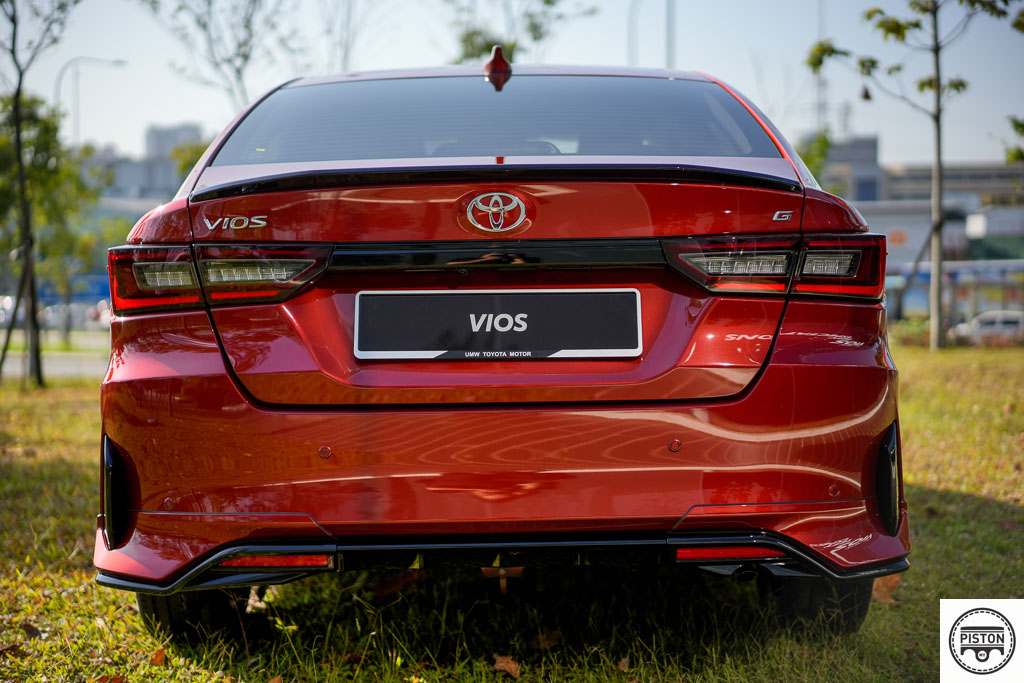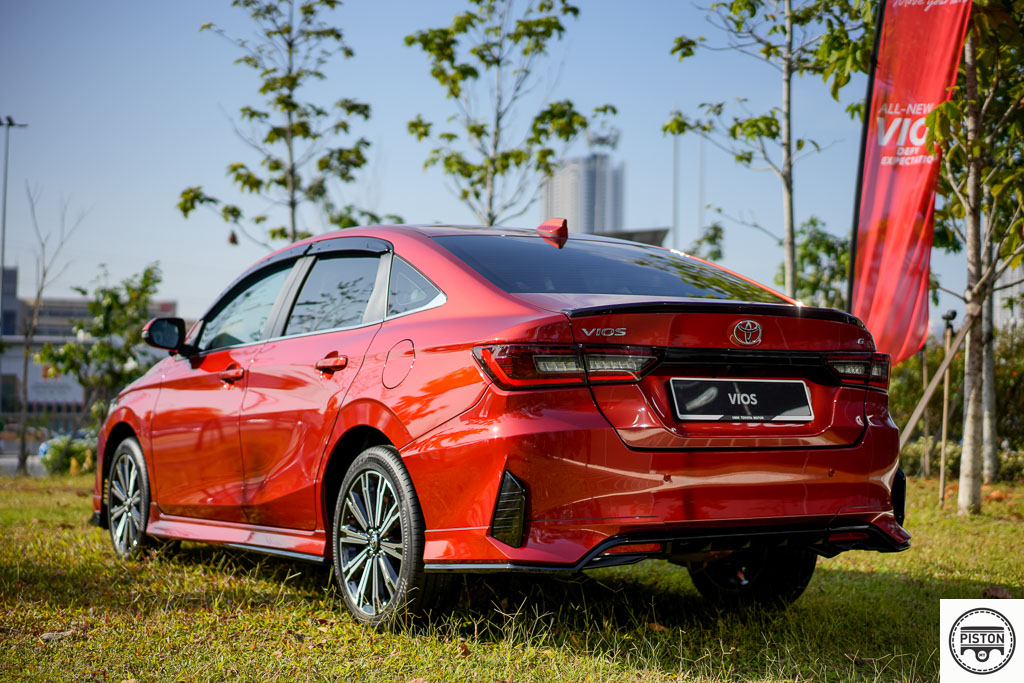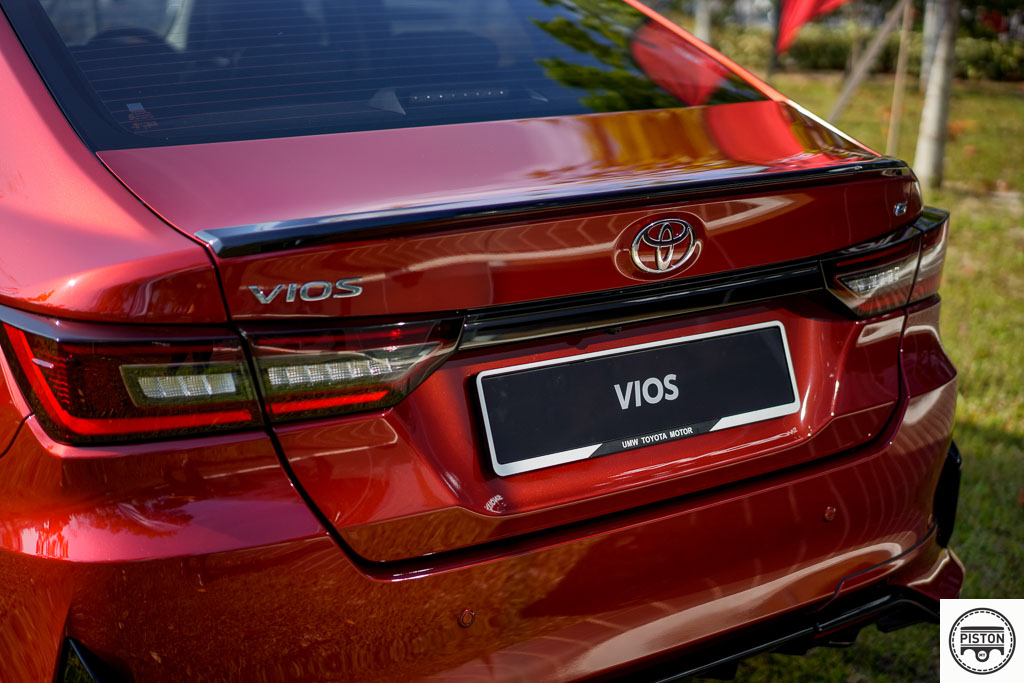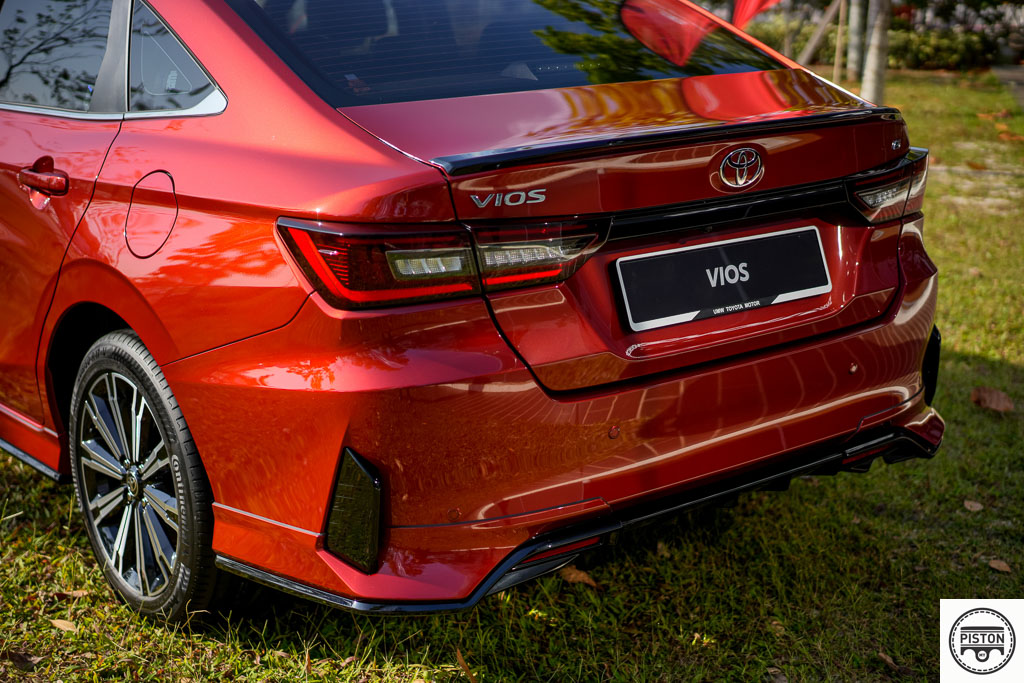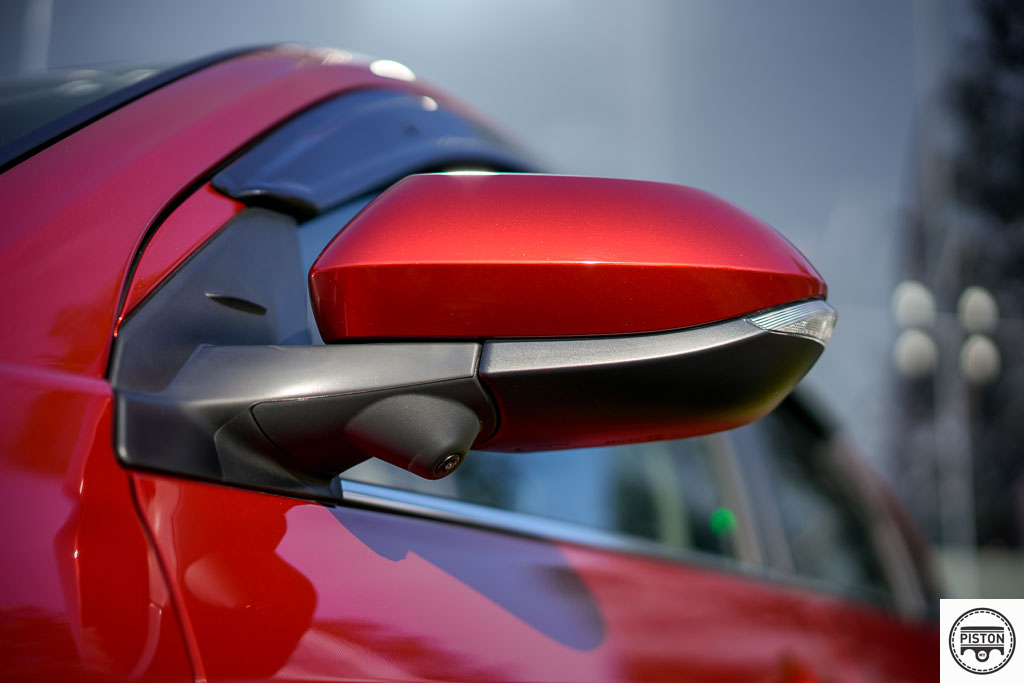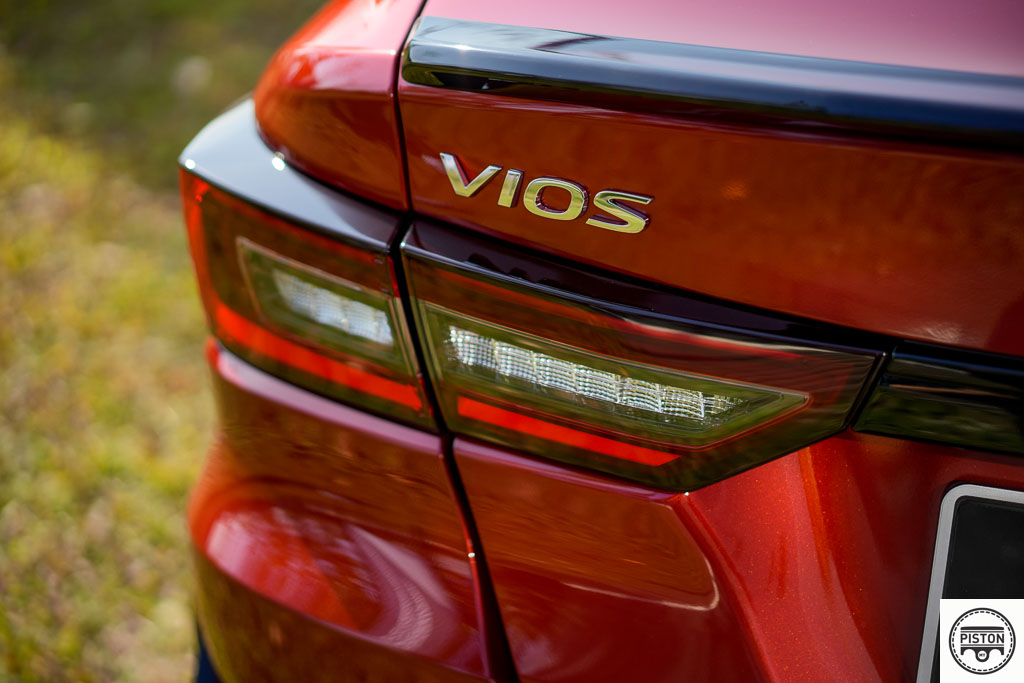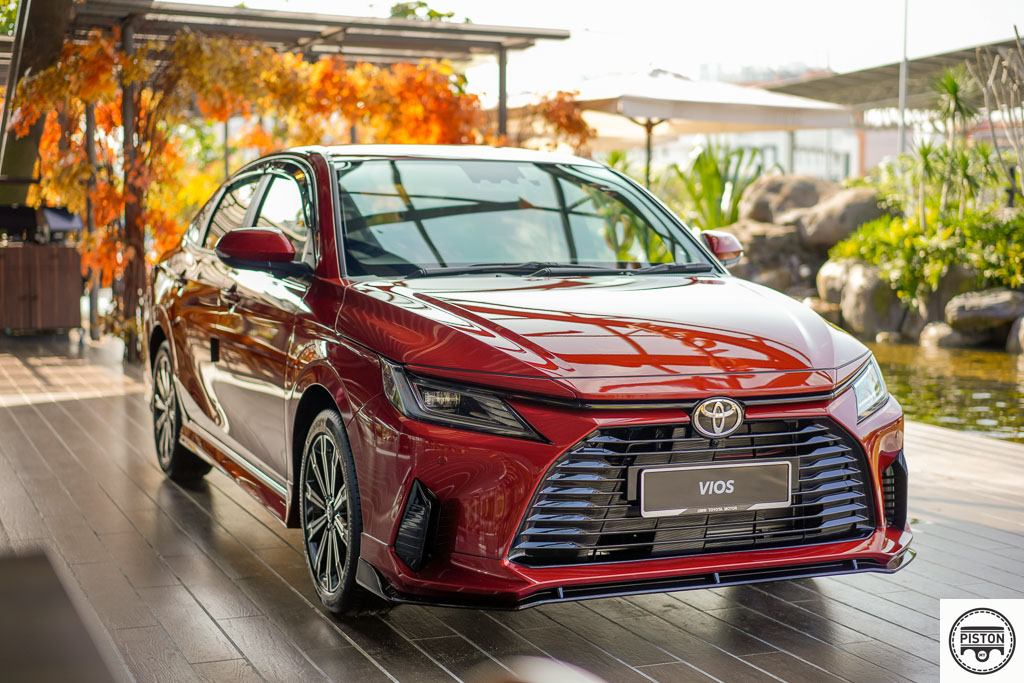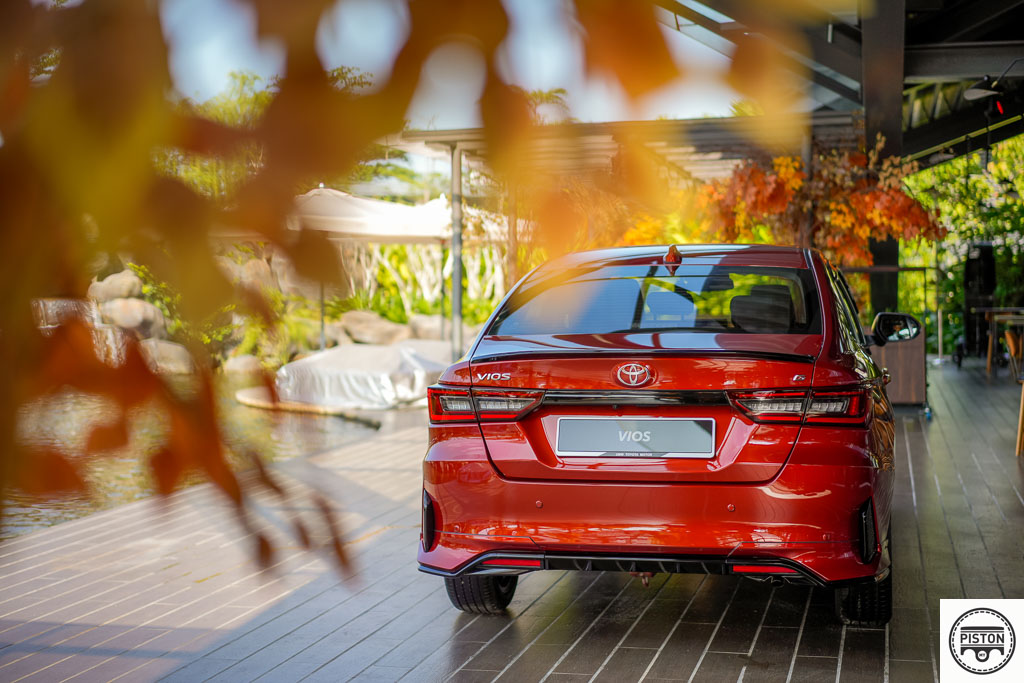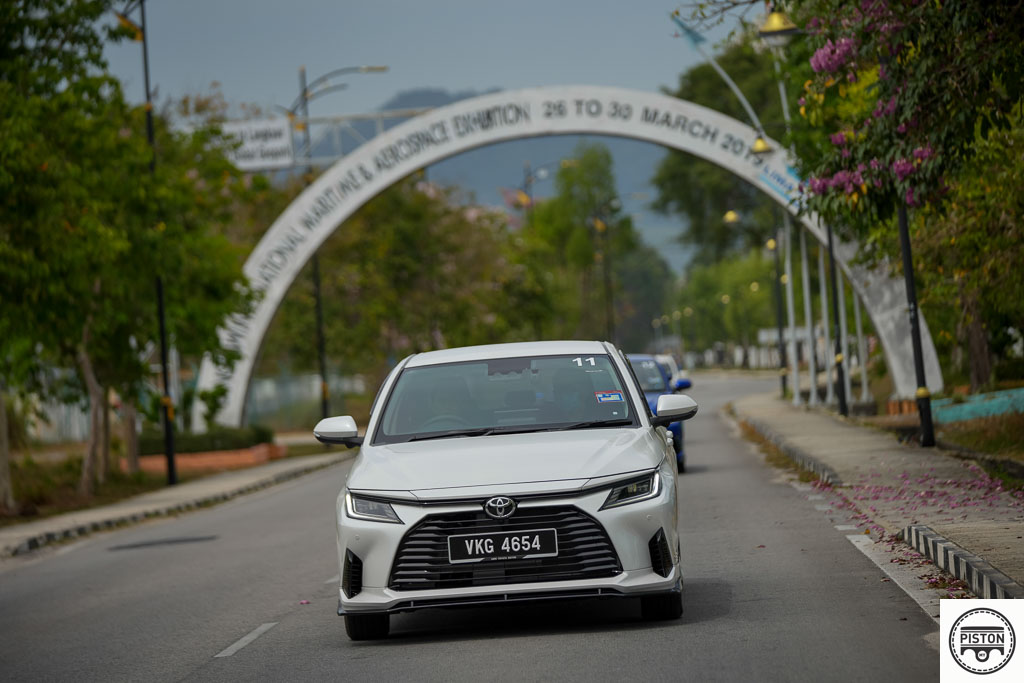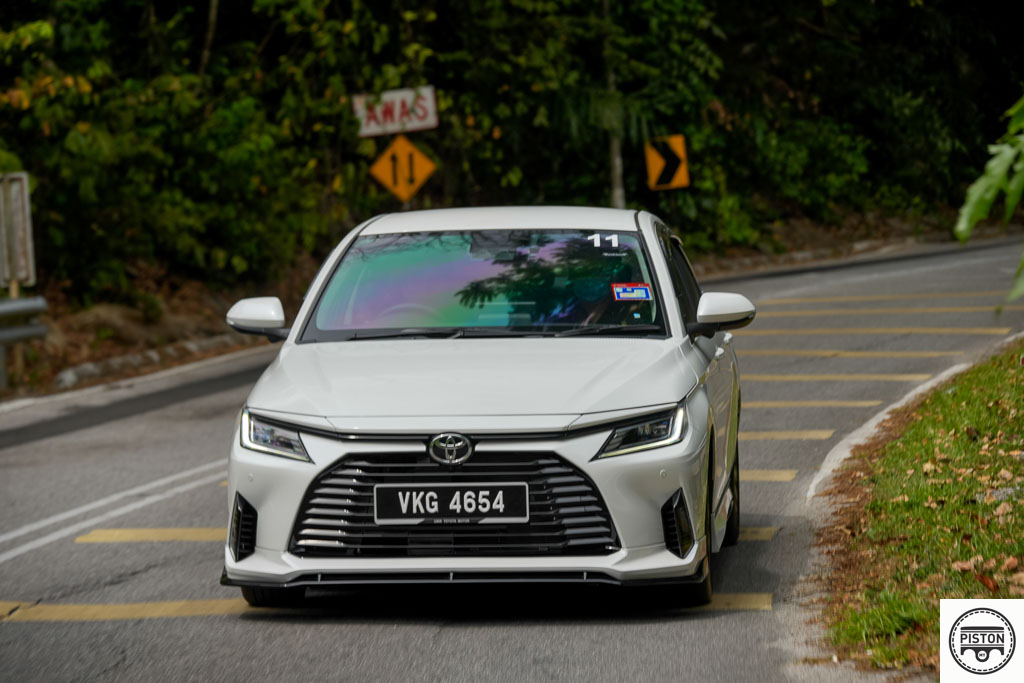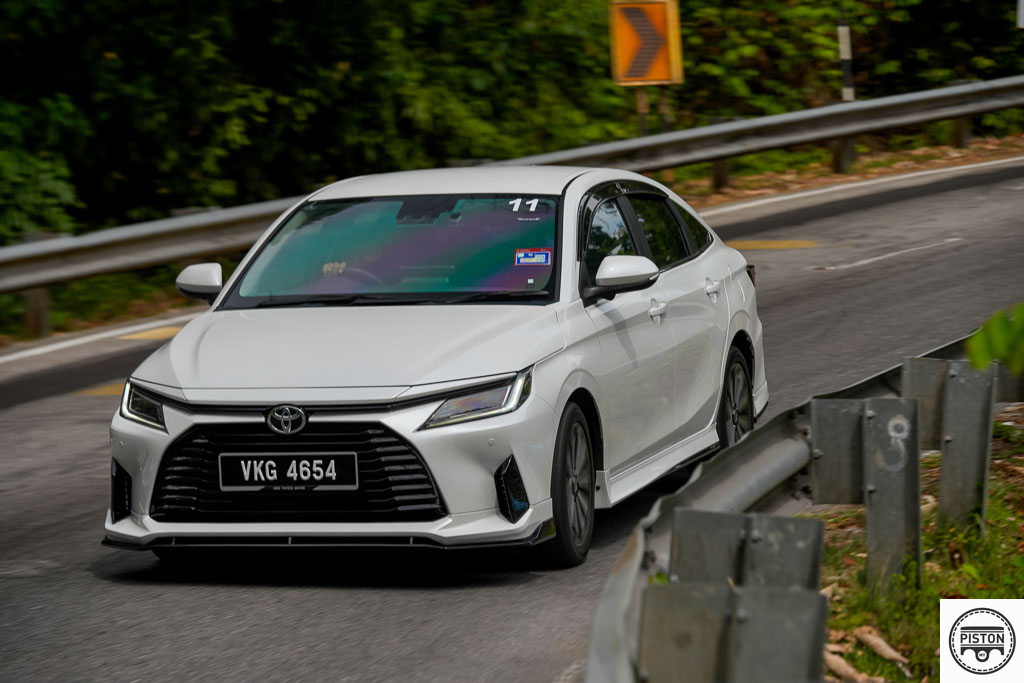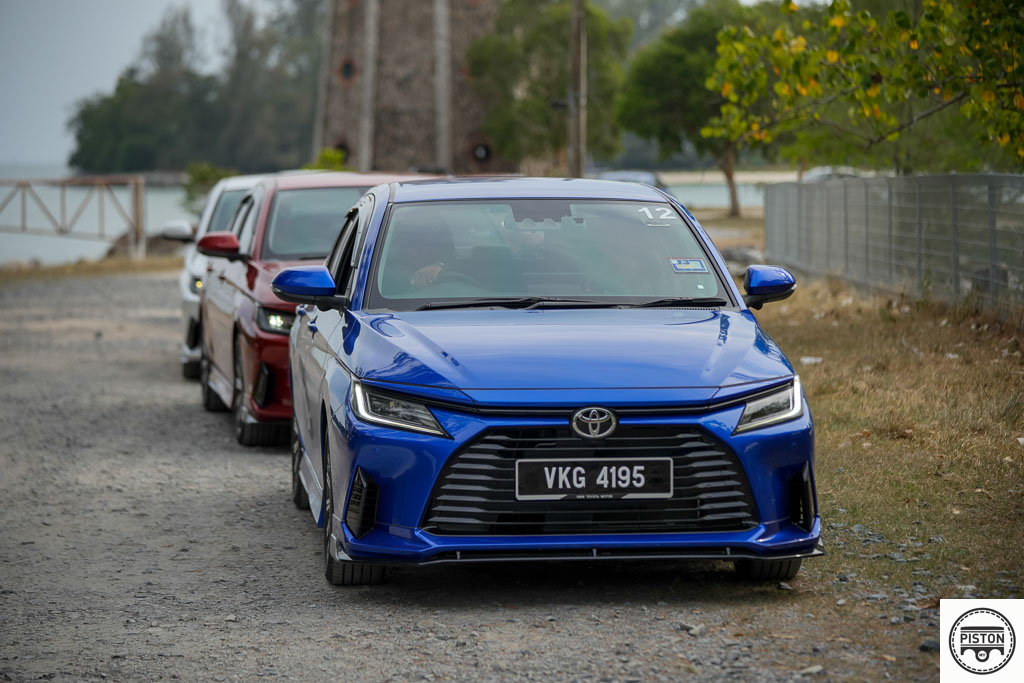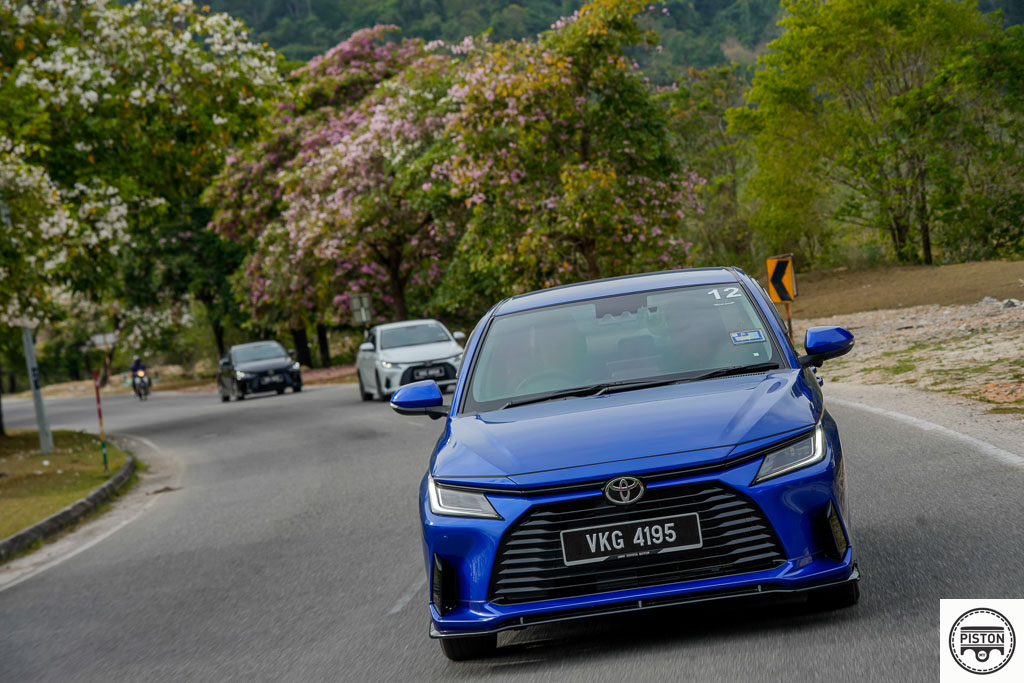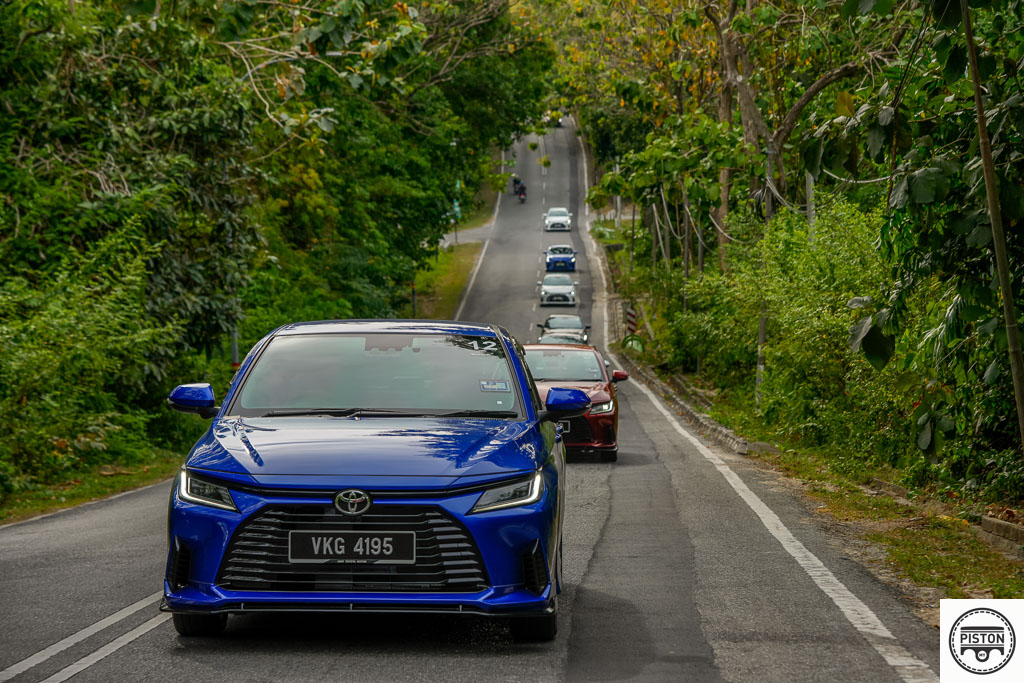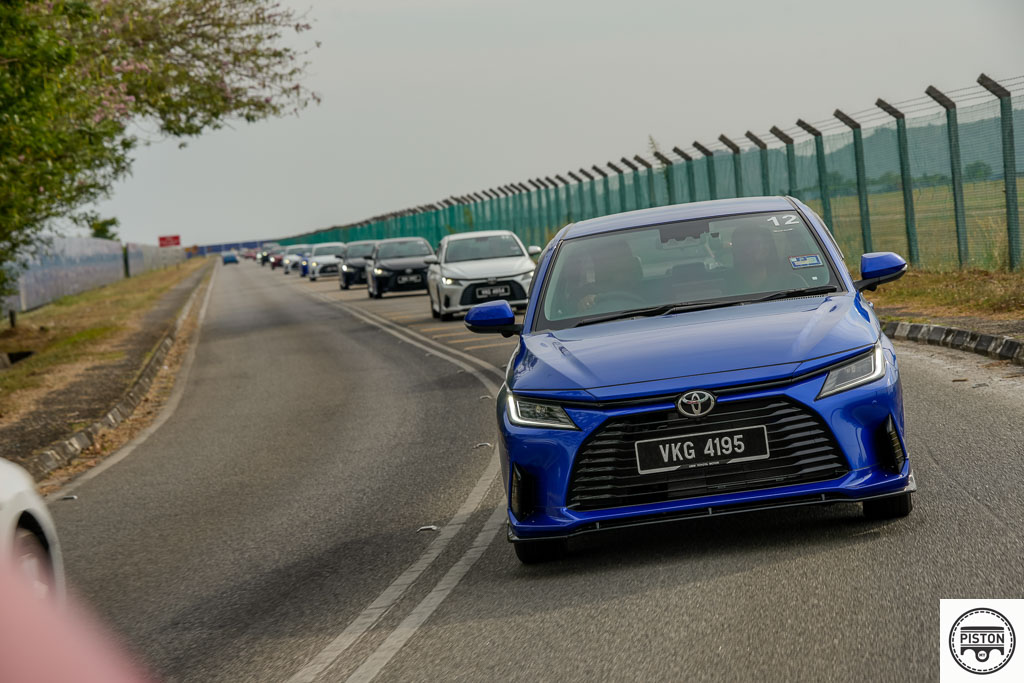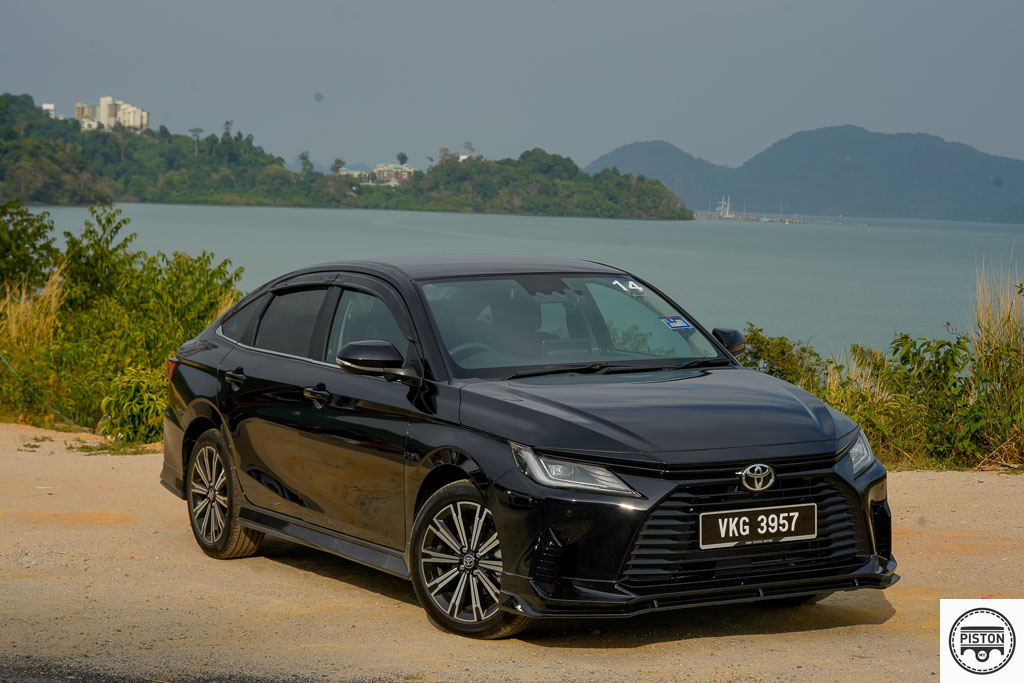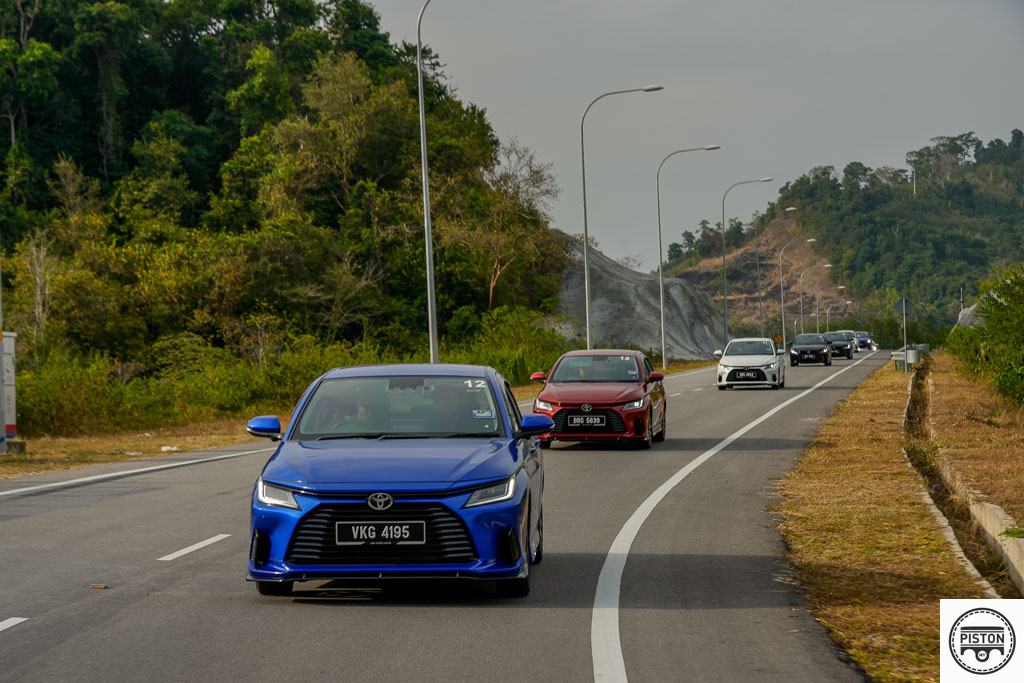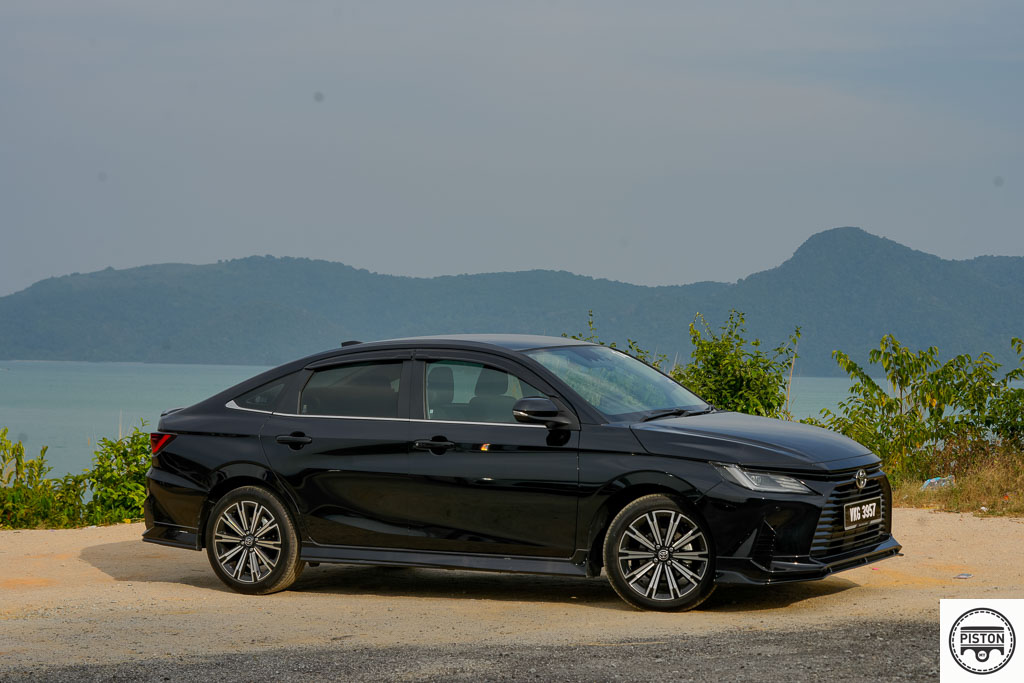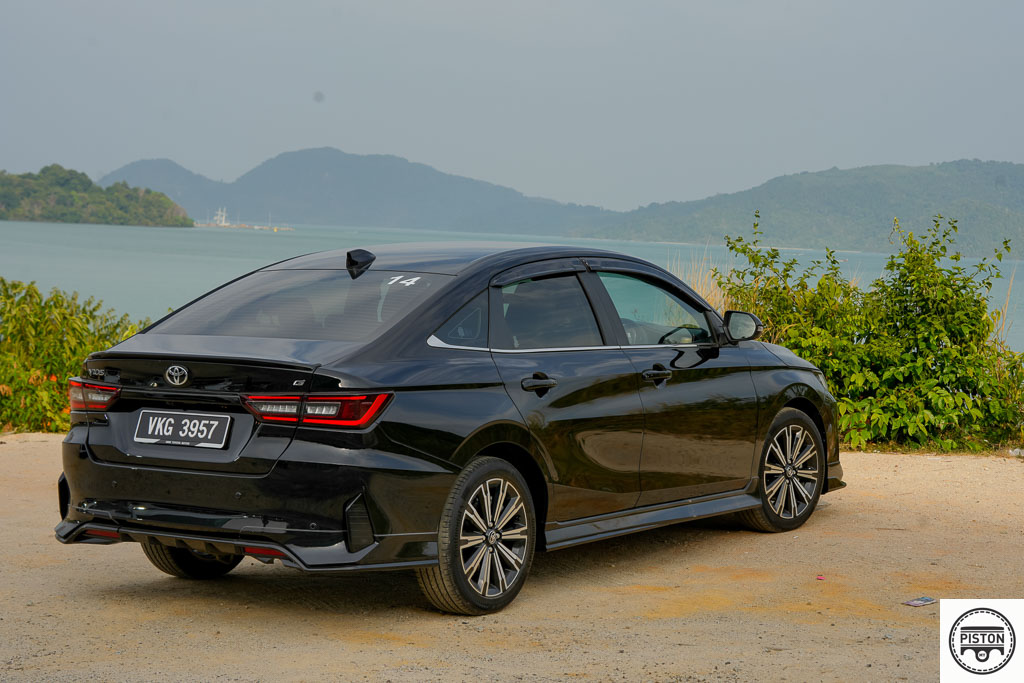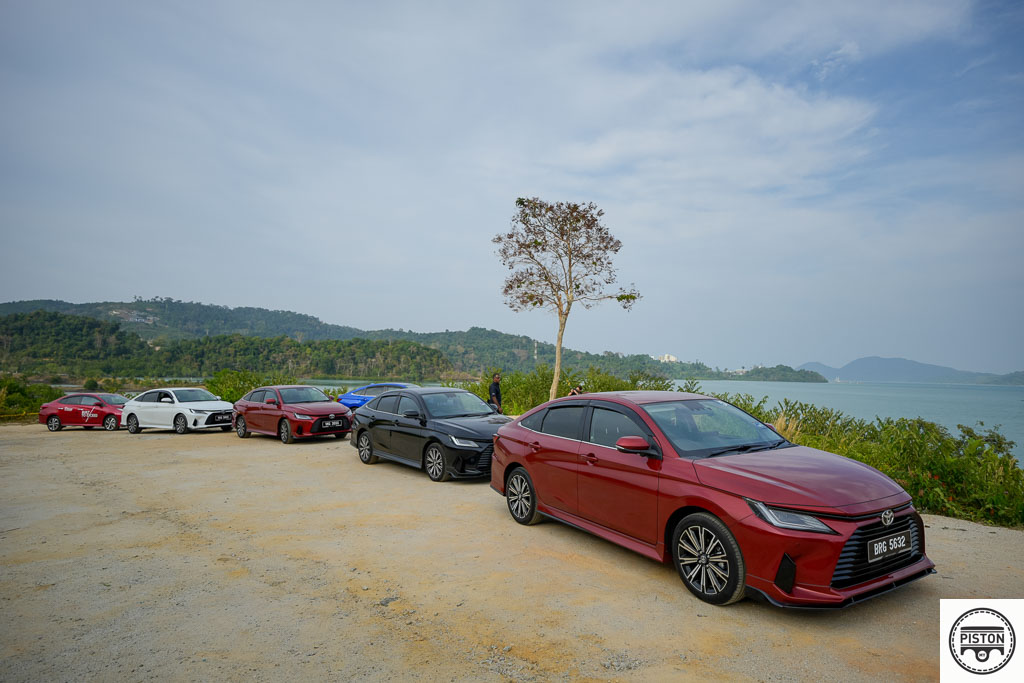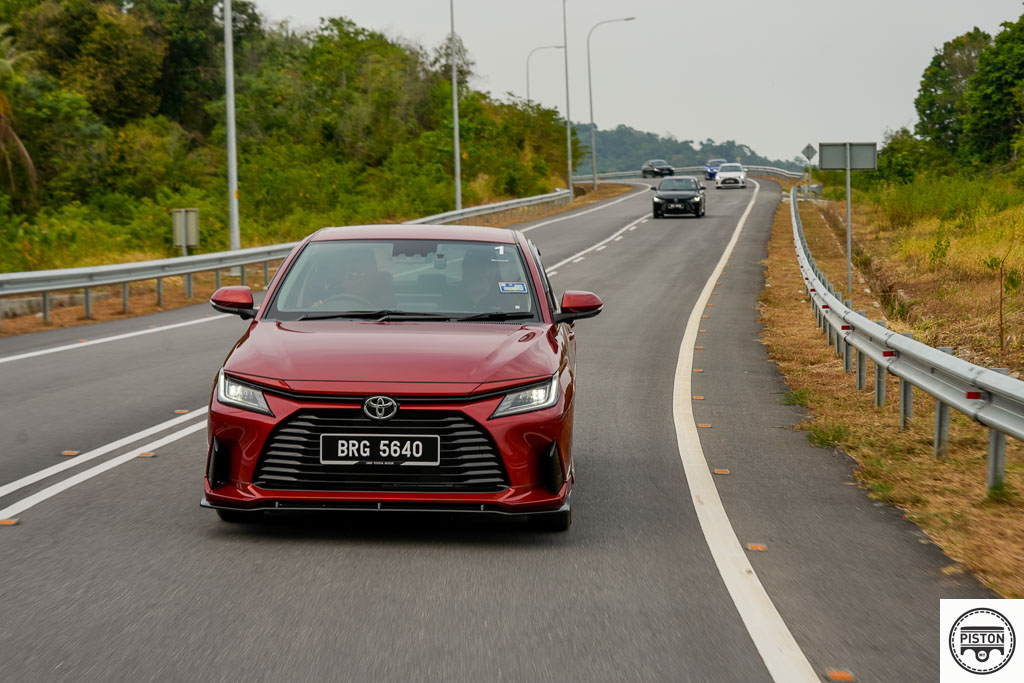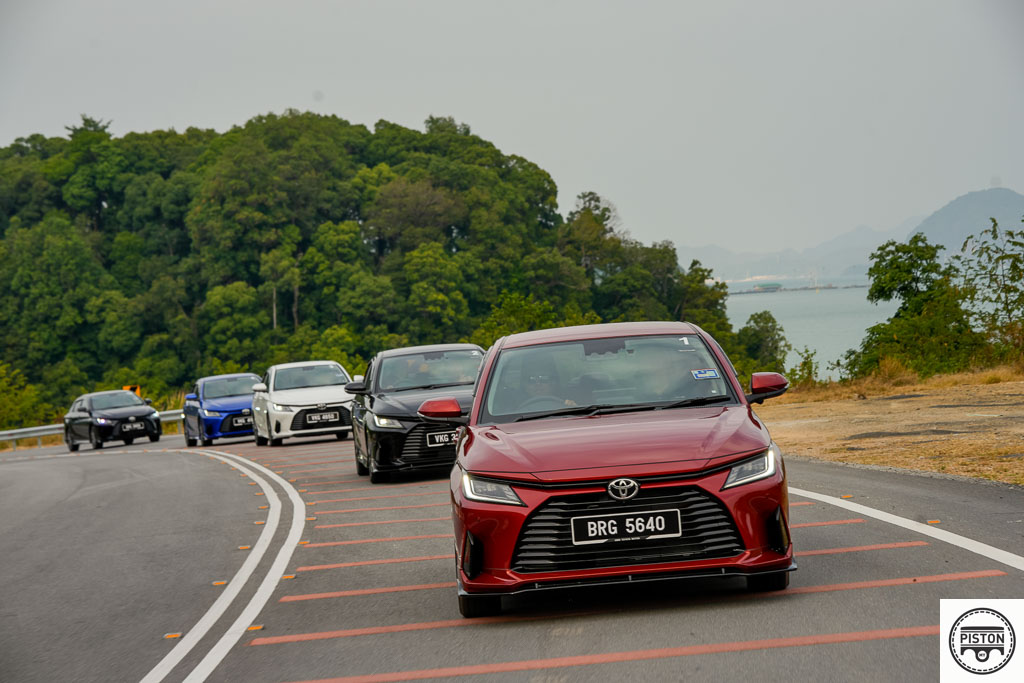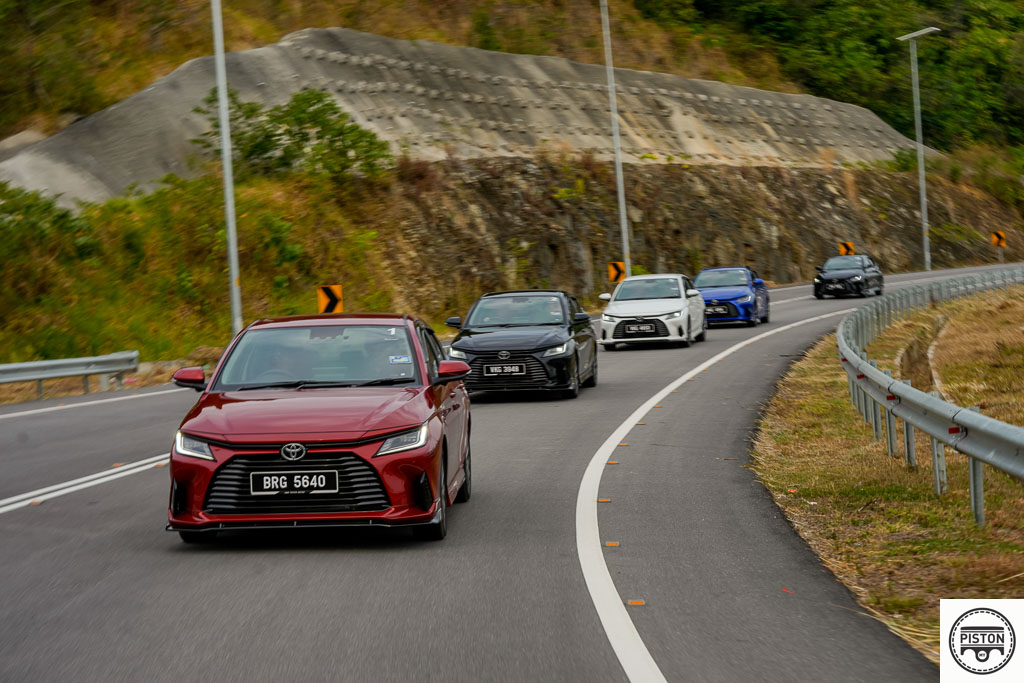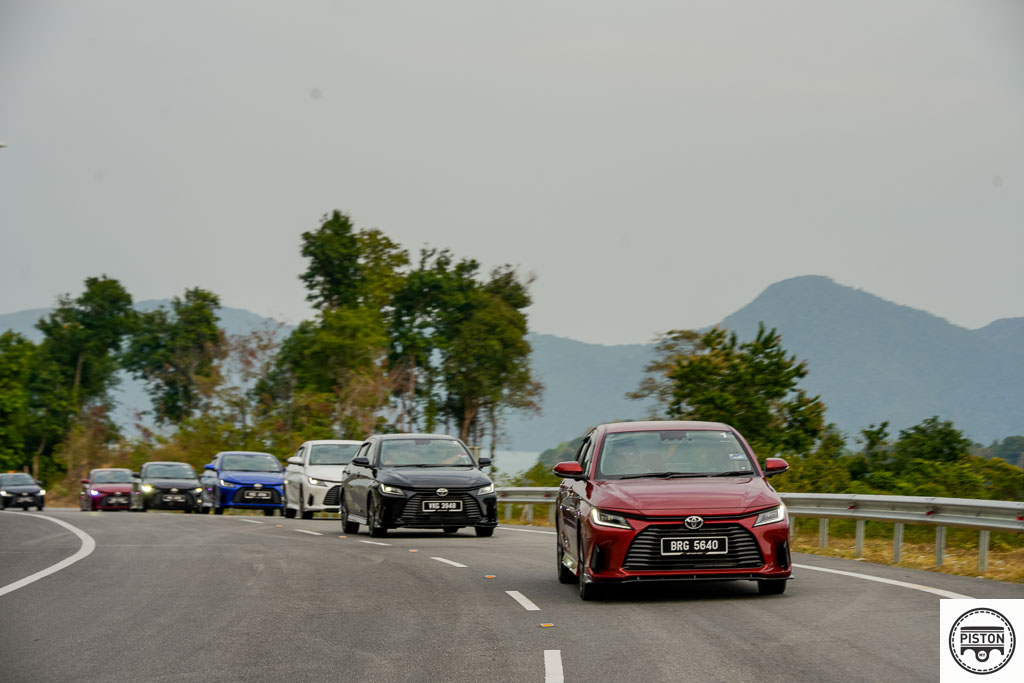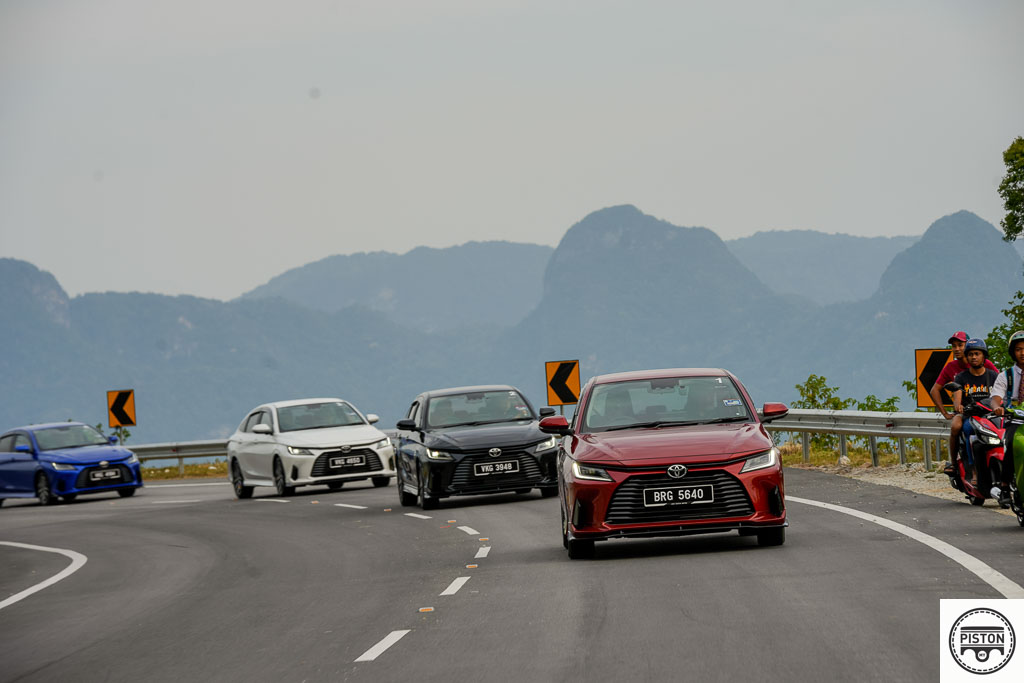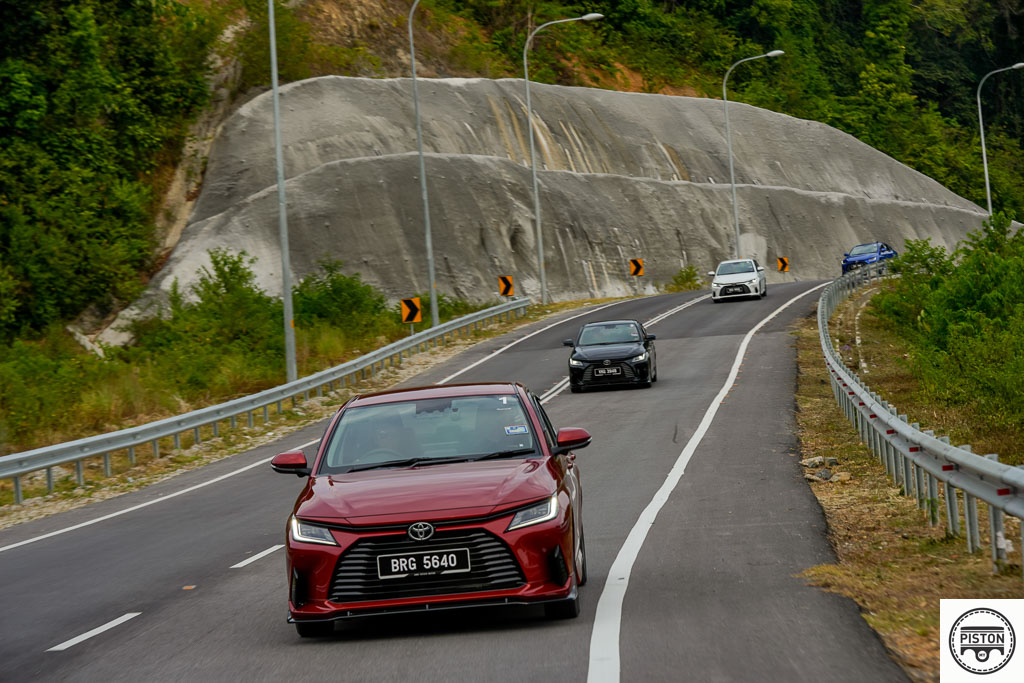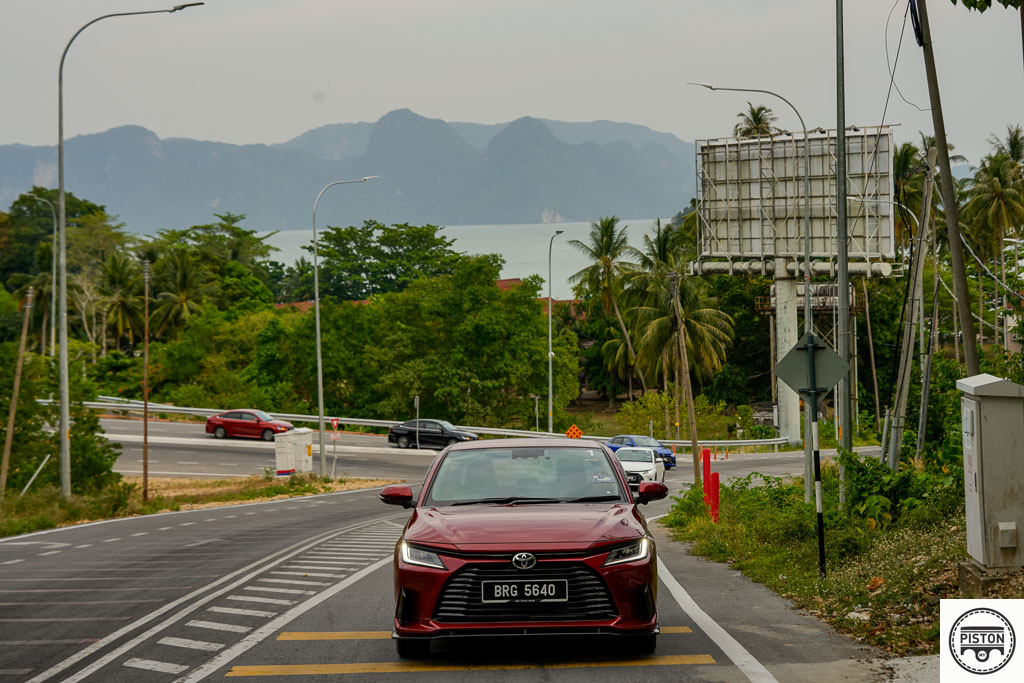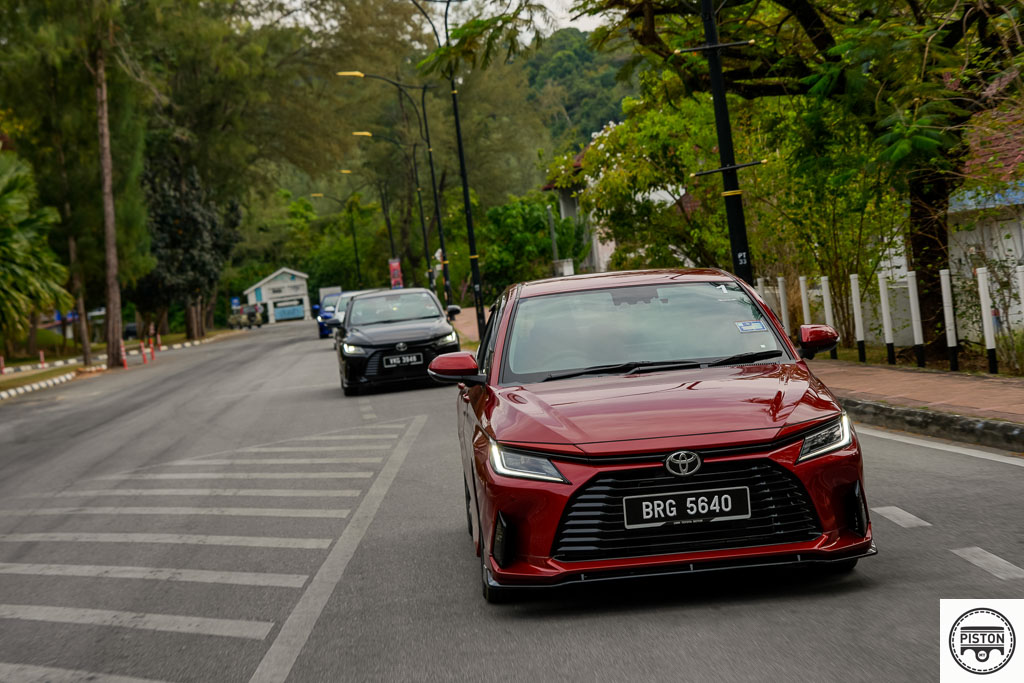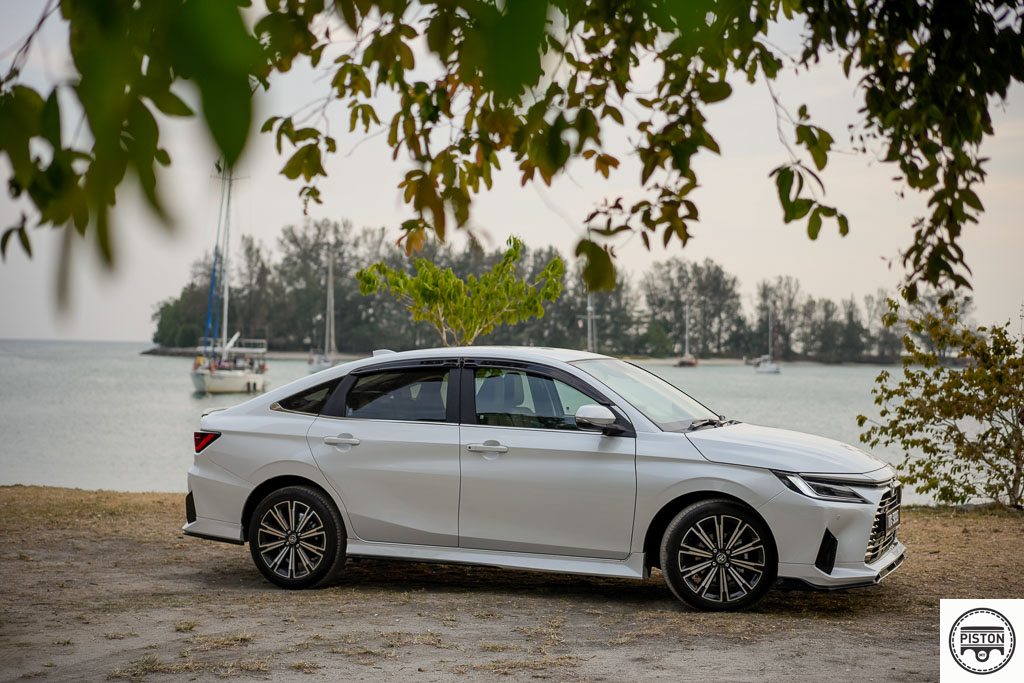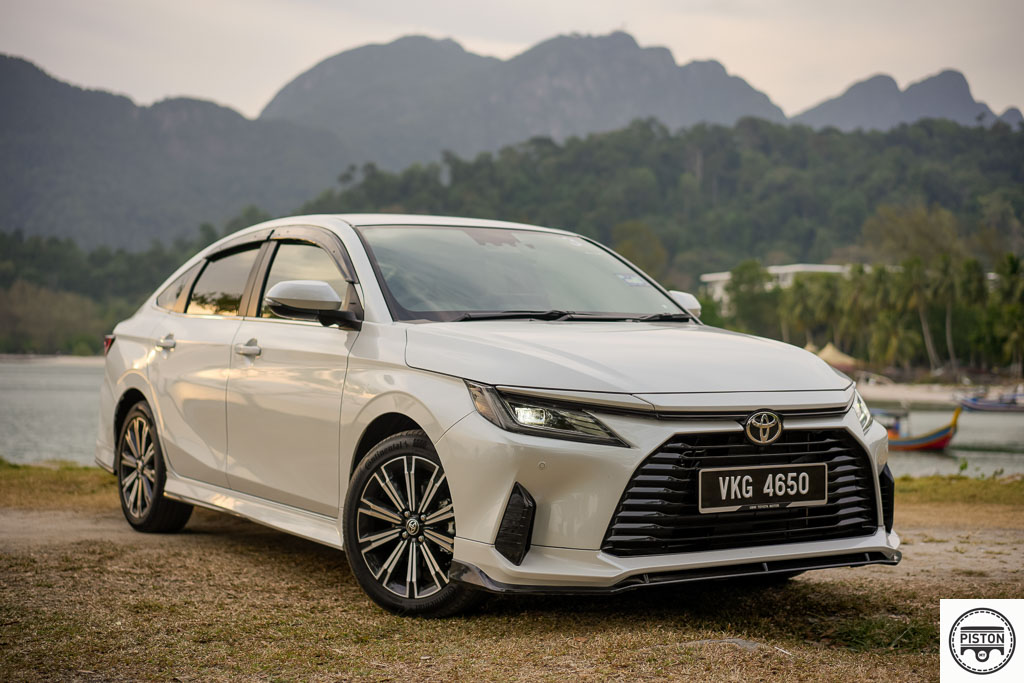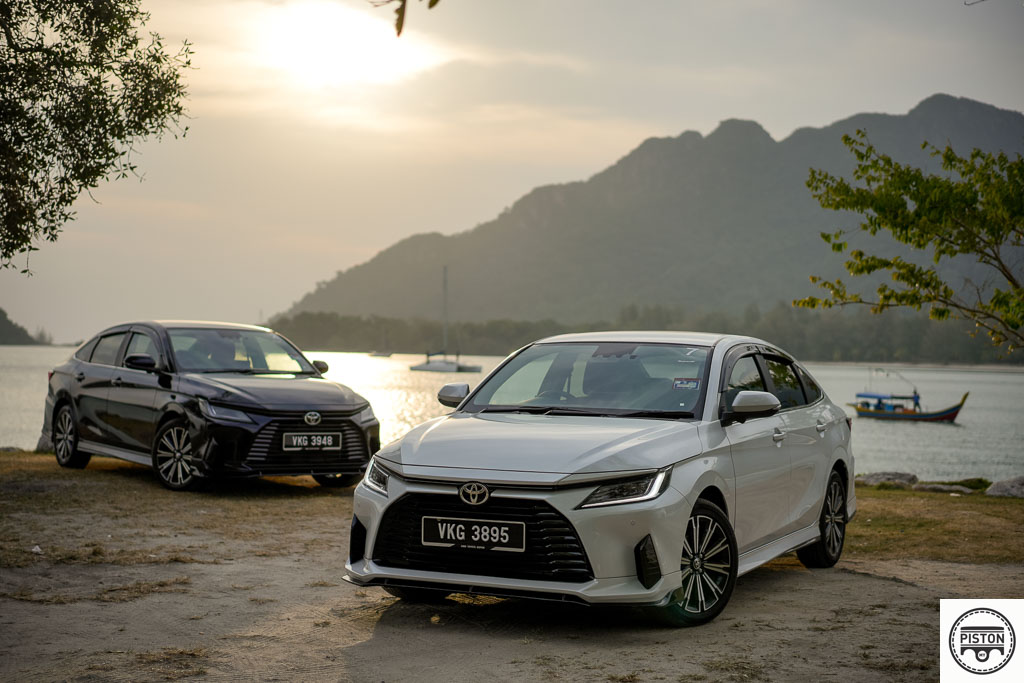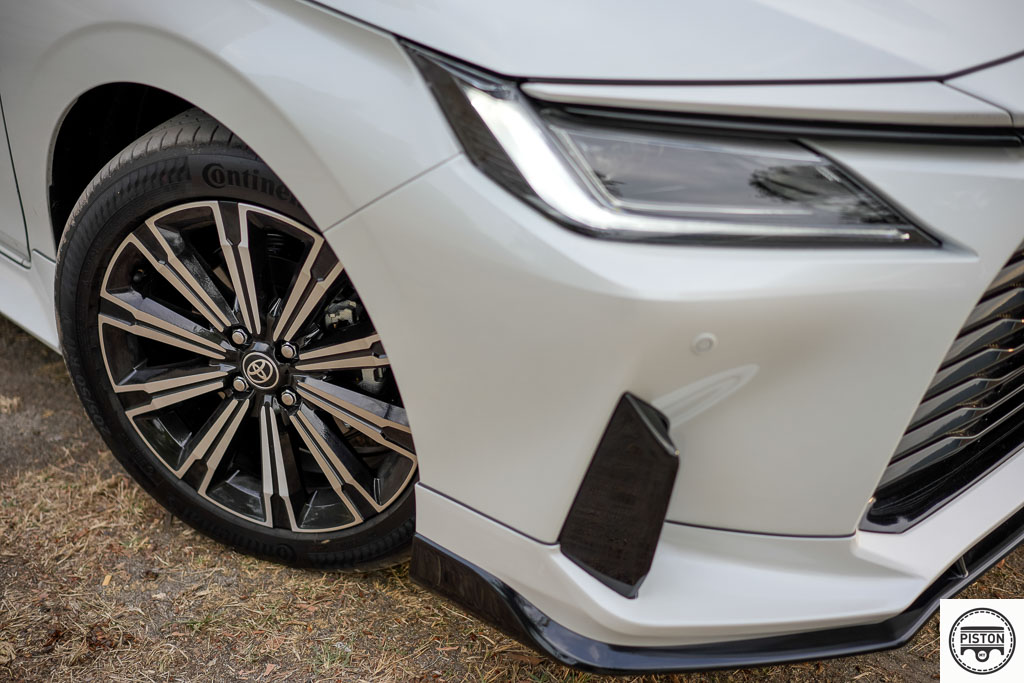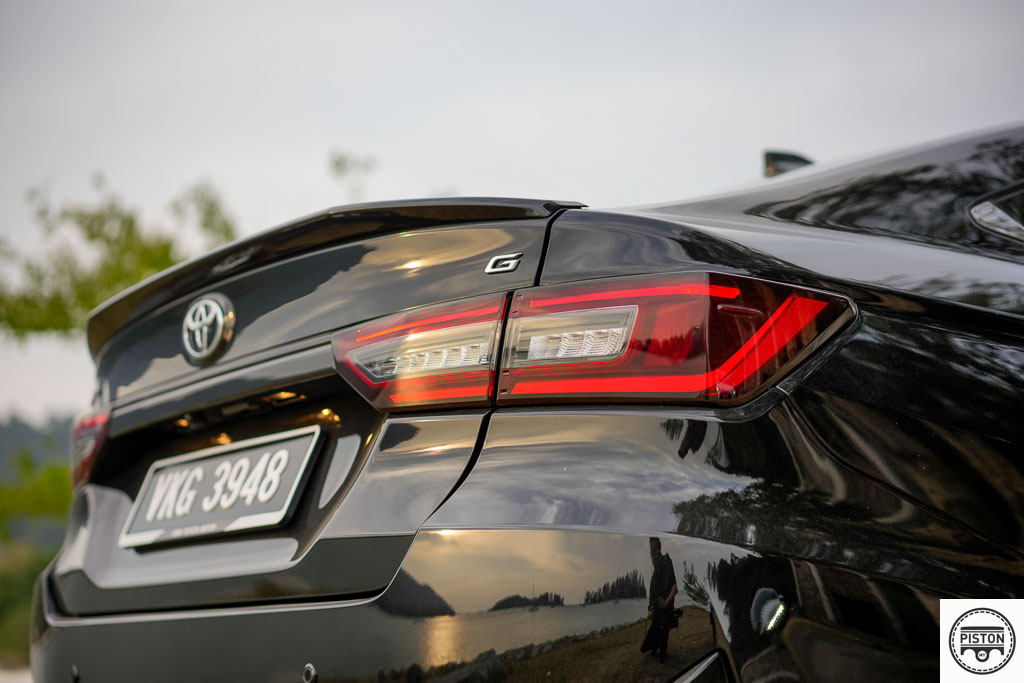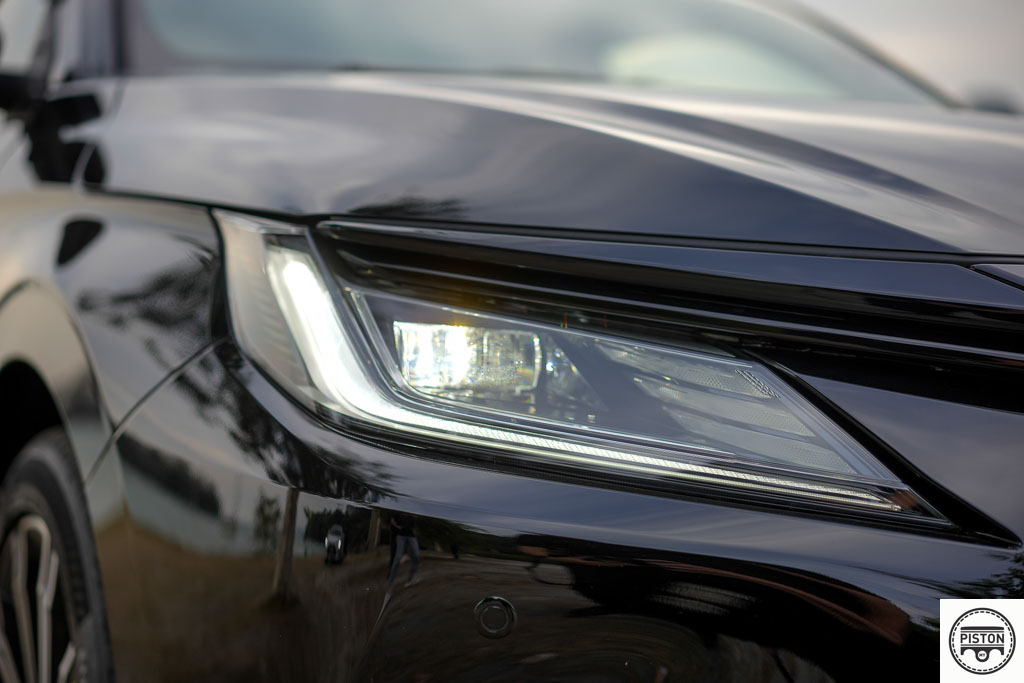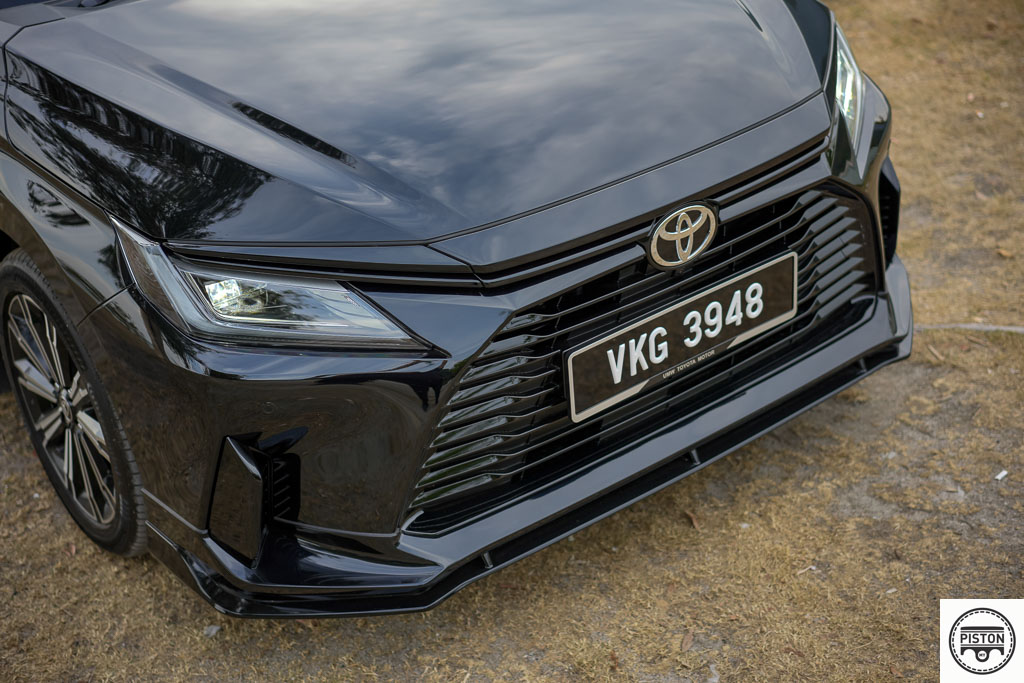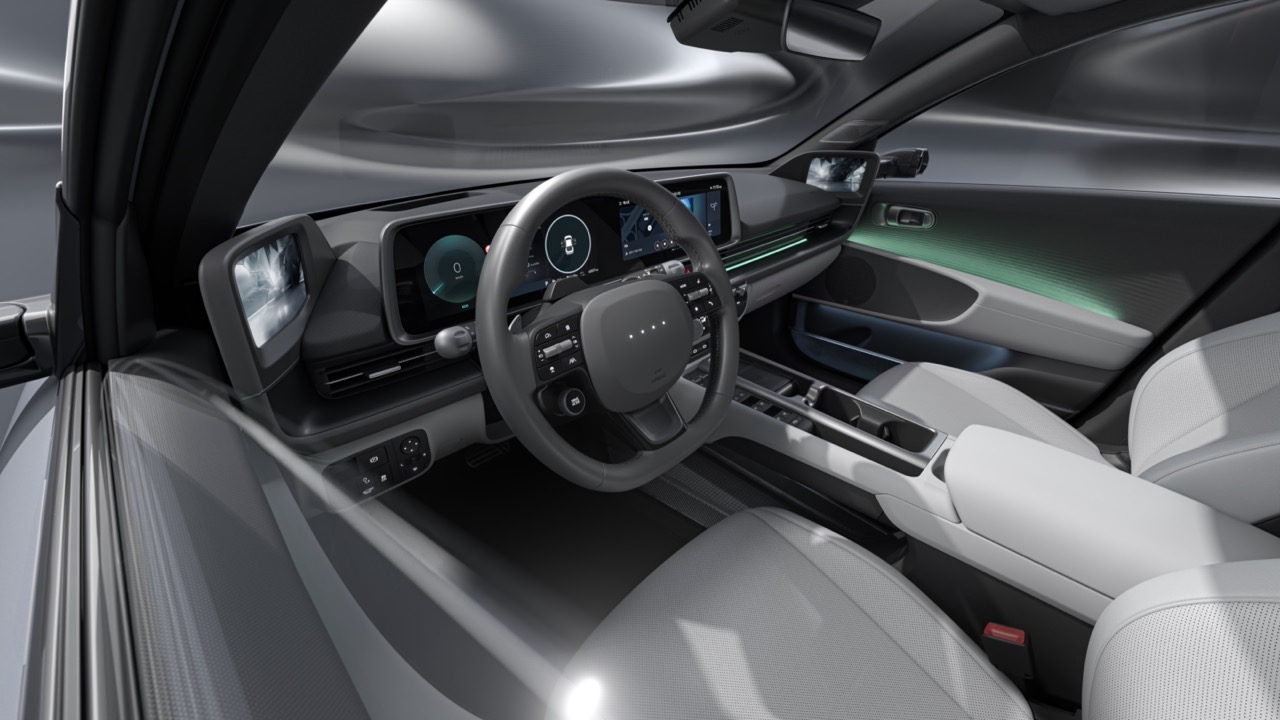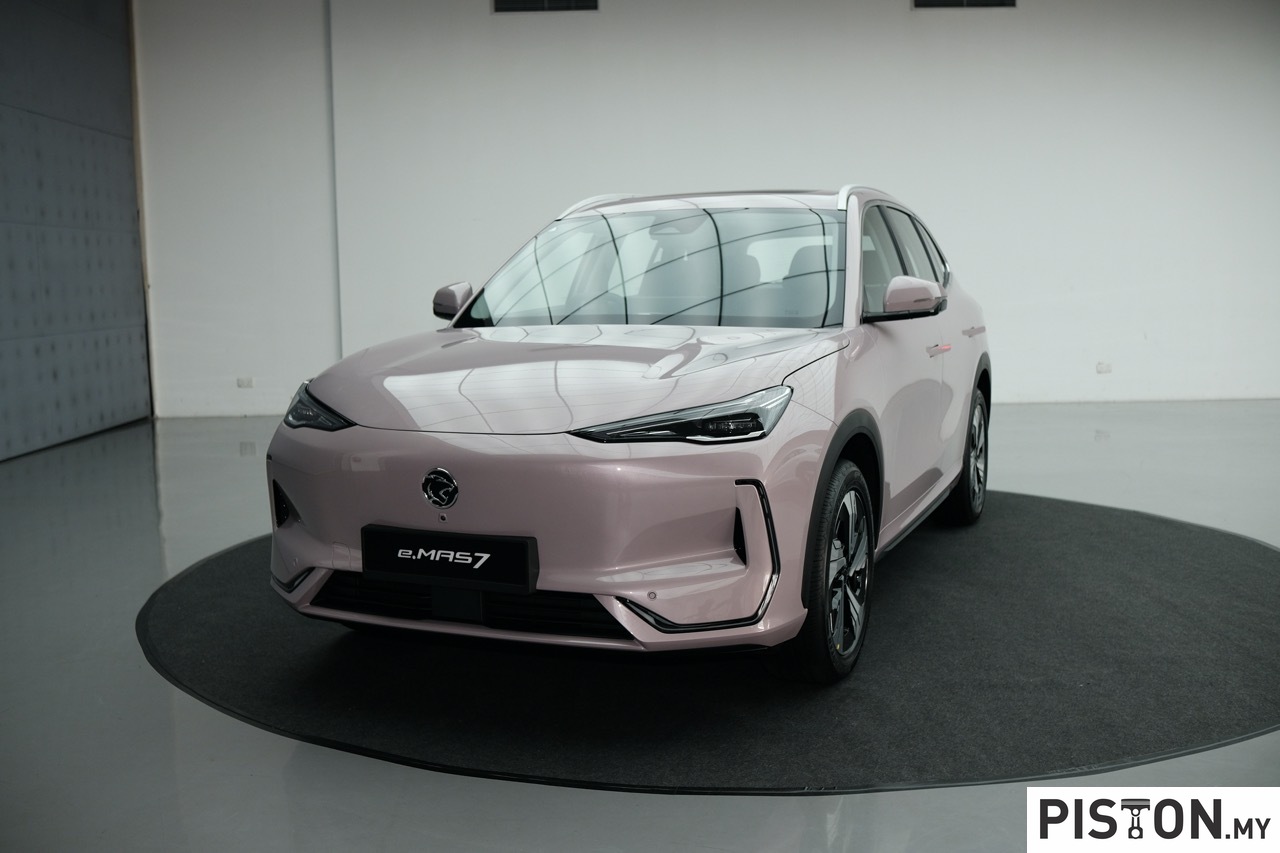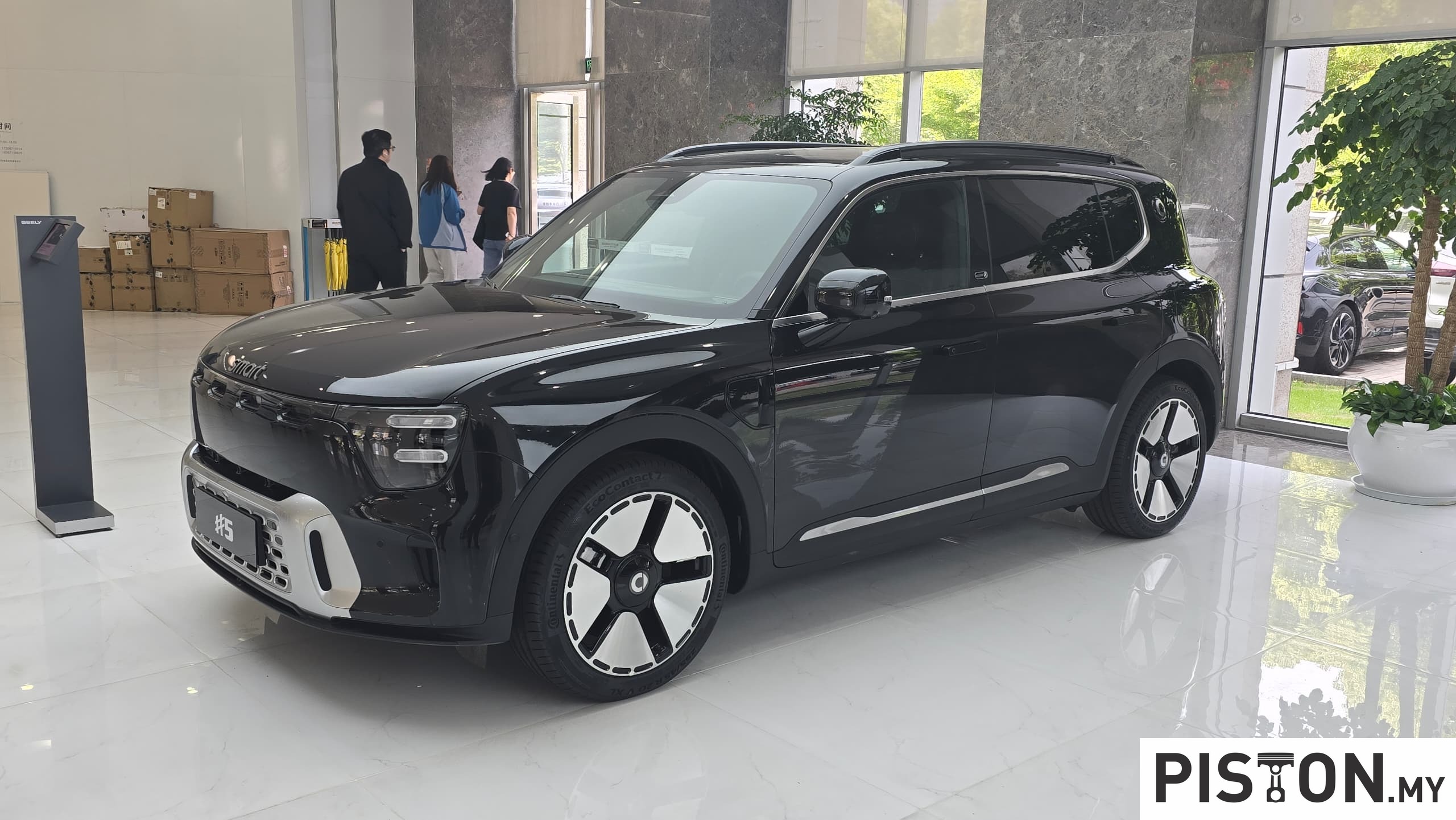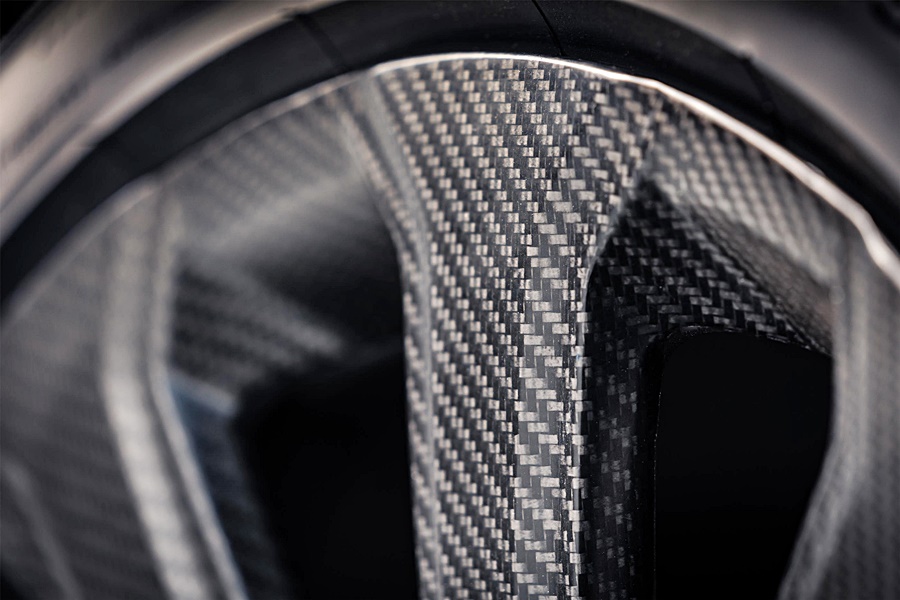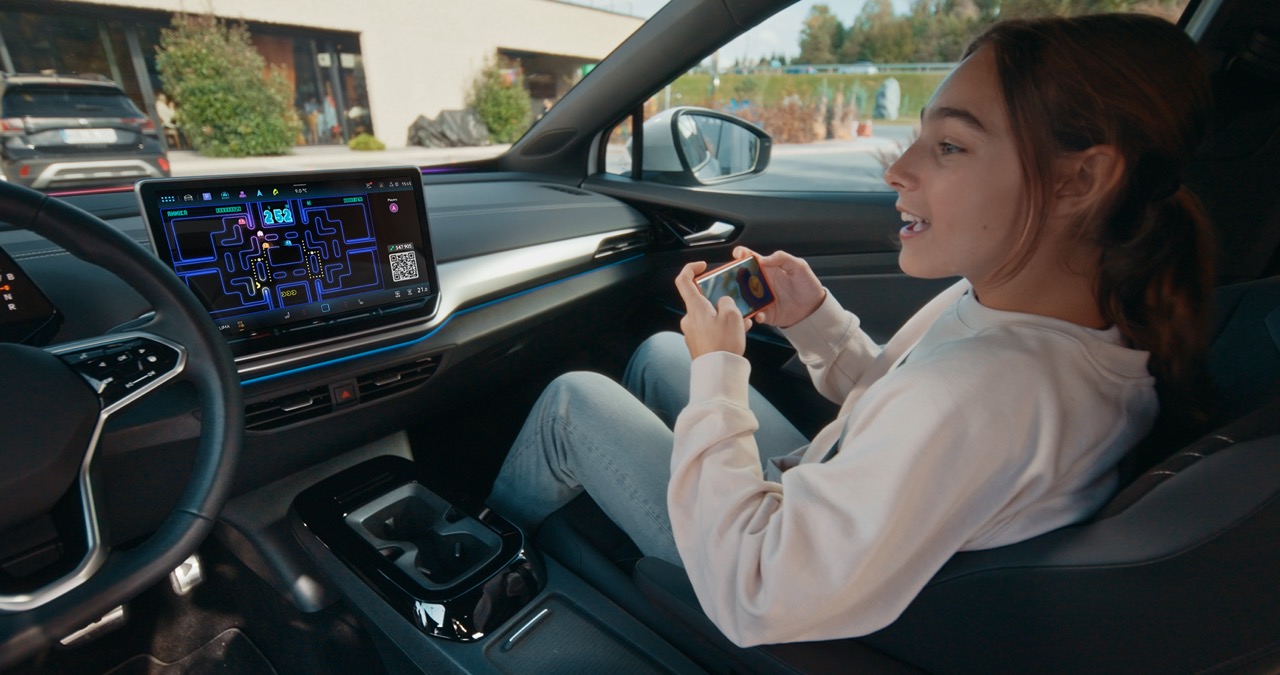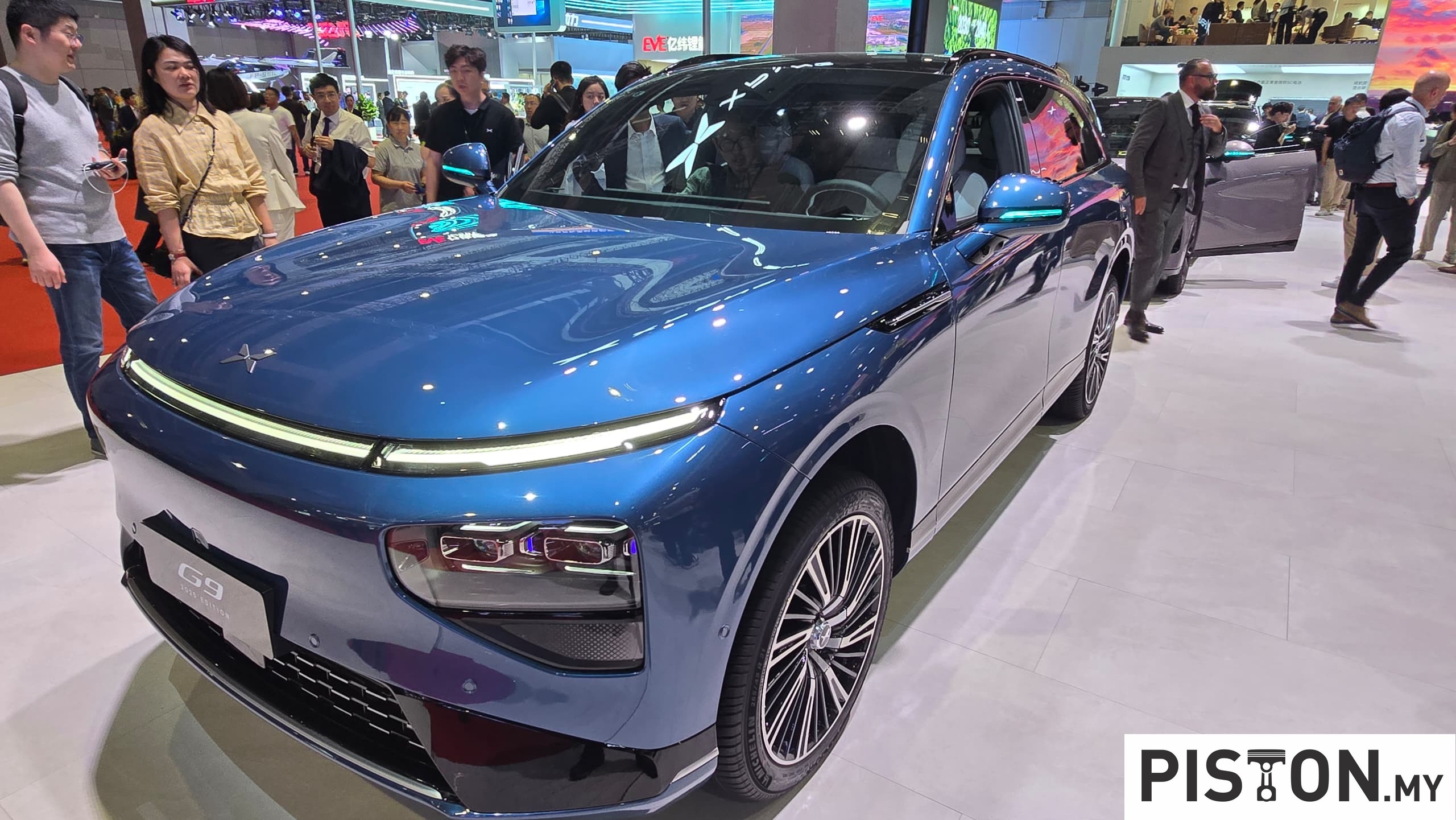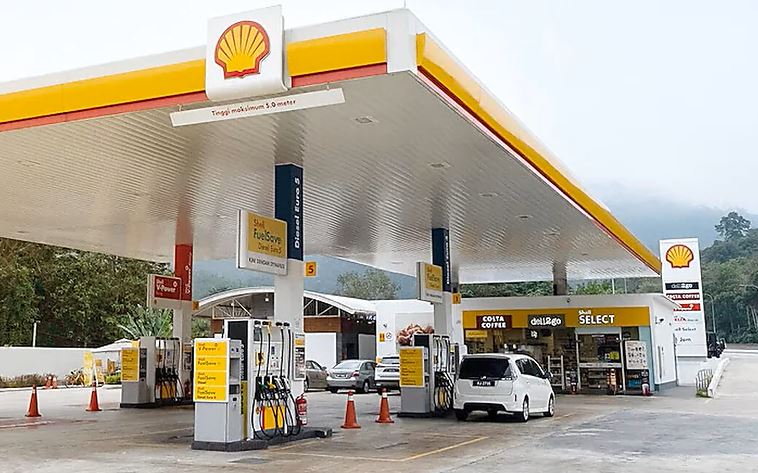Reliable, fuss free, efficient and comfortable, the Vios has been the choice of the Malaysian middle-class since it was first introduced in 2003.
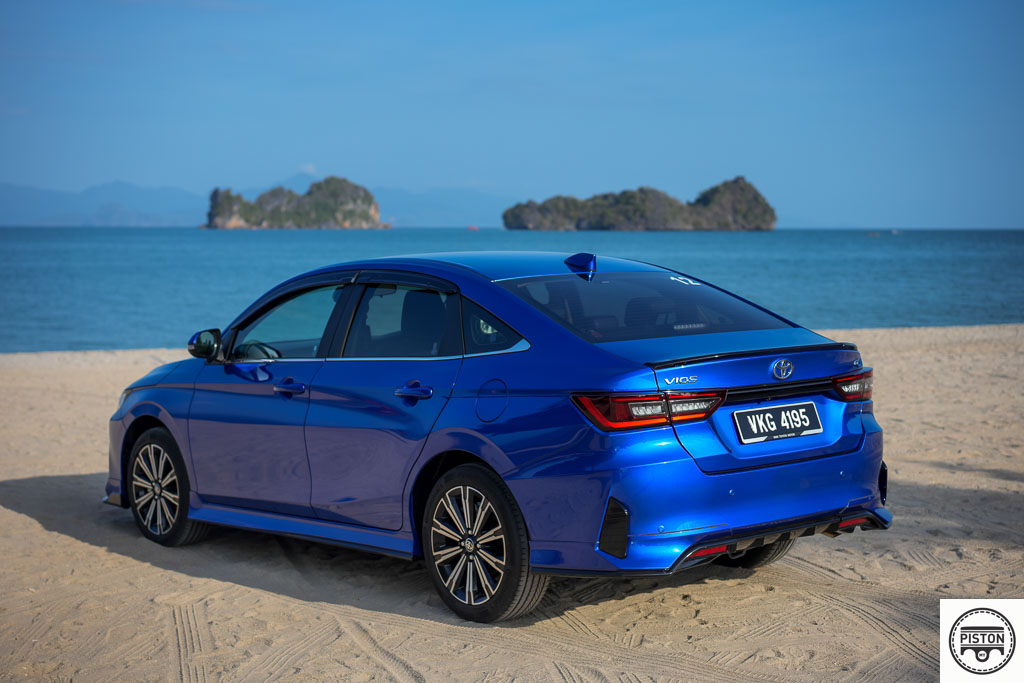
It is almost impossible to fault the Vios but if it had to be brought up then the second-generation “Vios Dugong” that received the most heat for the way it looked.

But in all fairness, pareidolia is the last thing car designers consider when coming up with a new design. Fair play to Malaysians though, we are the best at coming up with imagining things and coming up with car names – ‘Civic Mayat’, anyone?
So there is no denying that the Vios is hugely popular, Toyota Malaysia says over 505,000 units have been sold since the early 2000s.

But the Vios was quickly becoming stale and many started to ponder whether Toyota was even serious about continuing to produce the Vios. It’s not often that car makers push a model over five years without an update, but Toyota had milked the third-generation Vios for nine whole years before the new fourth-generation model was introduced in Thailand towards the tail end of 2022.
Now that the new Vios is here, the spotlight will undoubtedly will be on it. But the new Vios is prepared to shine, it is well-prepared to even steal the spotlight from its competitors in some aspects because there are some things that it does better than even the likes of the much loved fifth-generation Honda City.
But there’s so much that is new, we decided to break it down to bite sized nuggets of information for you:
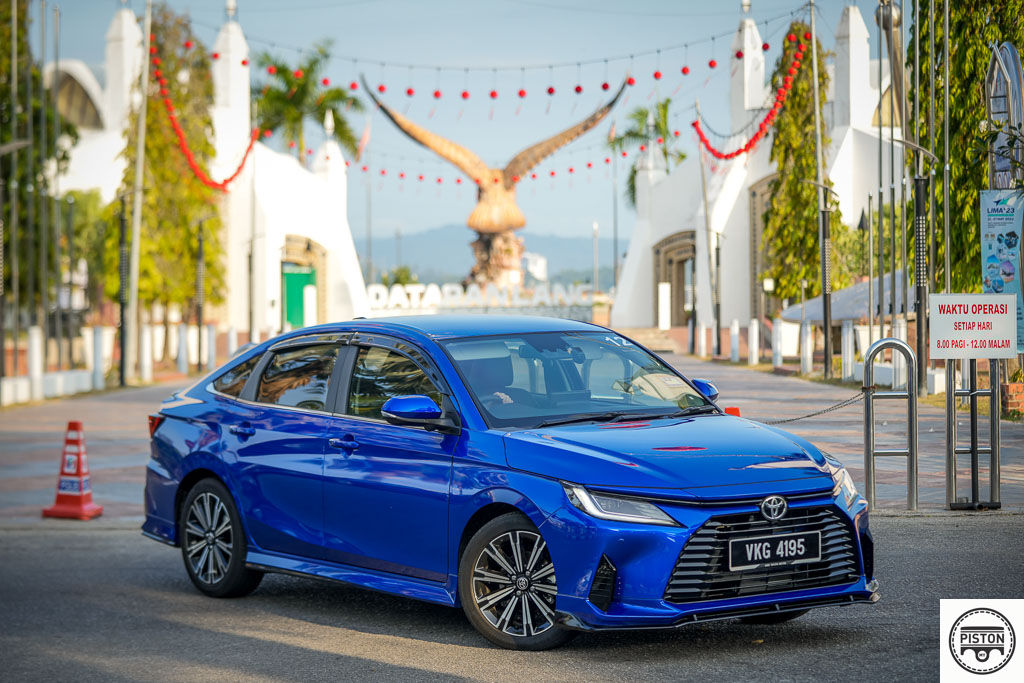
- Design
- This is definitely the most obvious thing but the new design (which to some eyes happen to look like a compressed Camry) is not just visual, but it’s also functional as well. Take the front bumper with aerodynamic wings (or curtains) at either end, finished in gloss black. These are not just for visual drama but are there to improve aerodynamic efficiency and reduce drag as the car slices through the air. Toyota also says that it works to cool the brakes as well. And to ensure that bystanders that are curious enough to look closer know what they are for, the words Vortex Generators are boldly printed on them.
- The rear of the car looks like it was perhaps inspired by a 3-Series or even a Honda City, though that is up for debate. However the rear diffuser is also said to be functional and has “flat-ish” under body rear tray that perhaps aids aerodynamics as well. We were also told that the gloss-black aerodynamic wings at either end of the rear bumper are said to channel air away from the car rather than letting it swirl at the edges of the bumper. Supposedly to reduce drag and reduce noise that may intrude back into the cabin.
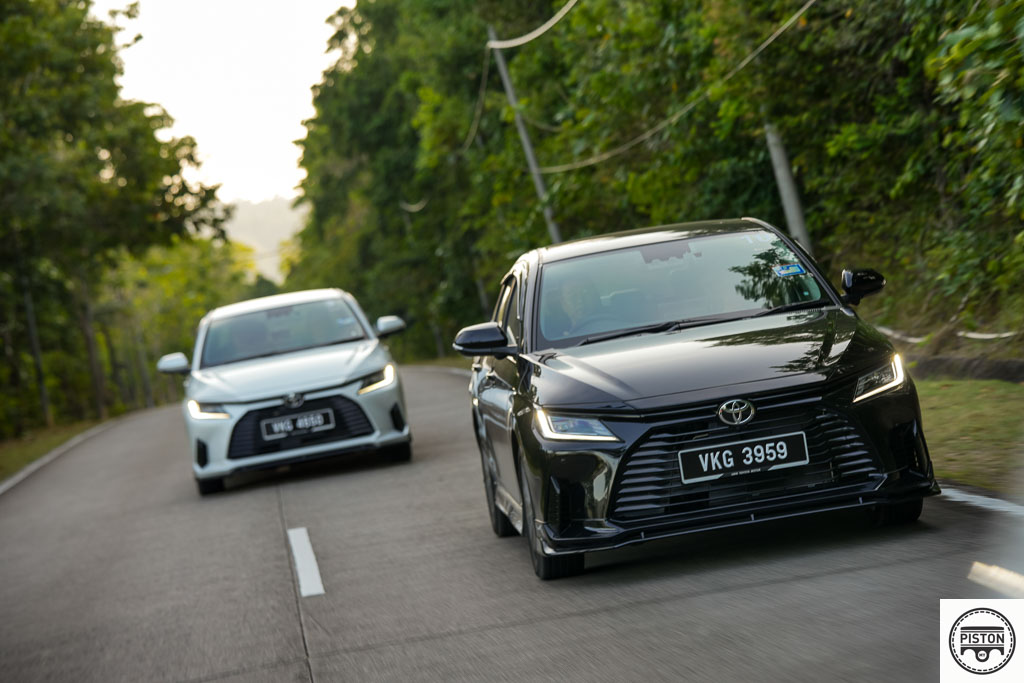
- It has grown in size
- The new Vios is based on the new Daihatsu New Global Architecture (DNGA), and is a product of a Toyota-Daihatsu collaboration called the ‘Emerging-Market Compact Car Company’ (EMCC). This is an internal company, and for those not in the know, Toyota is the parent company of Daihatsu.
- Now that we have those details aside, the Vios’s underpinnings means that the car is now 5mm longer, 10mm wider, 5mm taller and more importantly, the wheelbase of the Vios has grown by 70mm.
- The increase in size is quite clear to see with the new design clearly making the car look much bigger.
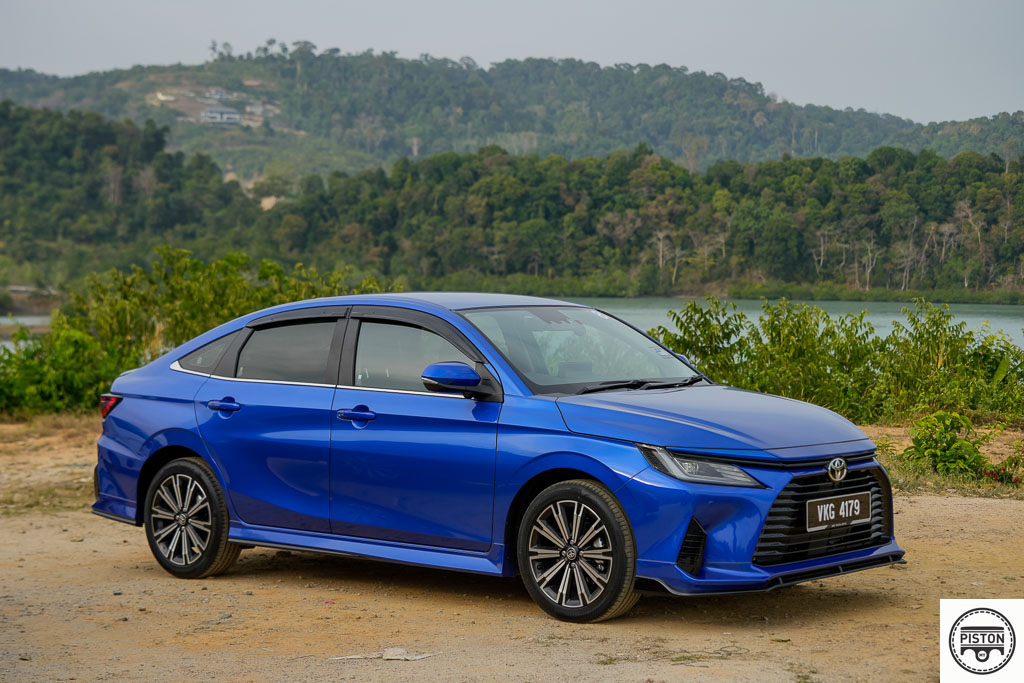
- Fast-Back Design
- It may sound like a stretch for Toyota to use that word on a Vios, but that swooping rear roof line is what inspired the adoption of that monicker. And in all honesty, the design of the new Vios looks fantastic. It is the single biggest leap forward for the all-new Vios and as far as first impressions go, it had us at Hello!
- But that Fast-Back design which Toyota so loves to talk about comes at a cost, and unfortunately the head room and overall feel in the back takes a beating. Because of the way the roof sweeps down, there’s hardly any headroom for anyone taller than 178cm and the windows seem a little smaller than before and this sacrifices the amount of light that gets into the back cabin, making it feel smaller.
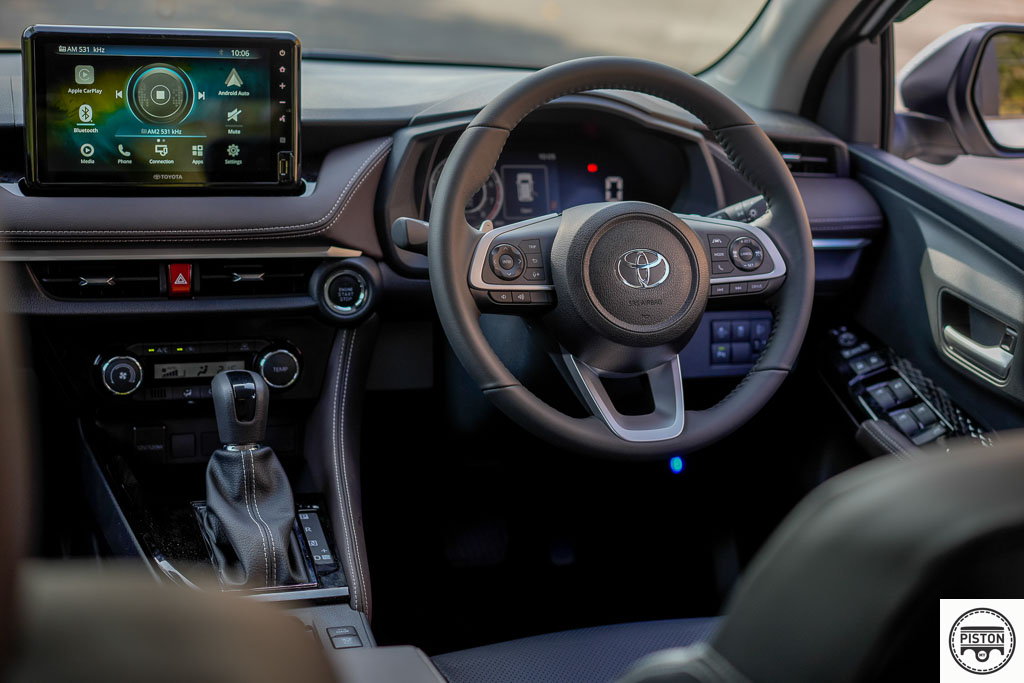
- But the quality is amazing!
- We drove the top of the line G-spec that comes with all the goodies and a full leather interior and it is just WOW! The design is fantastic and there’s soft touch plastics everywhere and the plush leather covers the dashboard, the door panels, the raised centre console and even the sides of the console where your knees rest.
- Current Toyota Veloz owners will recognise the interior but that’s not a bad thing.
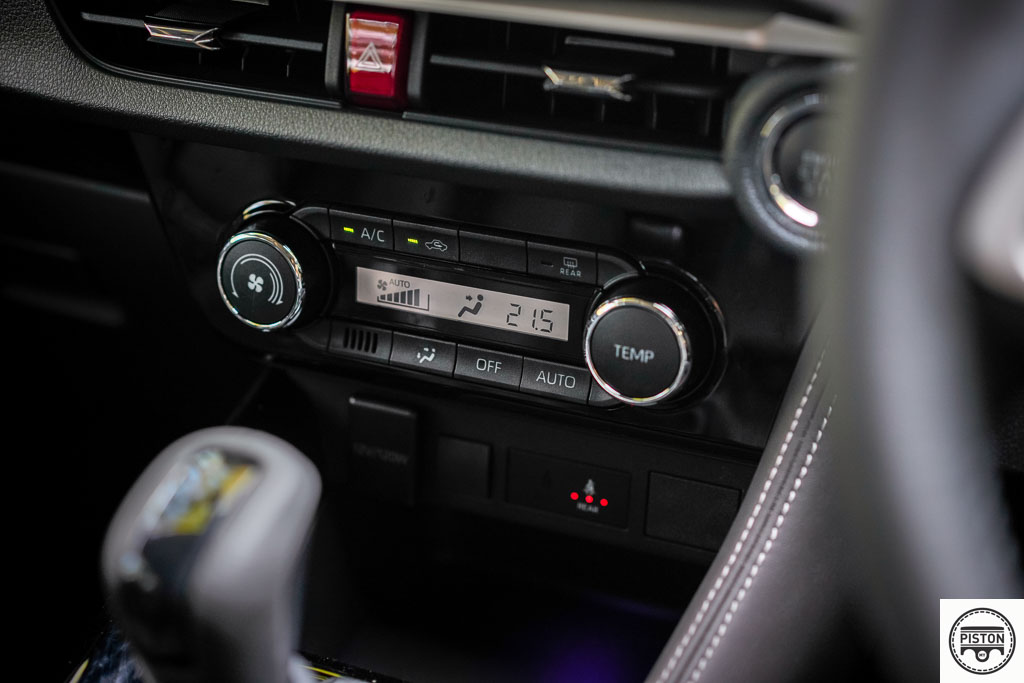
- The switches and buttons are from the Toyota/Daihatsu parts bin
- And yes even the meter panel is similar to the Myvi. Remember the EMCC company we mentioned earlier in this article? Well that’s the by-product of having one company produce a diverse range of models, you can’t run away from the parts sharing.
- So the air-conditioning dials are from the Veloz as is the steering wheel. The switches too. The meter panel too is similar to the Myvi and Axia, which to some might be a deal breaker. So the only way around that is to not get inside a Myvi or an Axia.
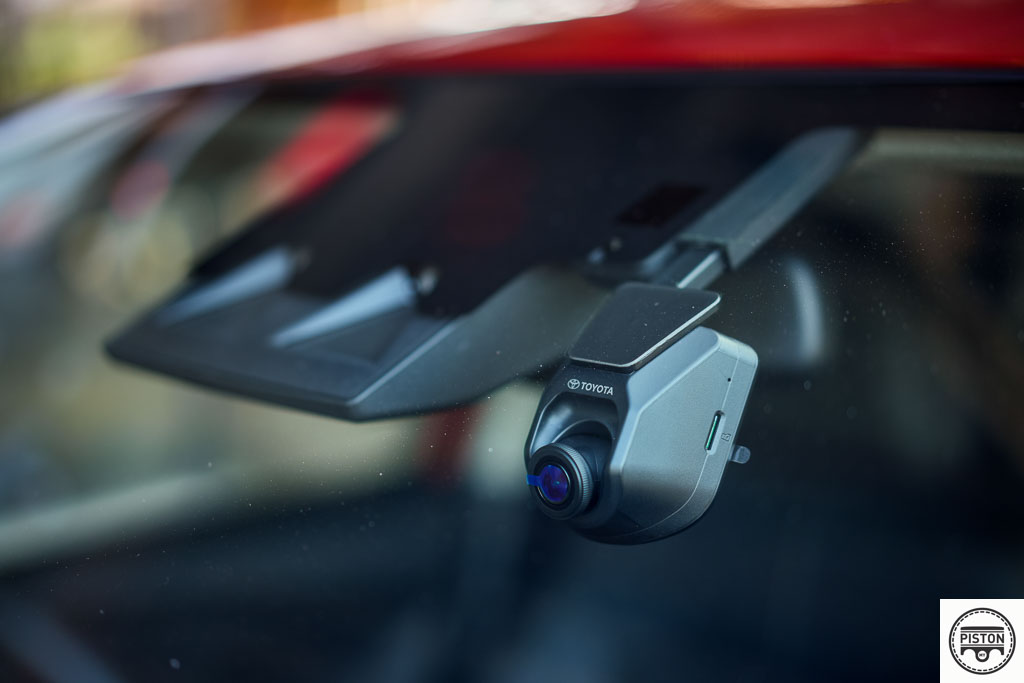
- It is loaded with features!
- The new Vios is undoubtedly going to give its competitors a hard time and that’s not just because of its looks and quality and the fact that it’s a Toyota.
- It comes with WIRELESS Apple CarPlay and Android Auto, which is a first for its segment. To complement that it also comes with a wireless charge pad for added convenience.
- Adaptive Cruise Control (ACC) is amazing and always handy especially during long distance drives. It also comes with Lane Keep Assist and Lane Departure Warning – as annoying as those features can be, they work great with the ACC.
- Front Departure Alert is one of the most underrated pieces of technology in a car. How many times have you been stuck behind a car or held up traffic just because the driver ahead or you were too busy scrolling through Facebook? This feature is for you! It alerts you when the front car has driven off so you never hold up traffic again.
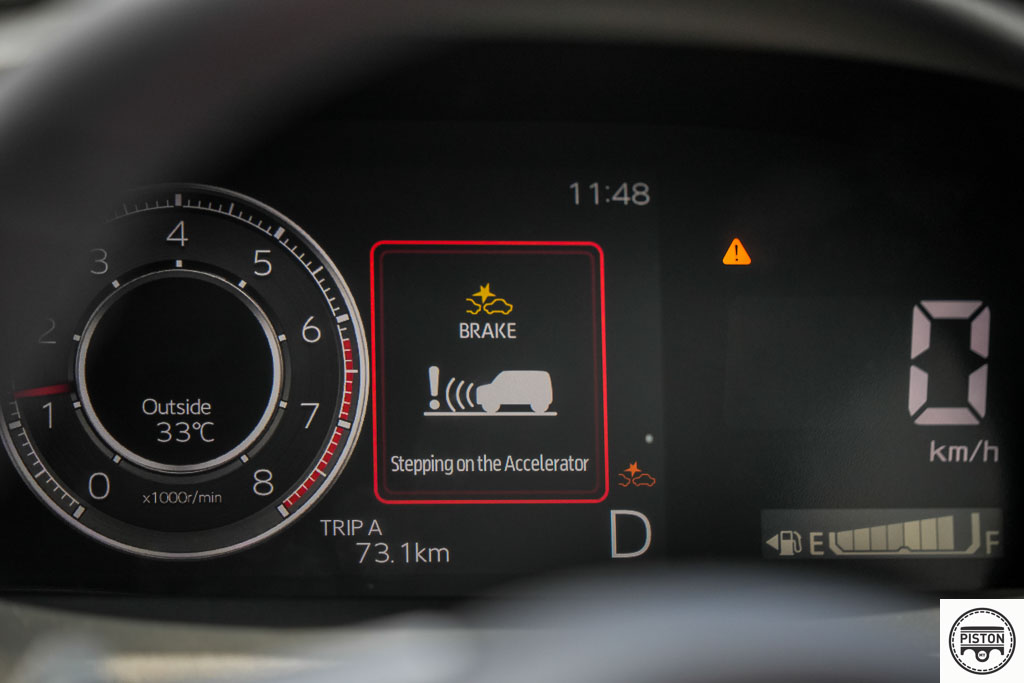
- Safety is the name of the game
- This is probably the most cliche part of this article but it is true and essential for the people that buy the Vios – young college go-ers, first car buyers, young parents, retirees. The Vios comes packed with six airbags and the Toyota Safety Sense (TSS).
- TSS alone offers seven different technologies to keep occupants safe and that does not yet include passive safety features.
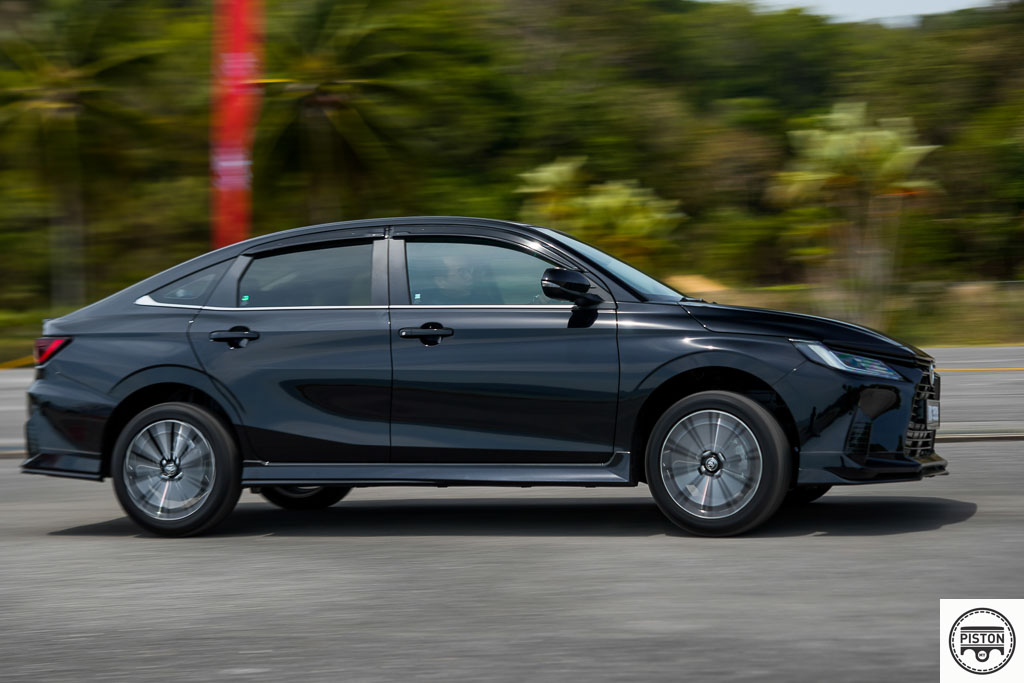
- The car is lighter and more rigid
- Achieved by using that DNGA platform, the car weighs in at a full 110kg lighter. And though it may be down on power when compared to the Honda City, it actually has the same acceleration figure because it is much lighter.
- The chassis is also stiffer than before making the car safer. This also gives it a nimbler feel and that is felt through the steering wheel that reacts to every input.
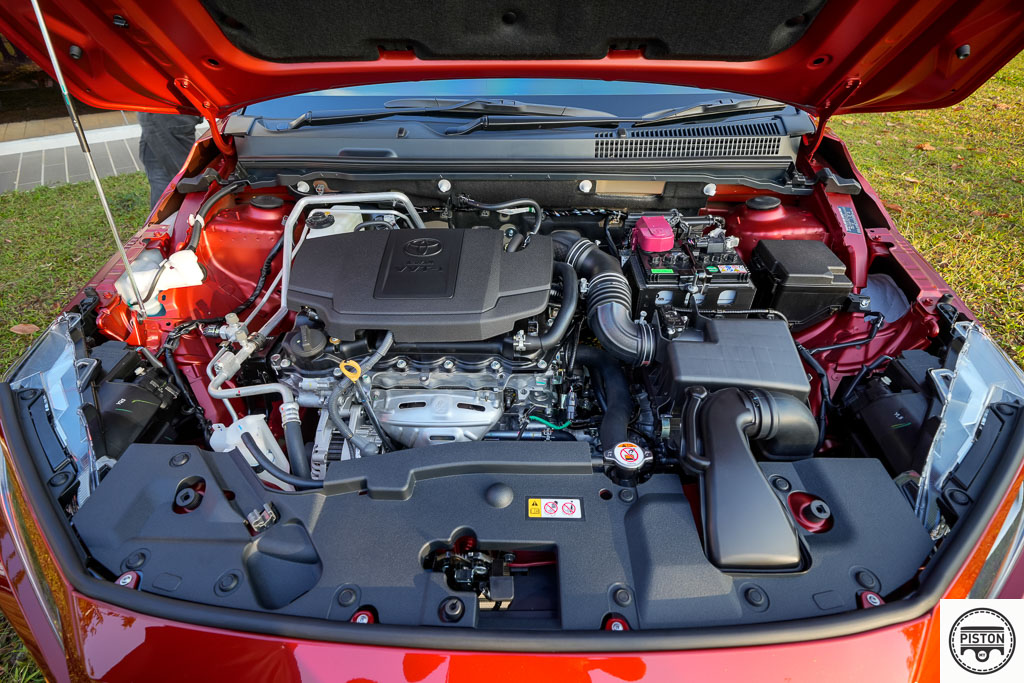
- Same powertrain!
- Well, almost the same powertrain – at 106hp and 138Nm of torque, the new Vios is slightly down on power compared to the model it replaces.
- But there’s a new D-CVT gearbox that uses a single pulley and dual gears to offer seven virtual gears (the technical details warrant an article by itself).
- The new gearbox makes the car more economical yet gives it a spirited feel during acceleration simply because it is lighter.
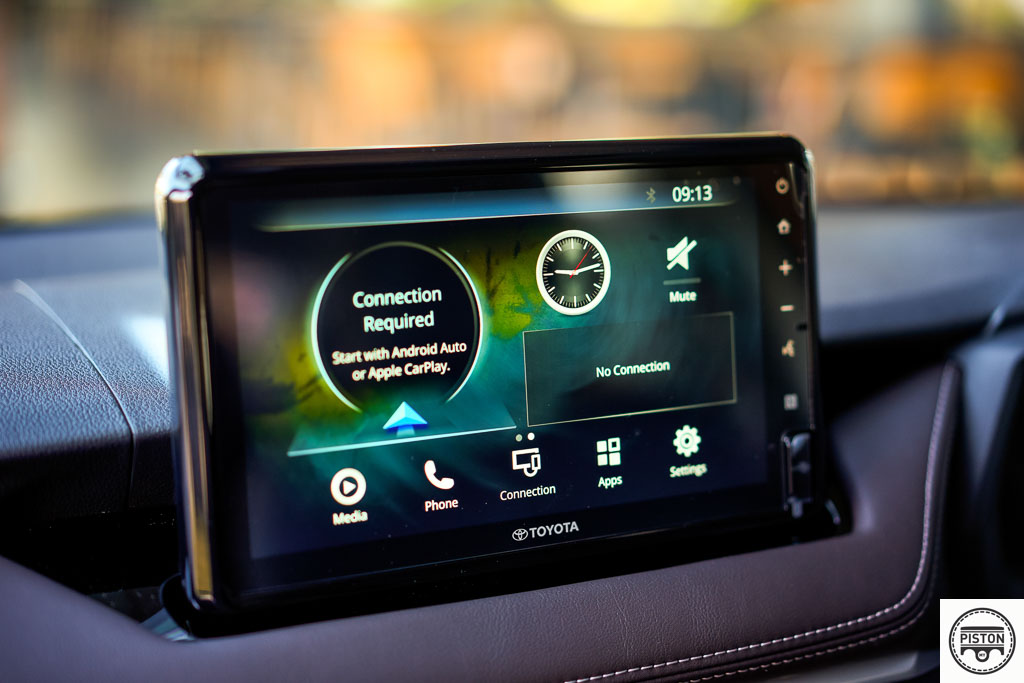
- There’s only one USB slot at the front
- Yes that’s quite a bummer but Toyota is only offering a single USB slot up front and that too in the housing of the 9-inch touchscreen which makes it feel like an afterthought.
- Toyota’s engineers from Japan were available for questions and we did ask them why they only offered one USB port.
- Besides pointing towards market research results and the fact that there is a wireless charge pad, they also say that too many USB ports tend to clutter the area which makes it too messy and dangerous even.
- There are two USB ports at the back though, one Type C and one Type A.
- Oh, and we love the fact that there are cupholder built into the dashboard and into the rear door panels, making this the perfect road trip car.
And one final detail that you should know about is the fact that the all-new Vios is quieter. Achieved through the clever use of foam technology around strategic areas (Toyota didn’t say where), Toyota also uses acoustic glass for the three front glass panels (driver, passenger and windscreen). This helps to keep the NVH levels down to an impressive level.
The Toyota Vios goes on sale on the 20th of March with only two variants being offered and a possible price tag of RM90,000 for the entry level E-Spec and RM96,000 for the top of the line G-Spec.

